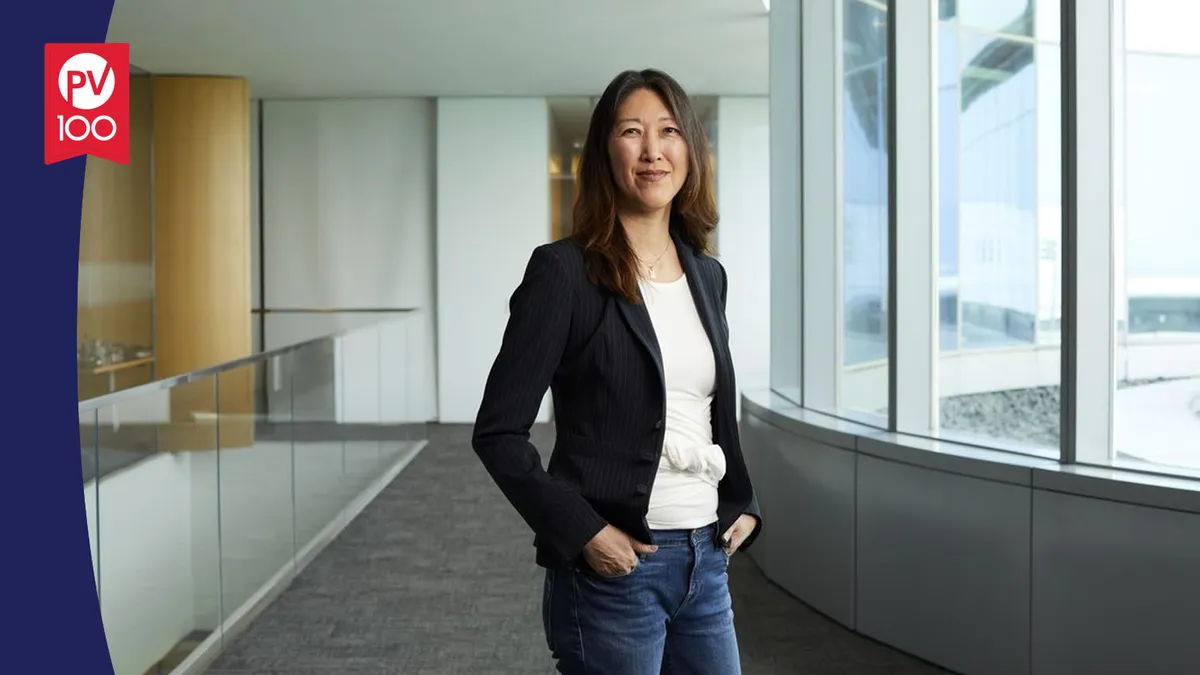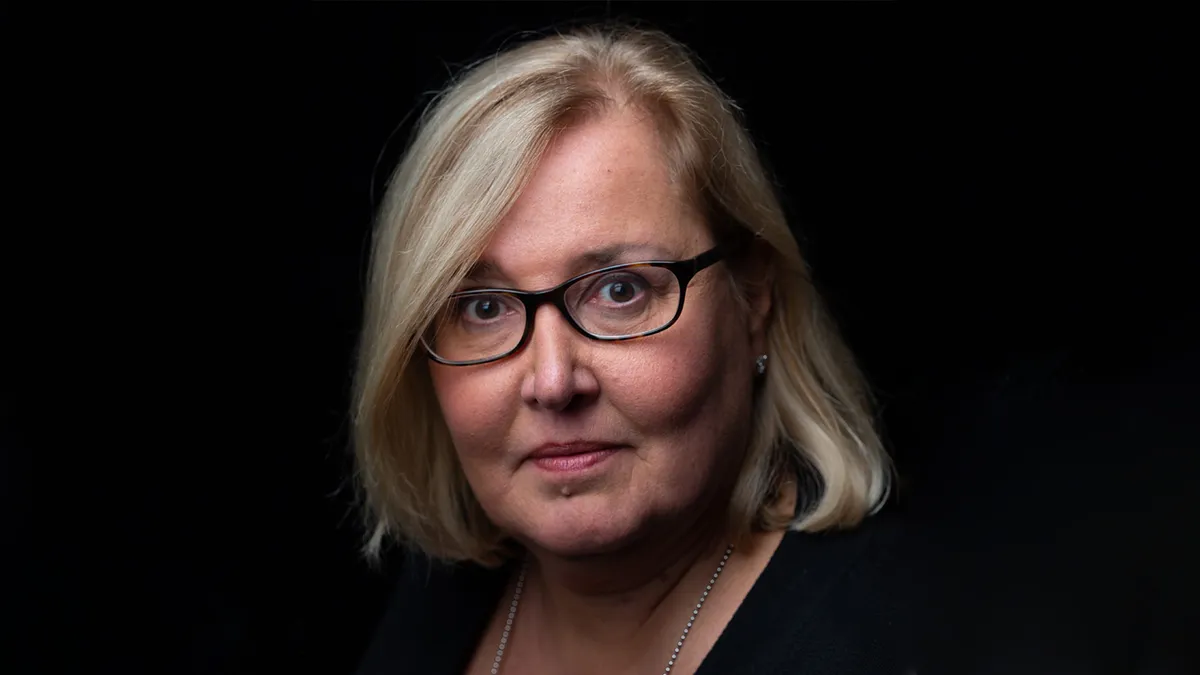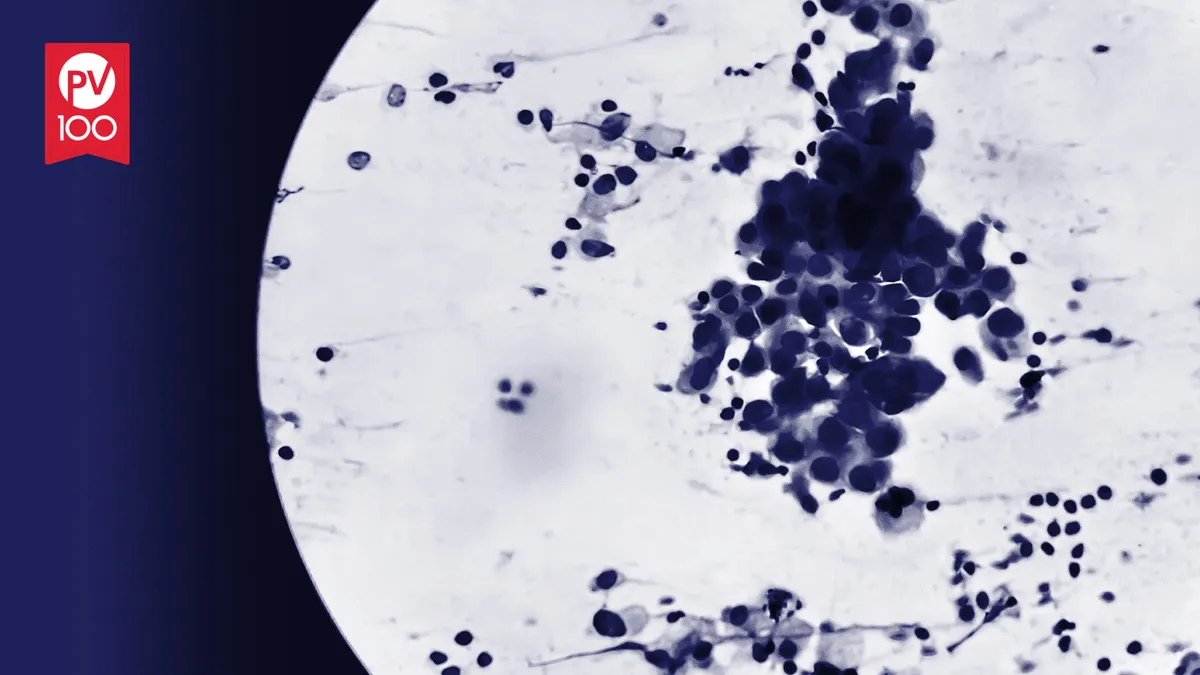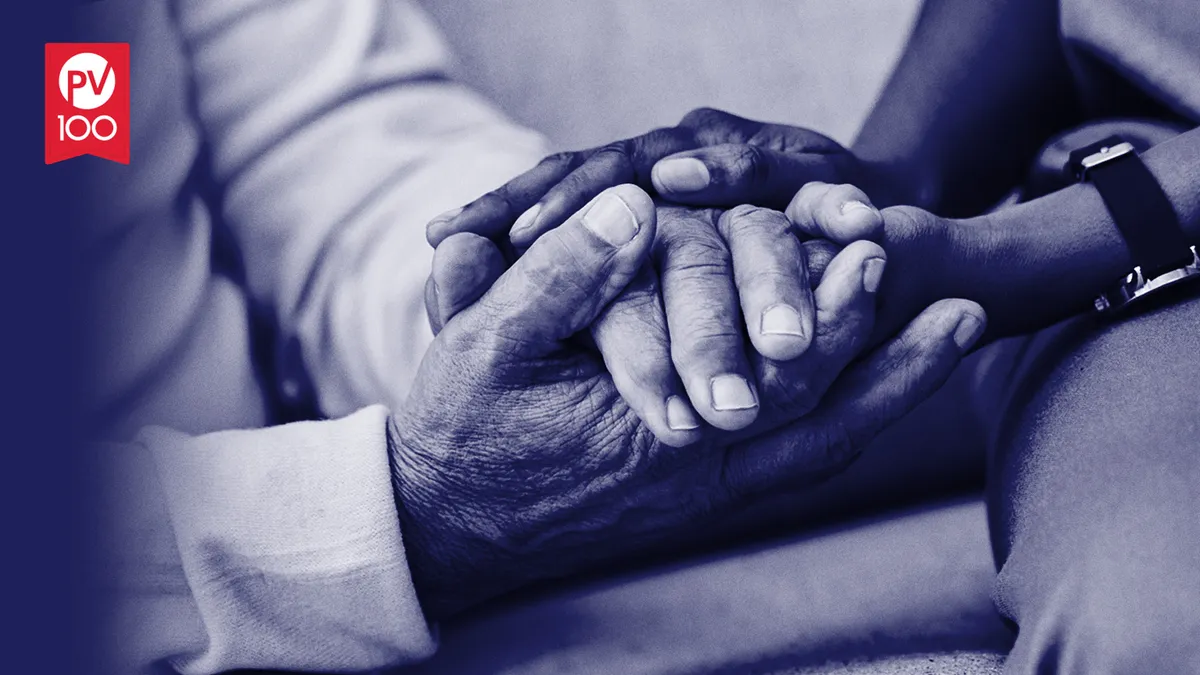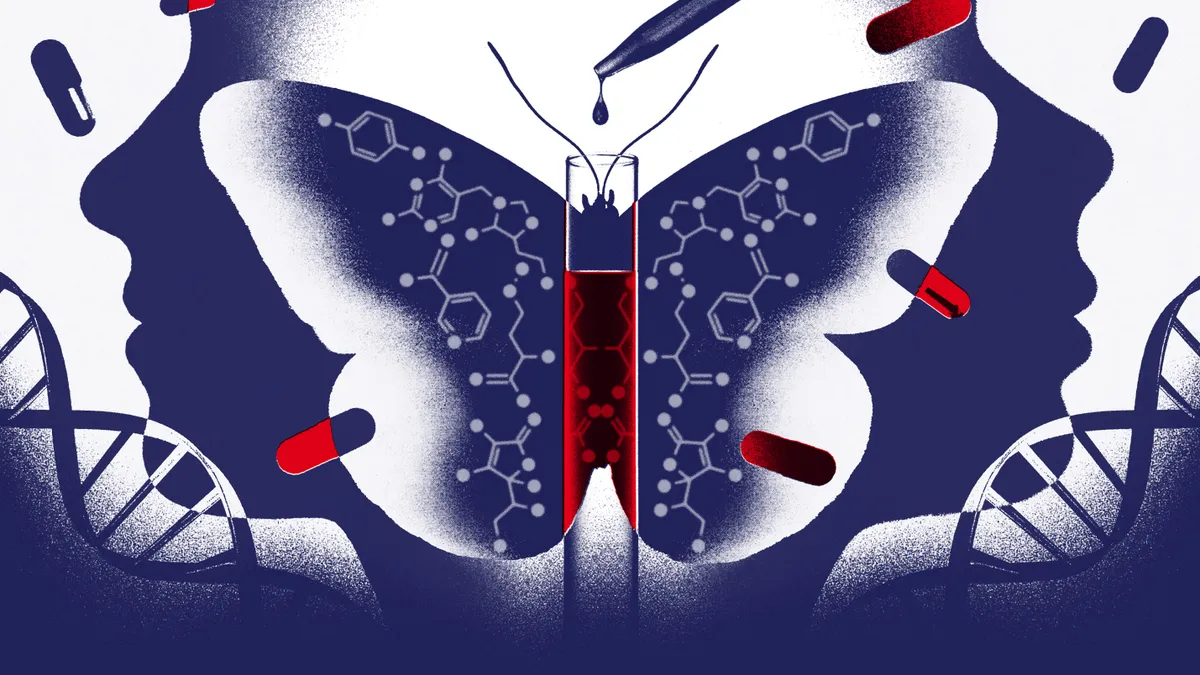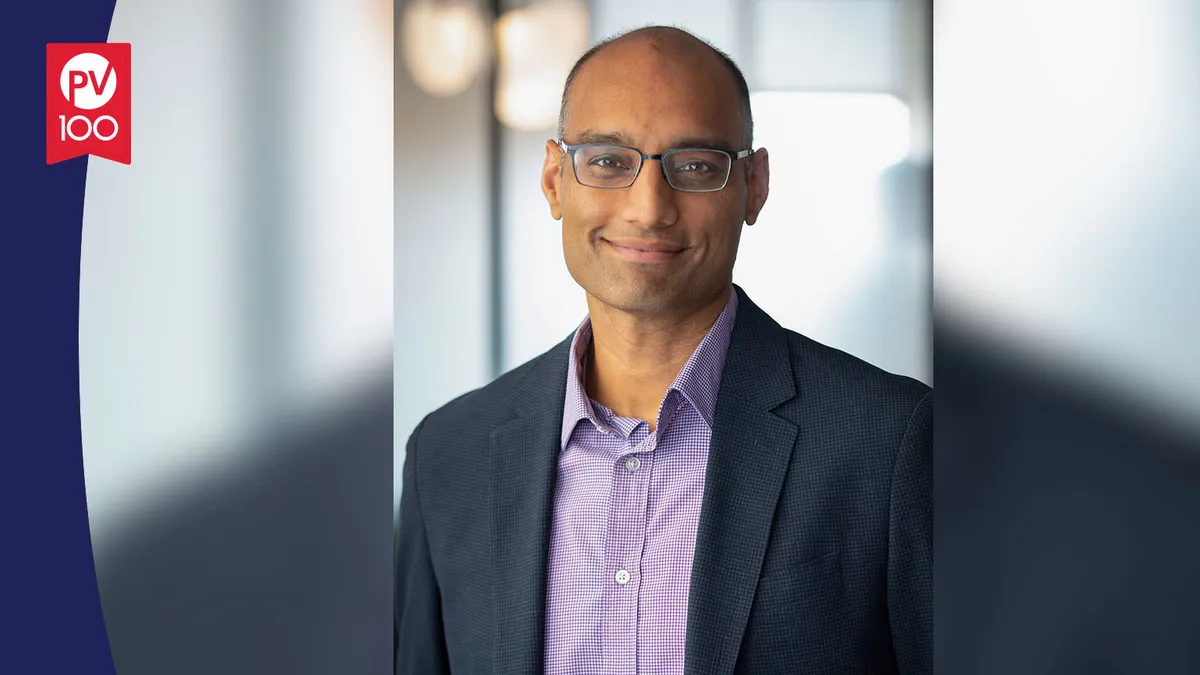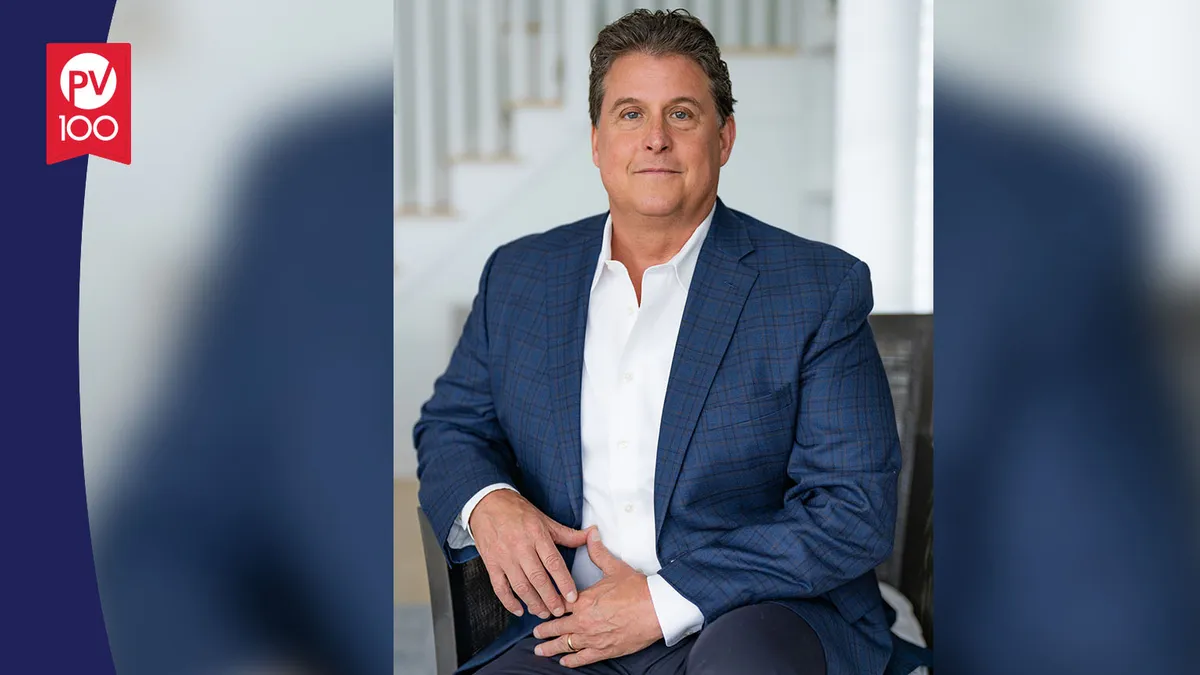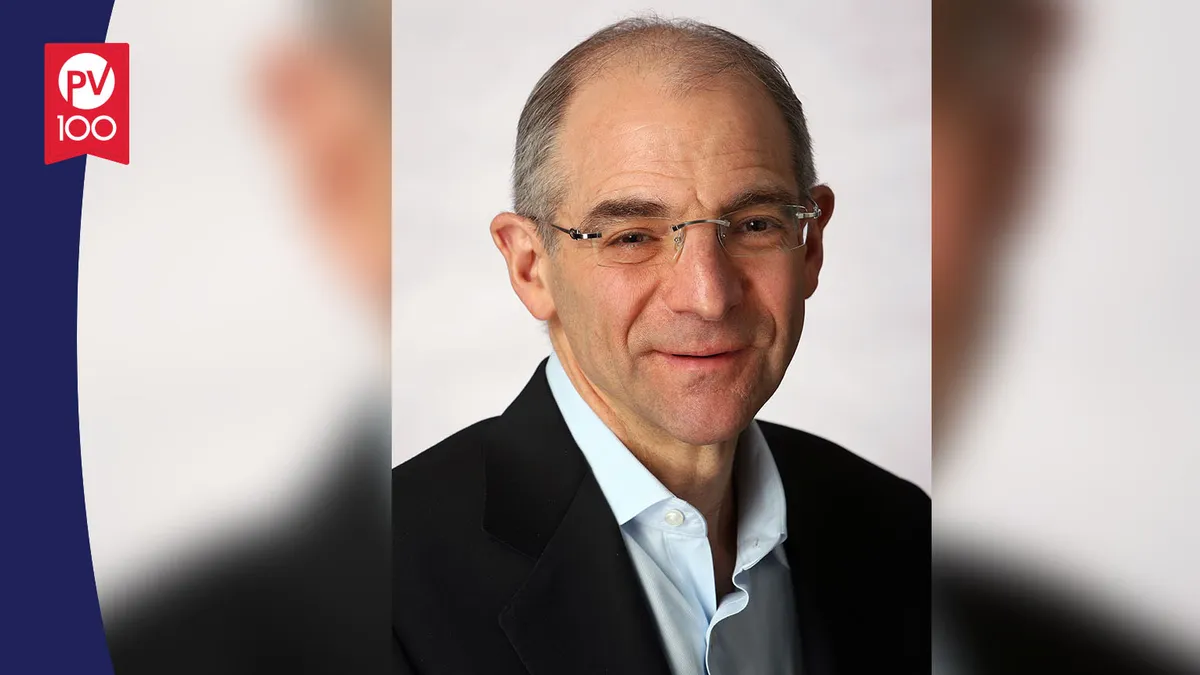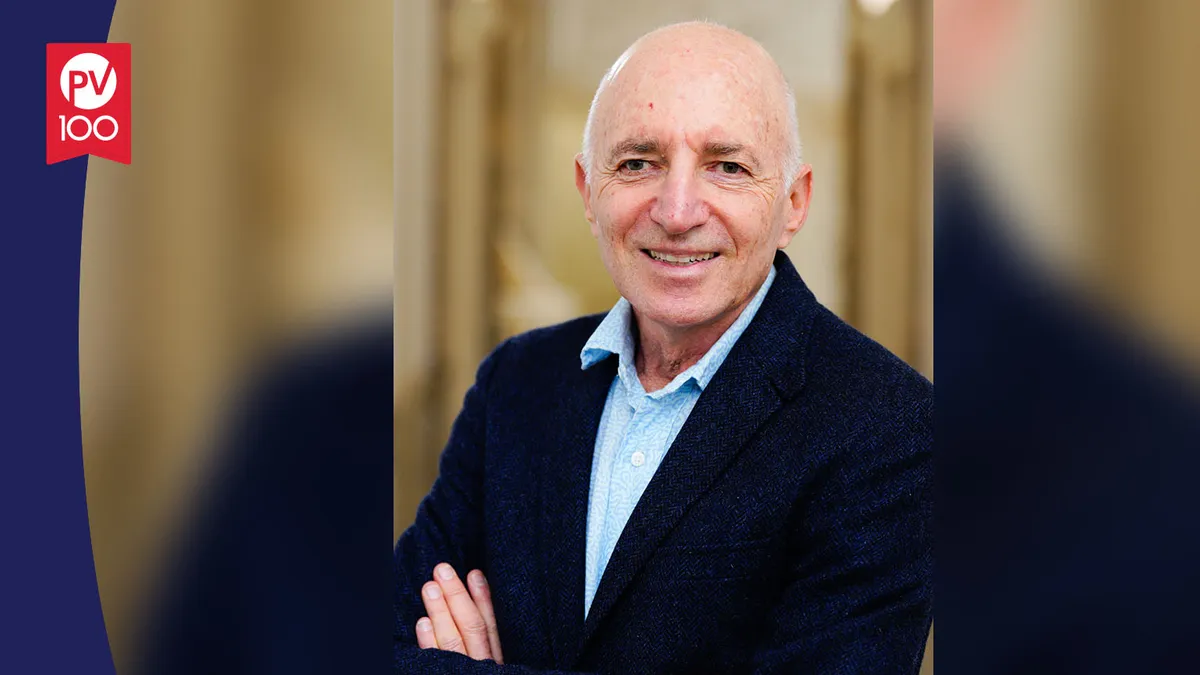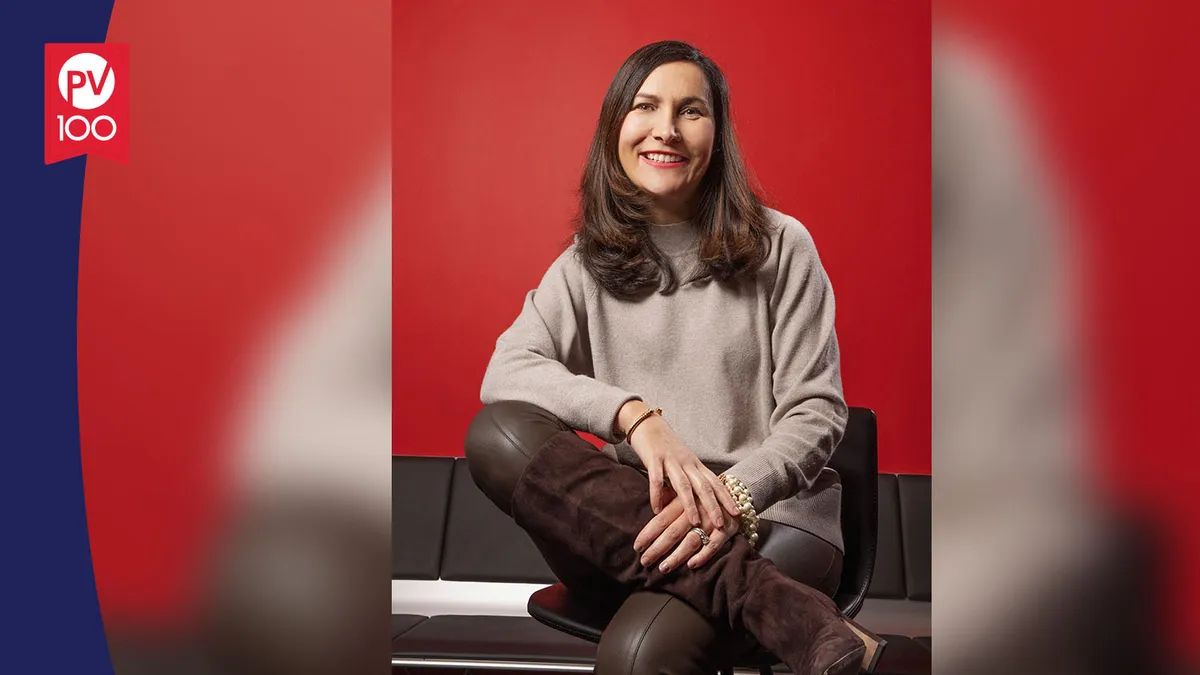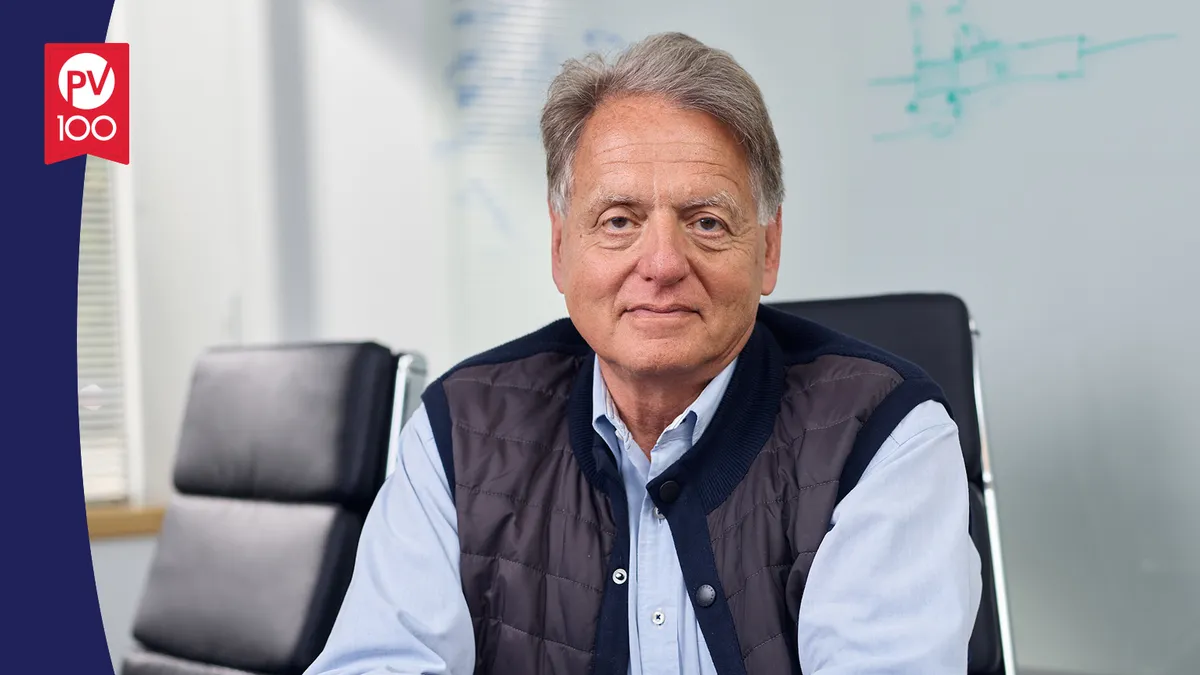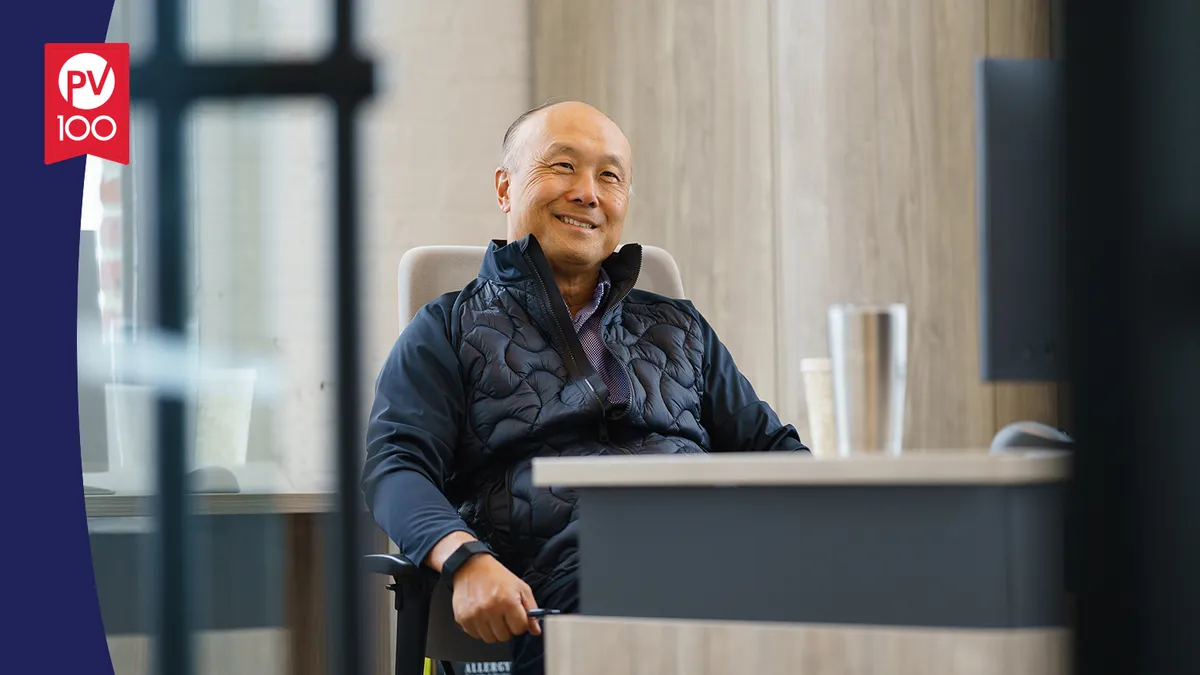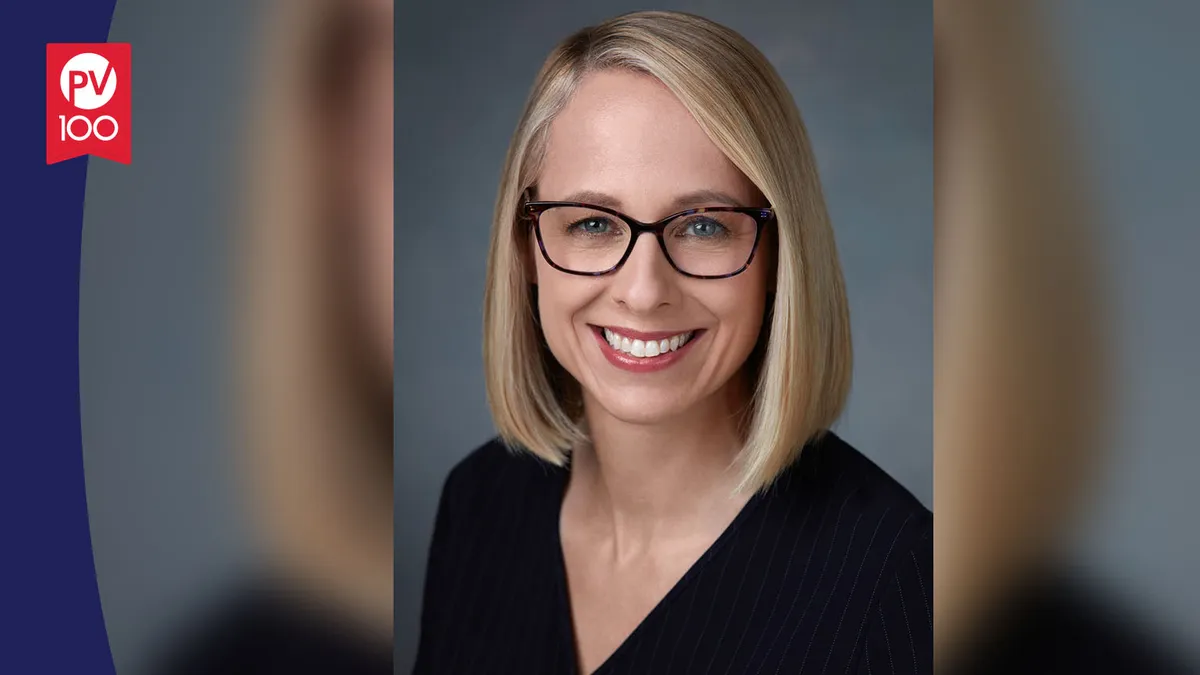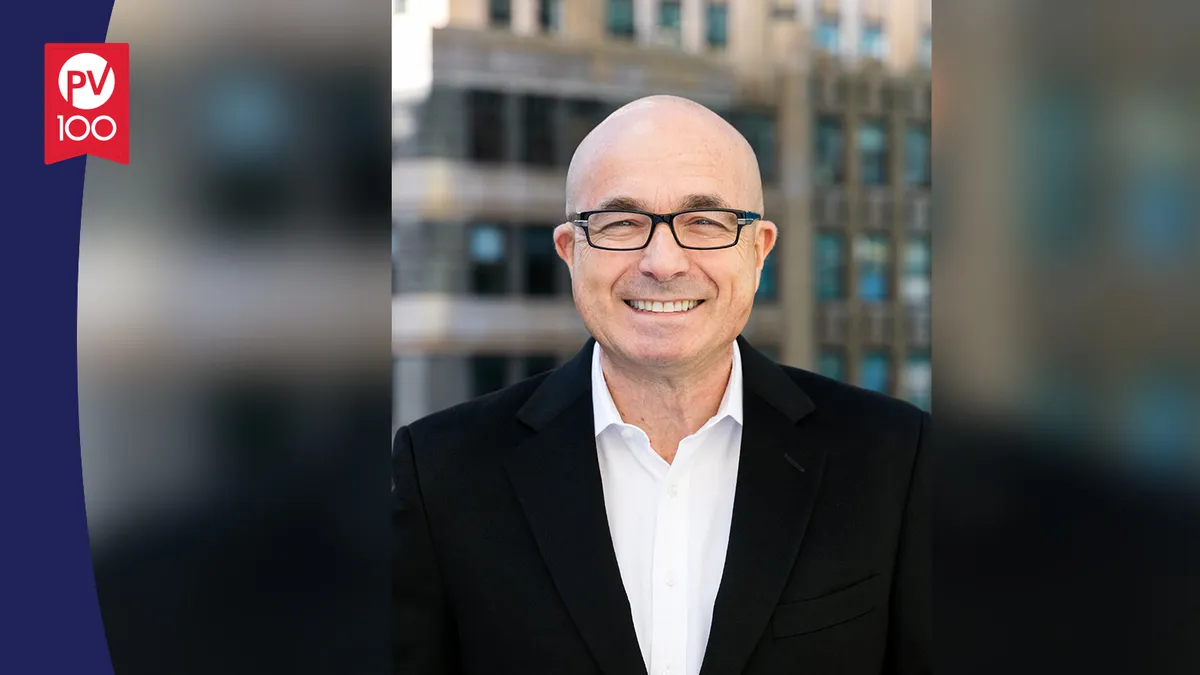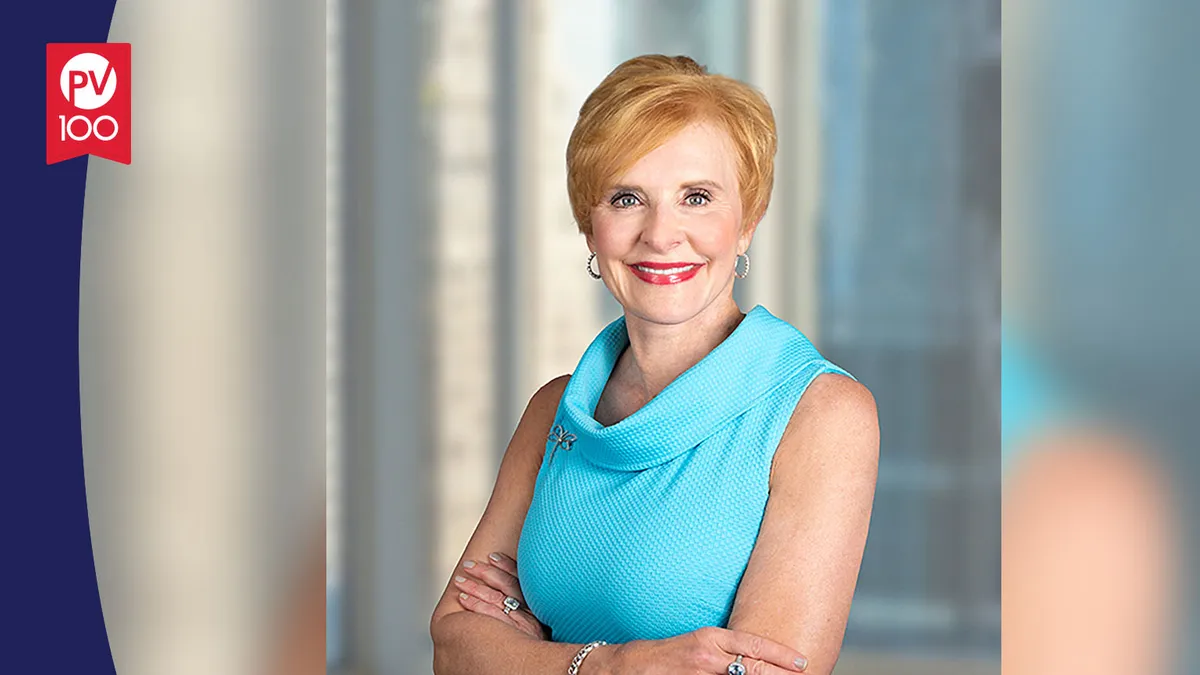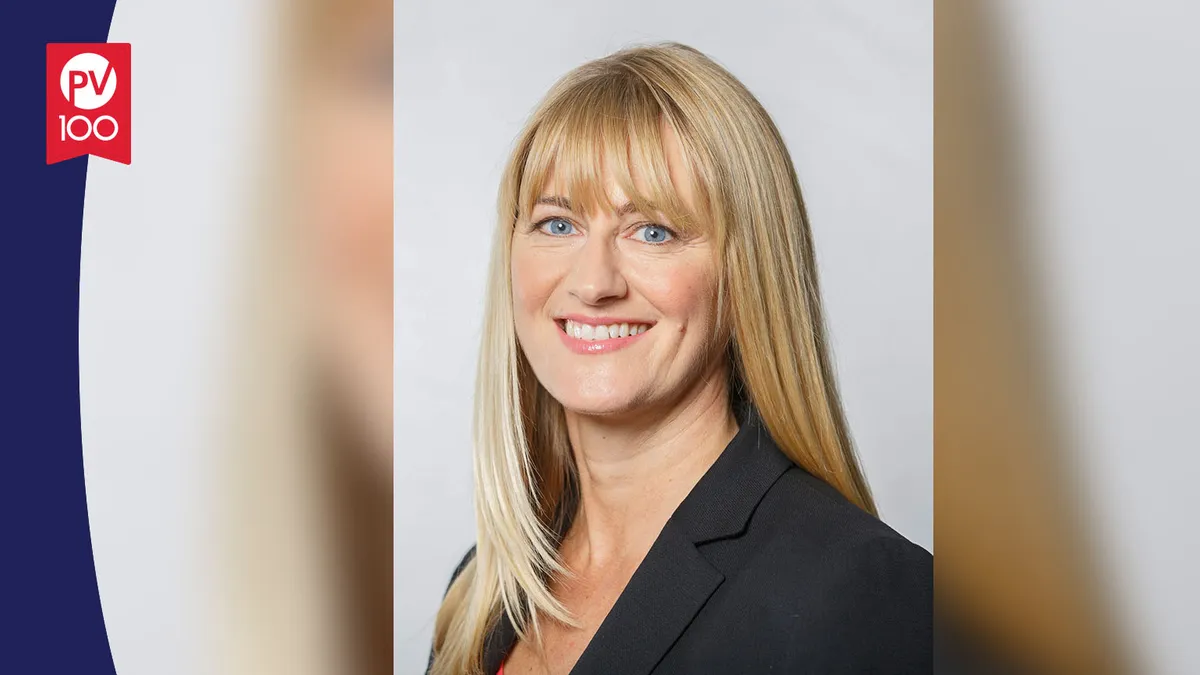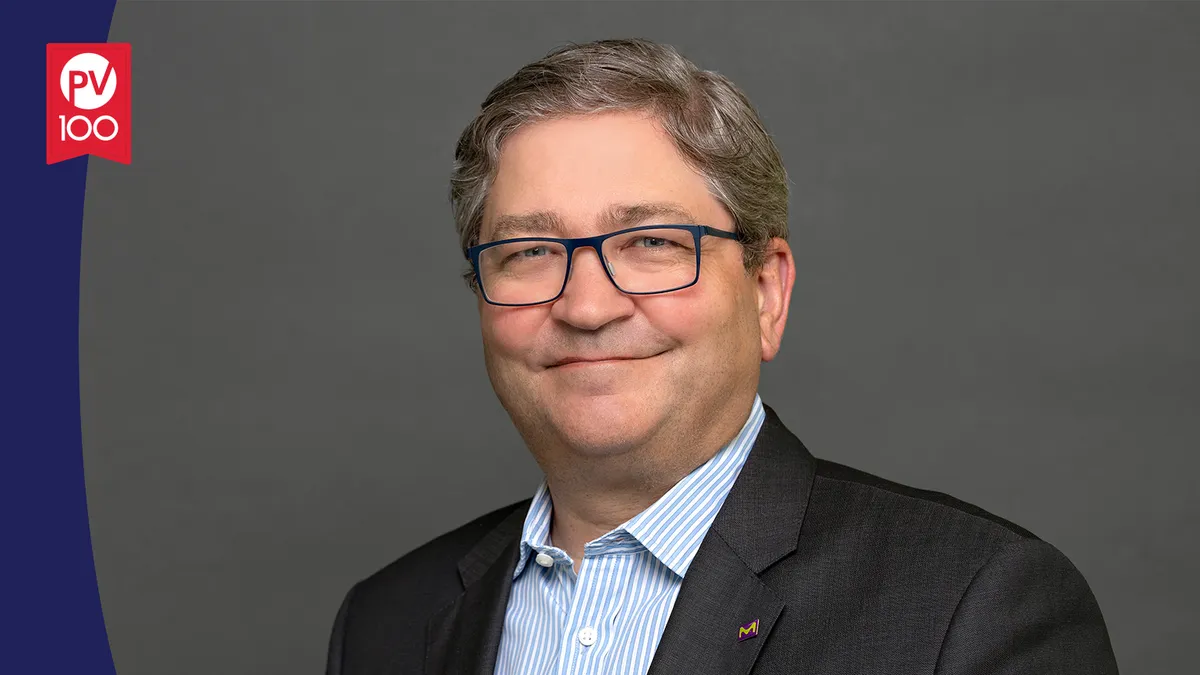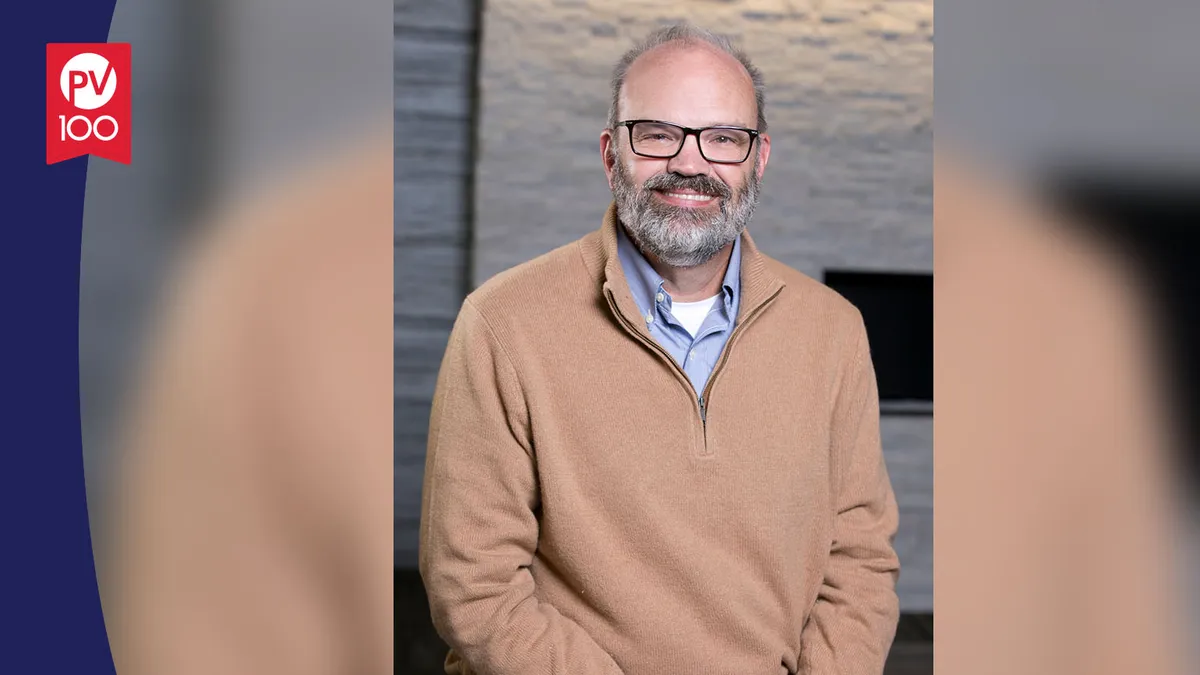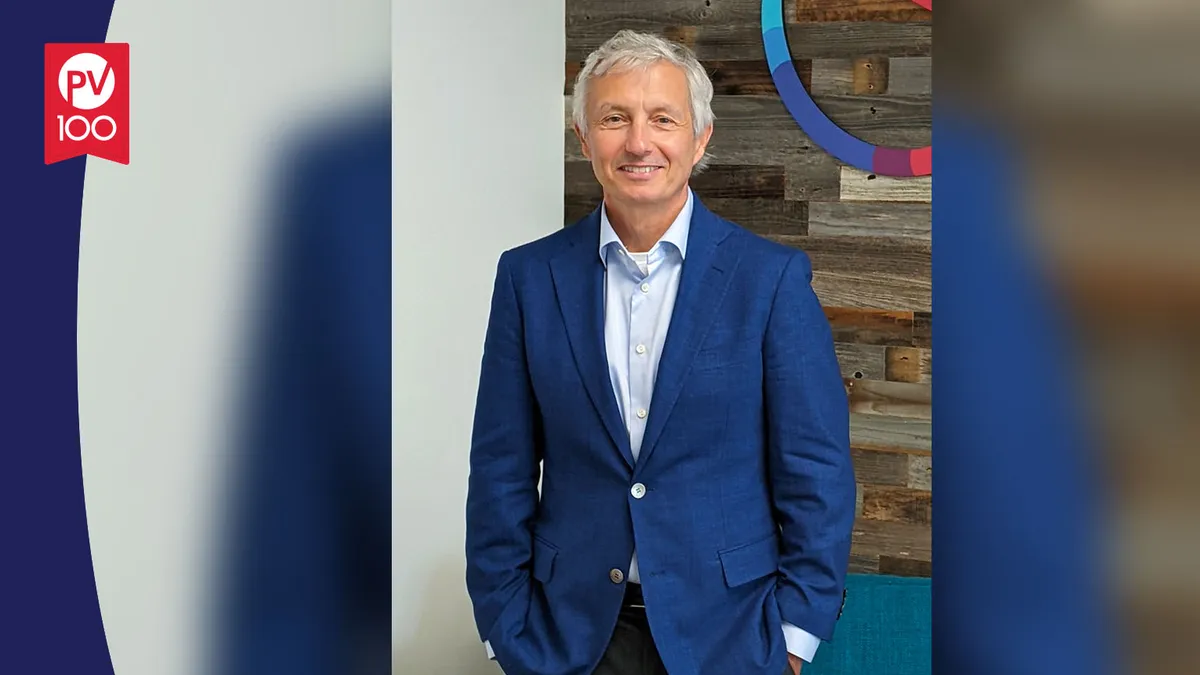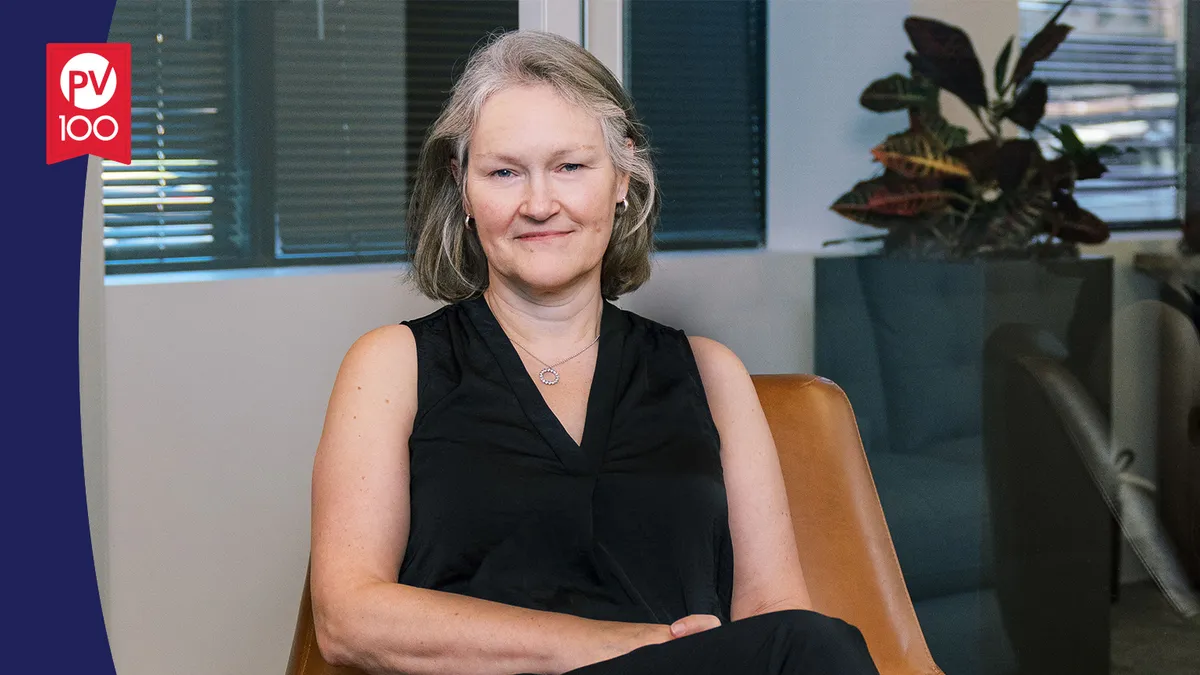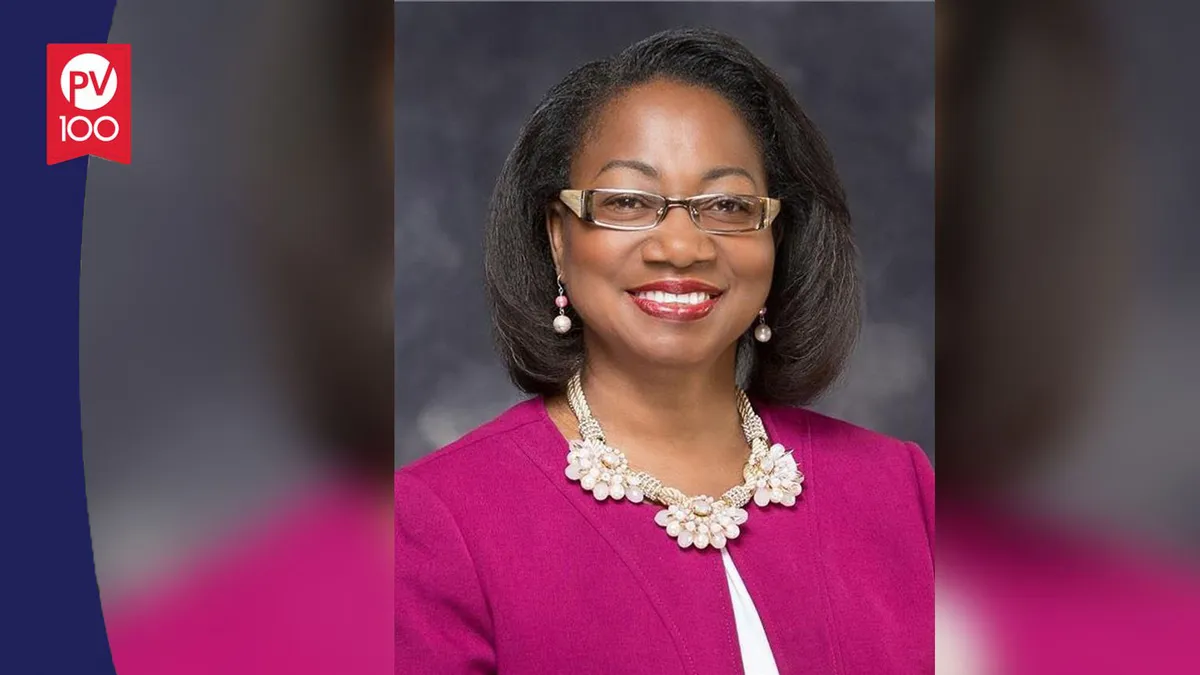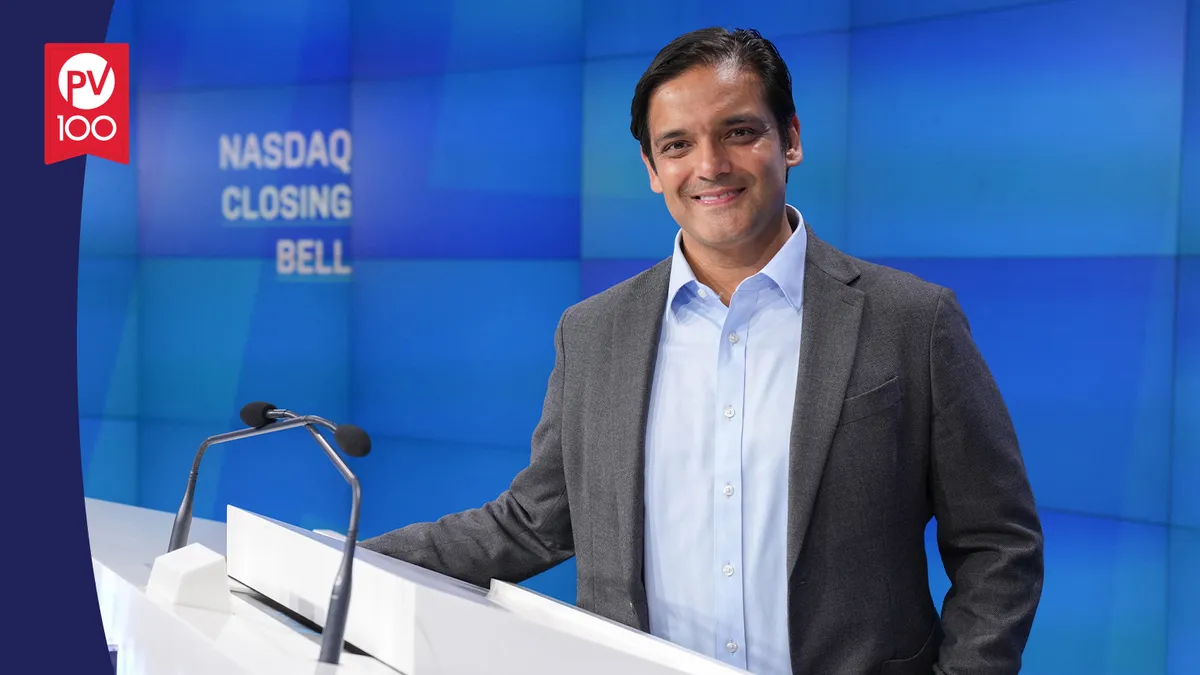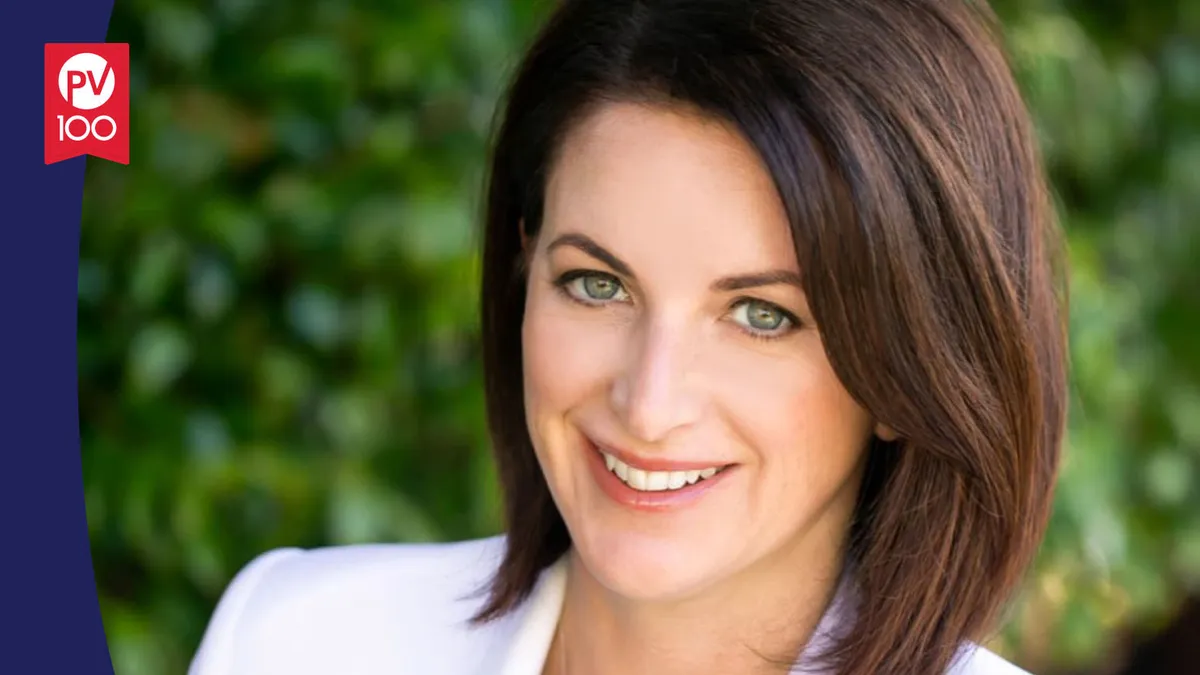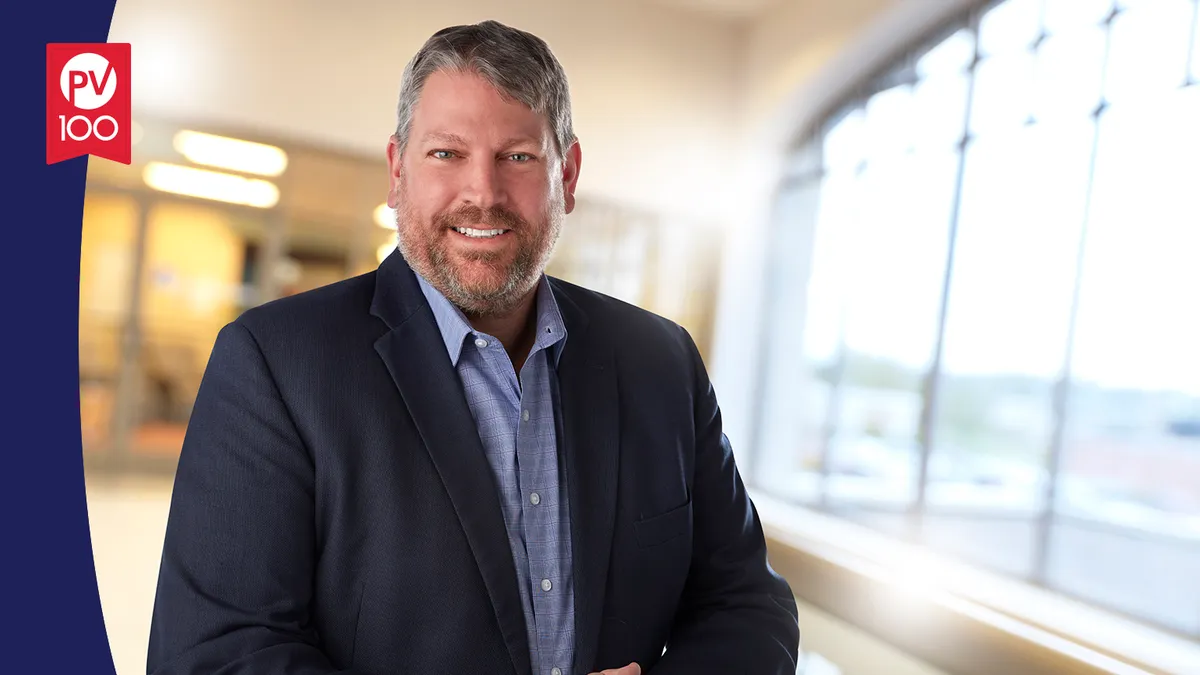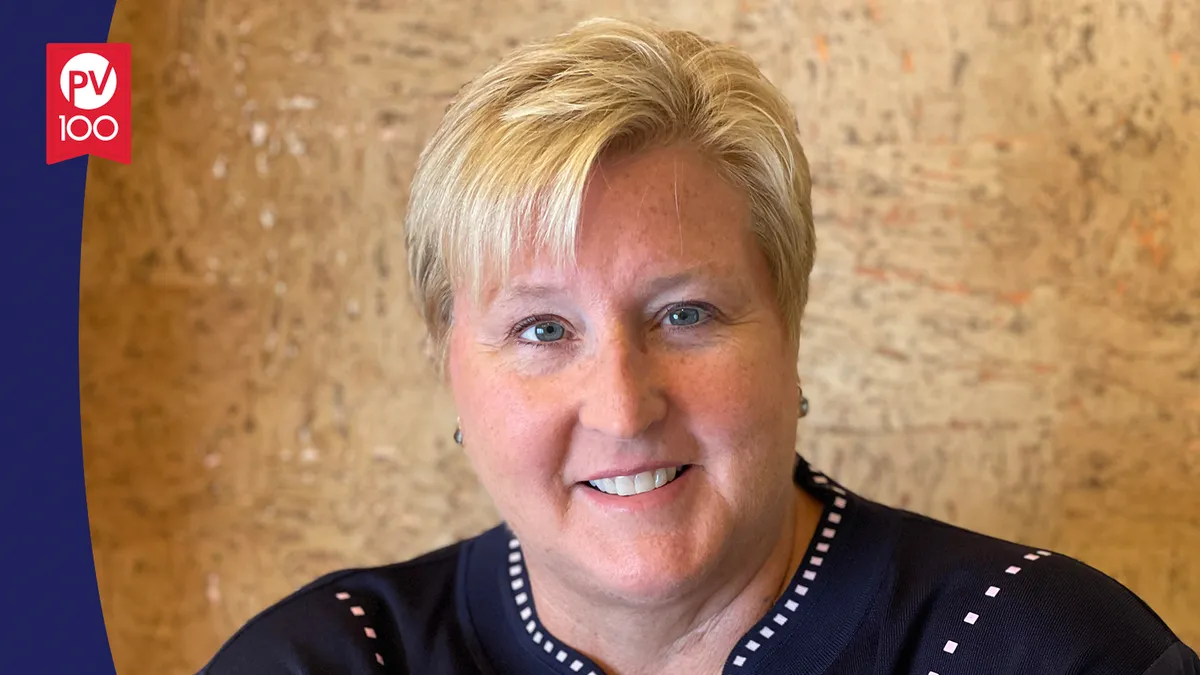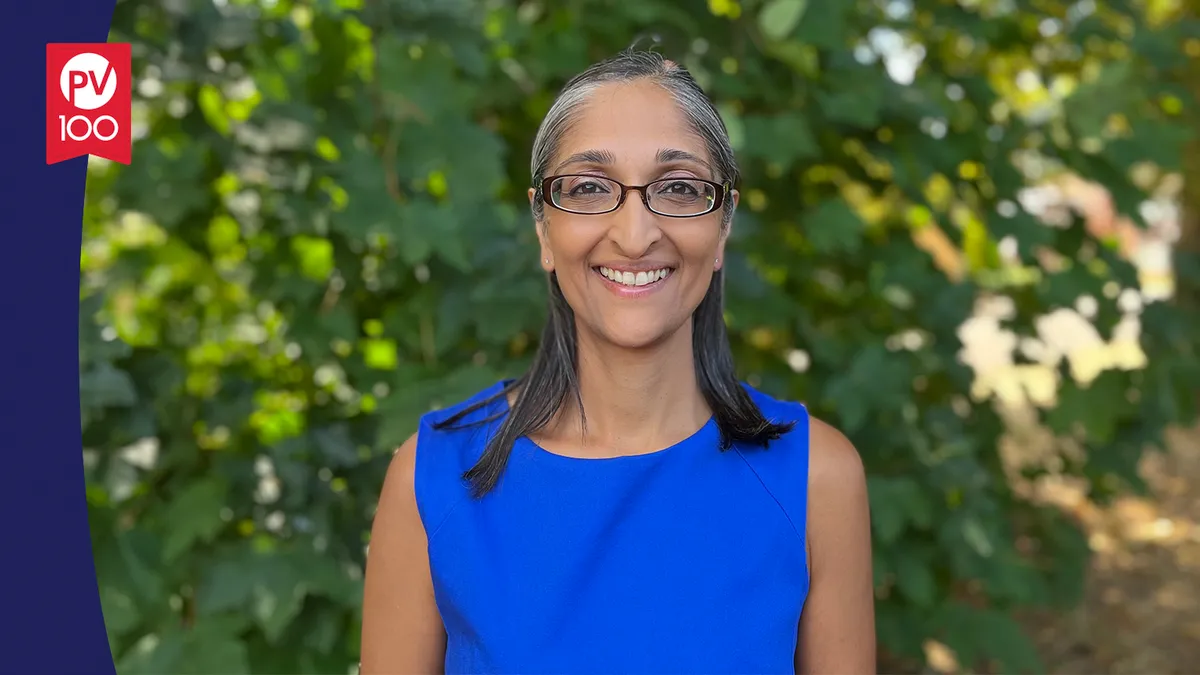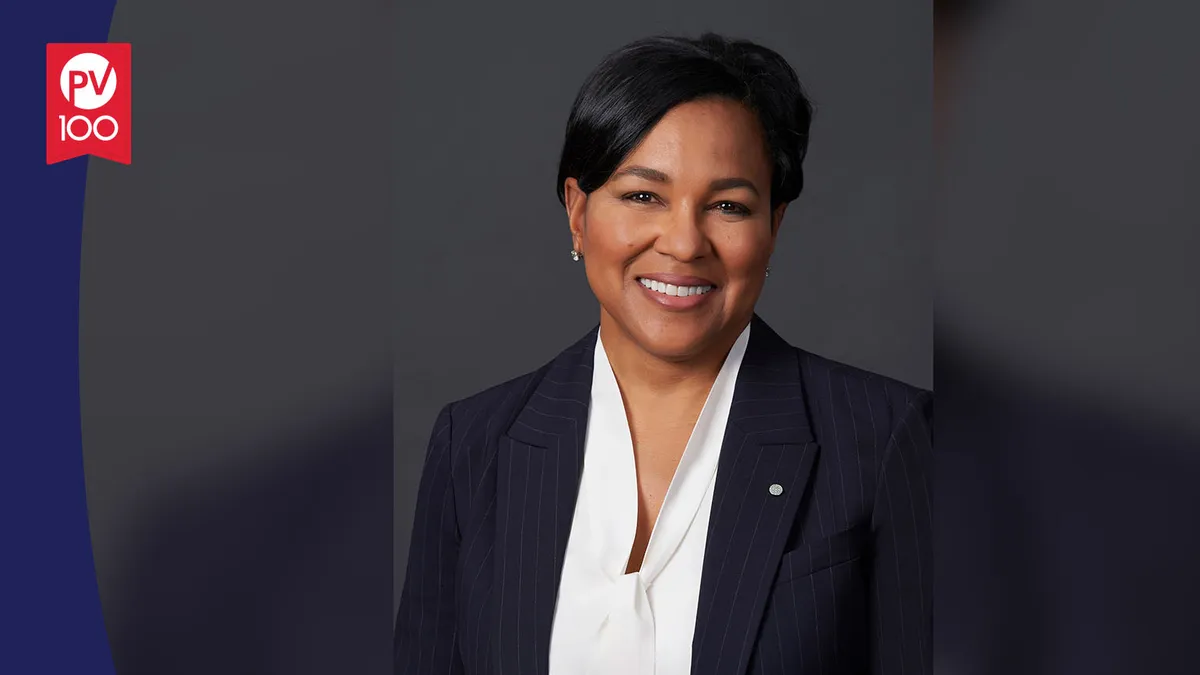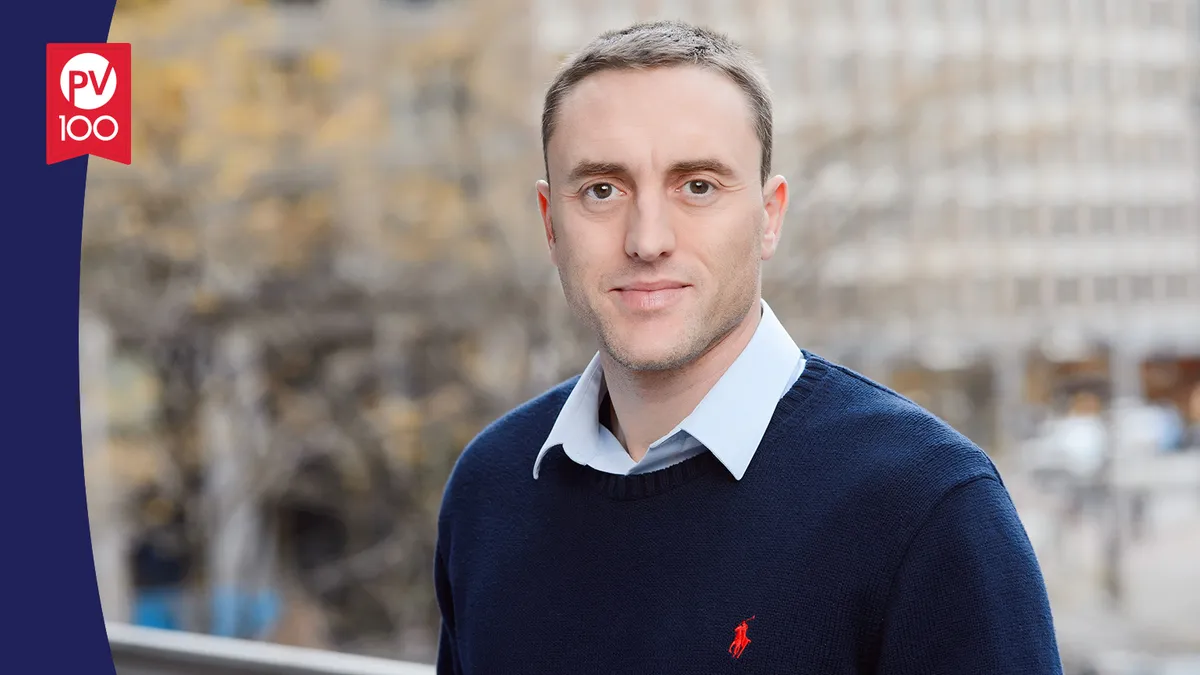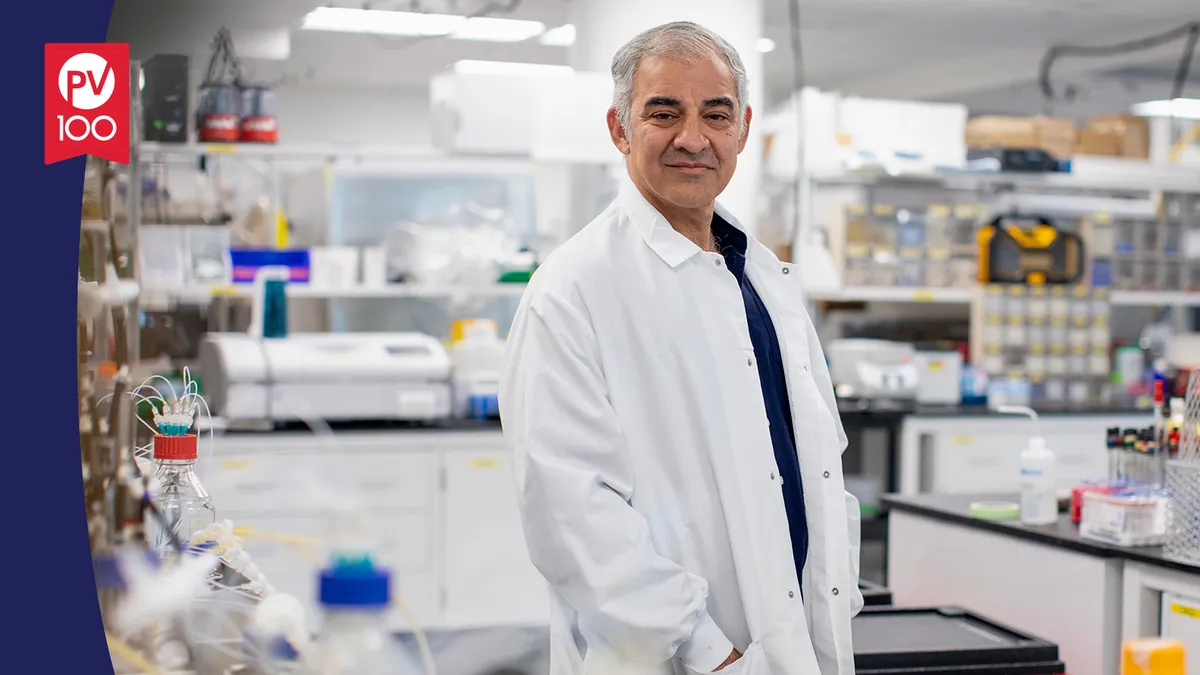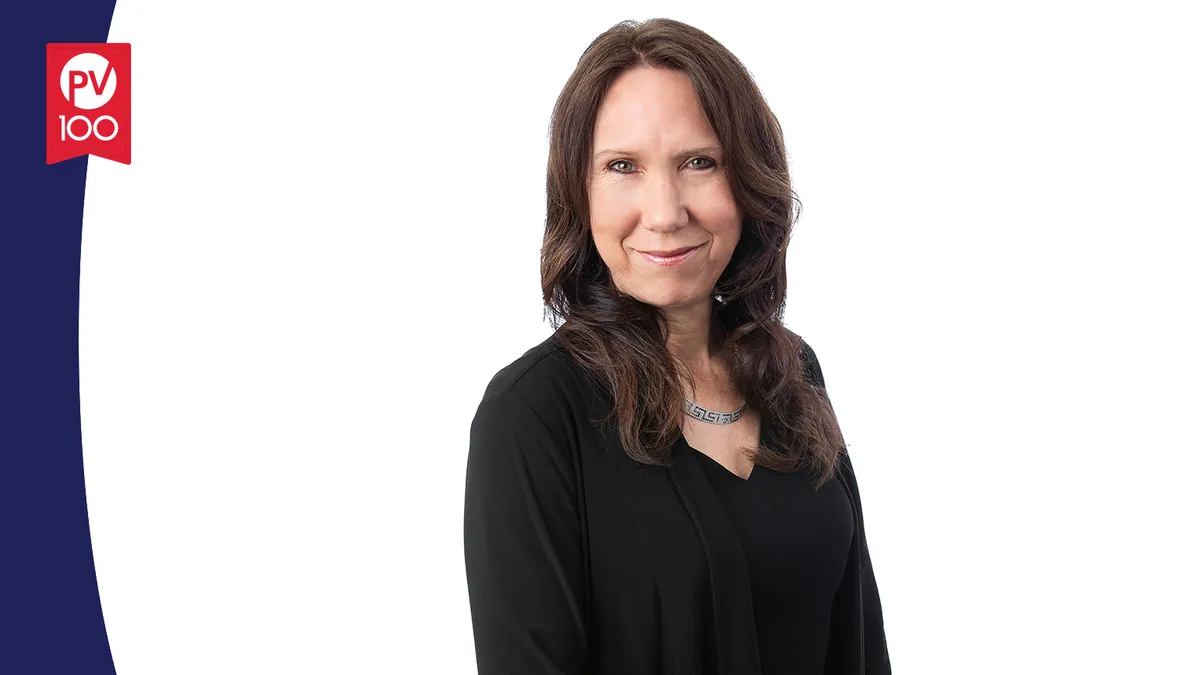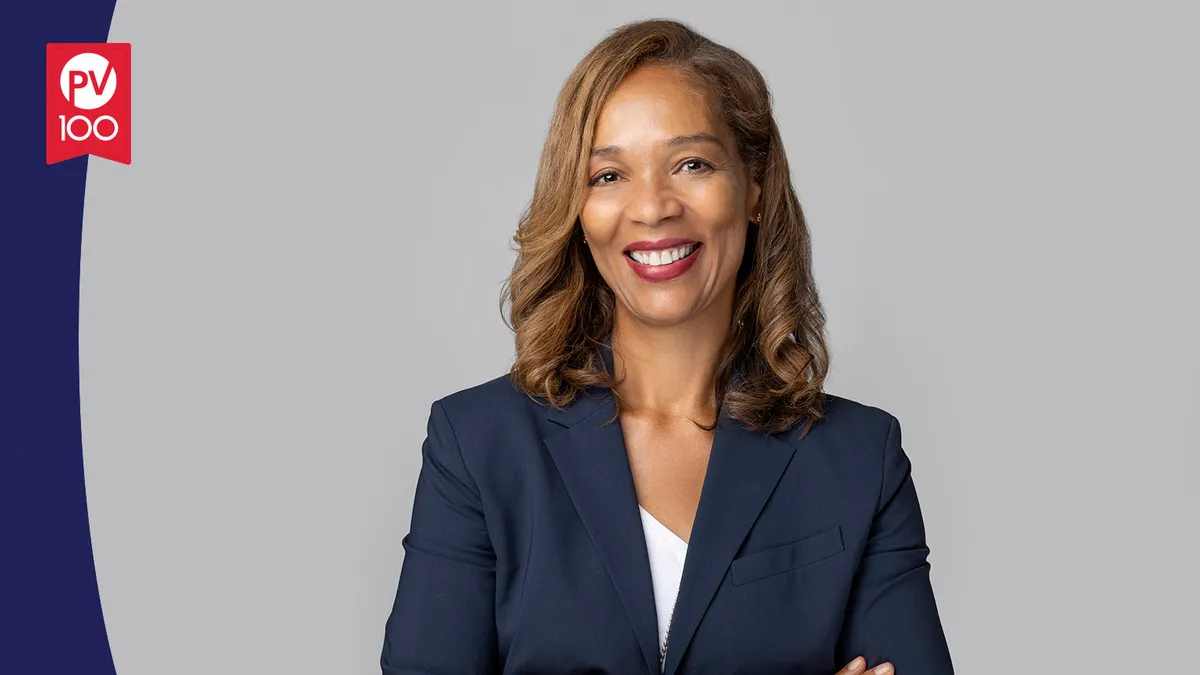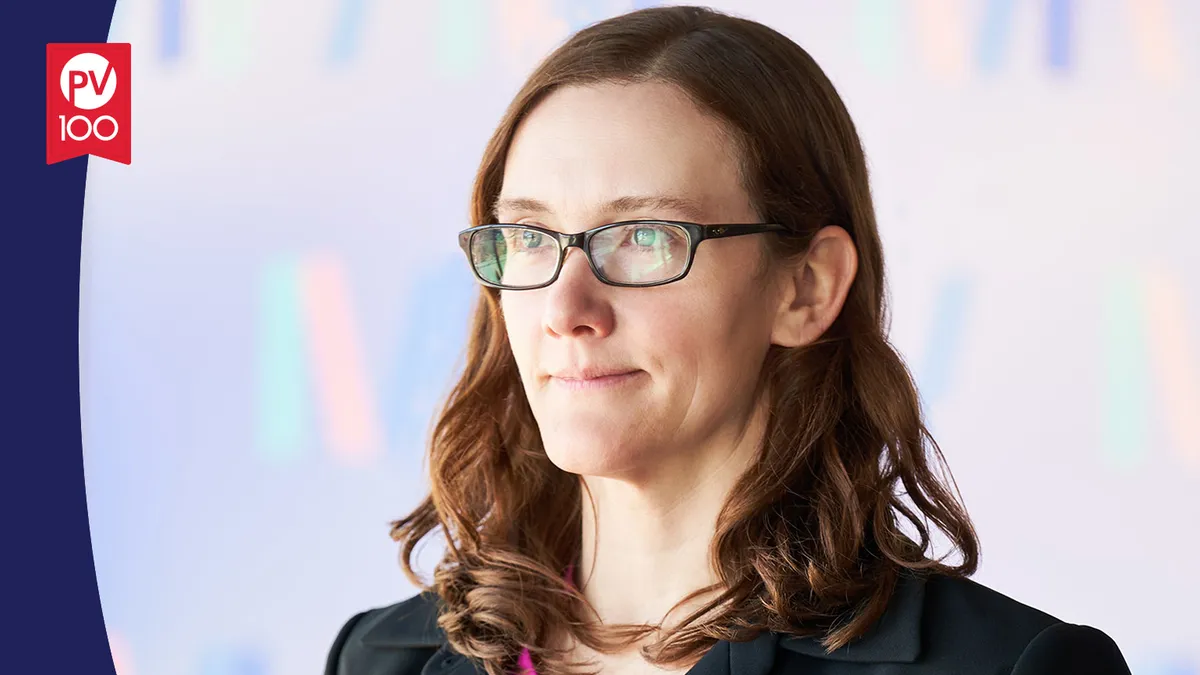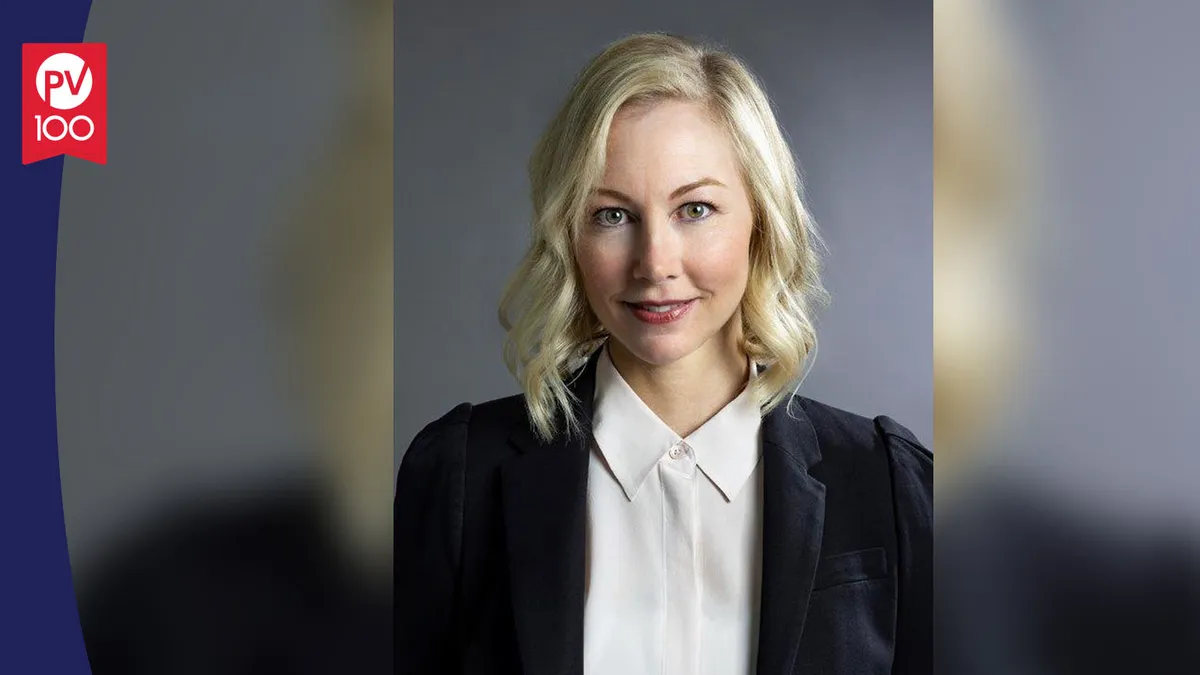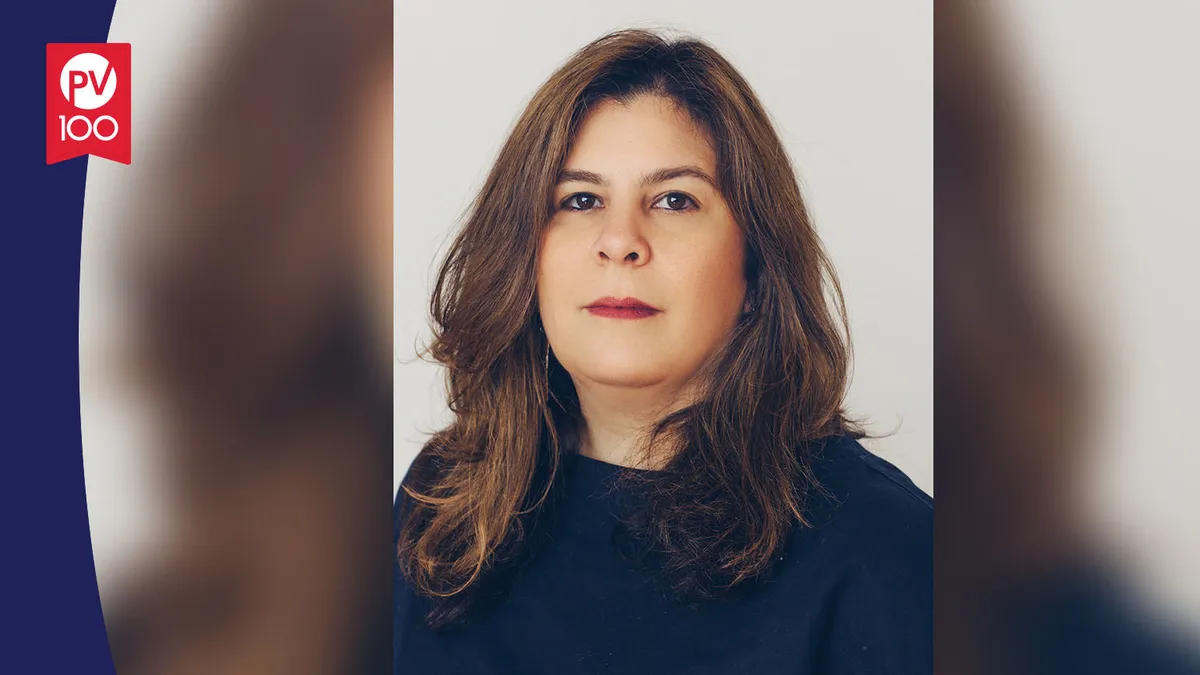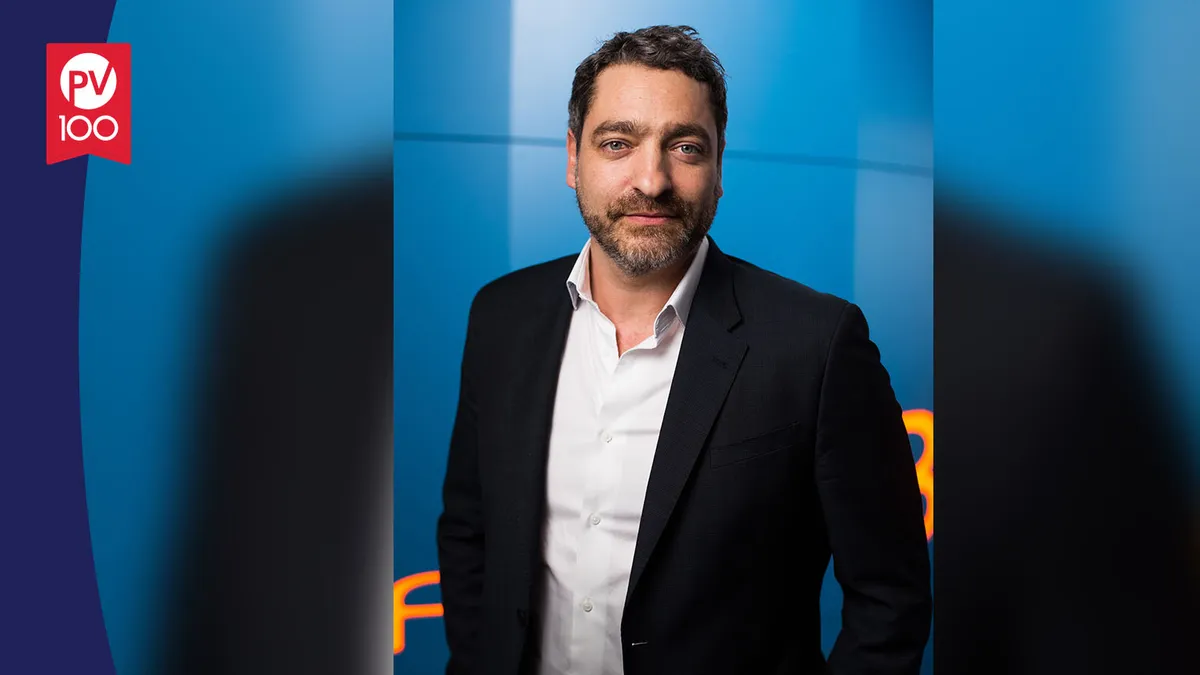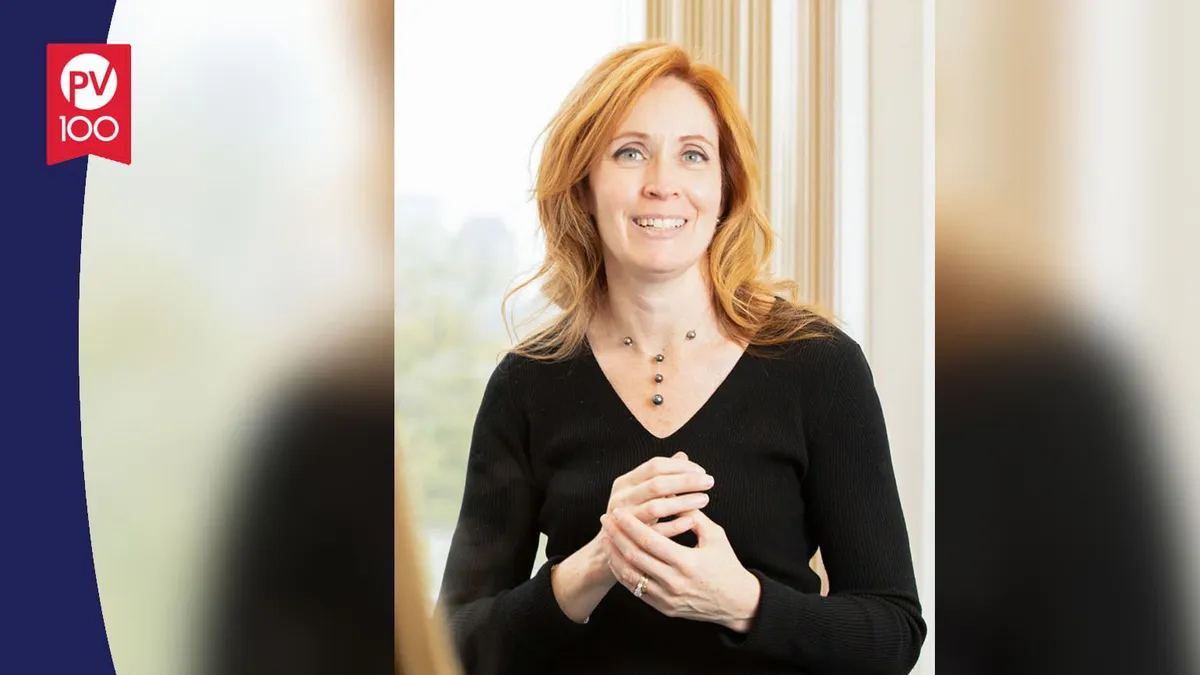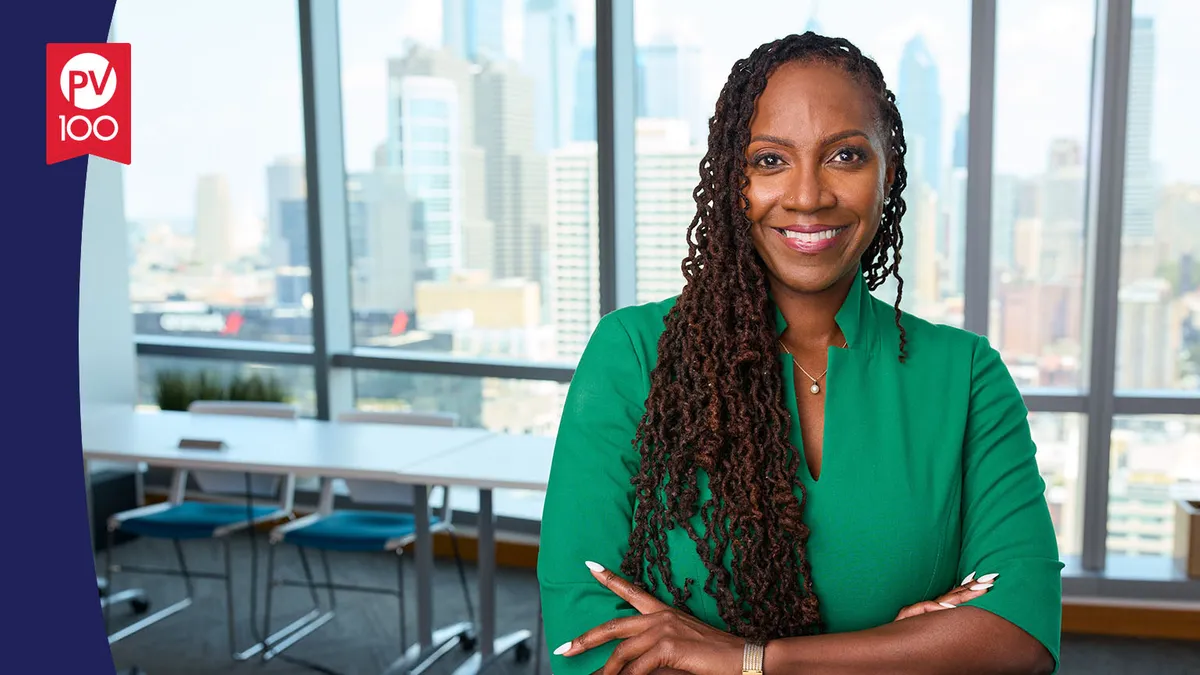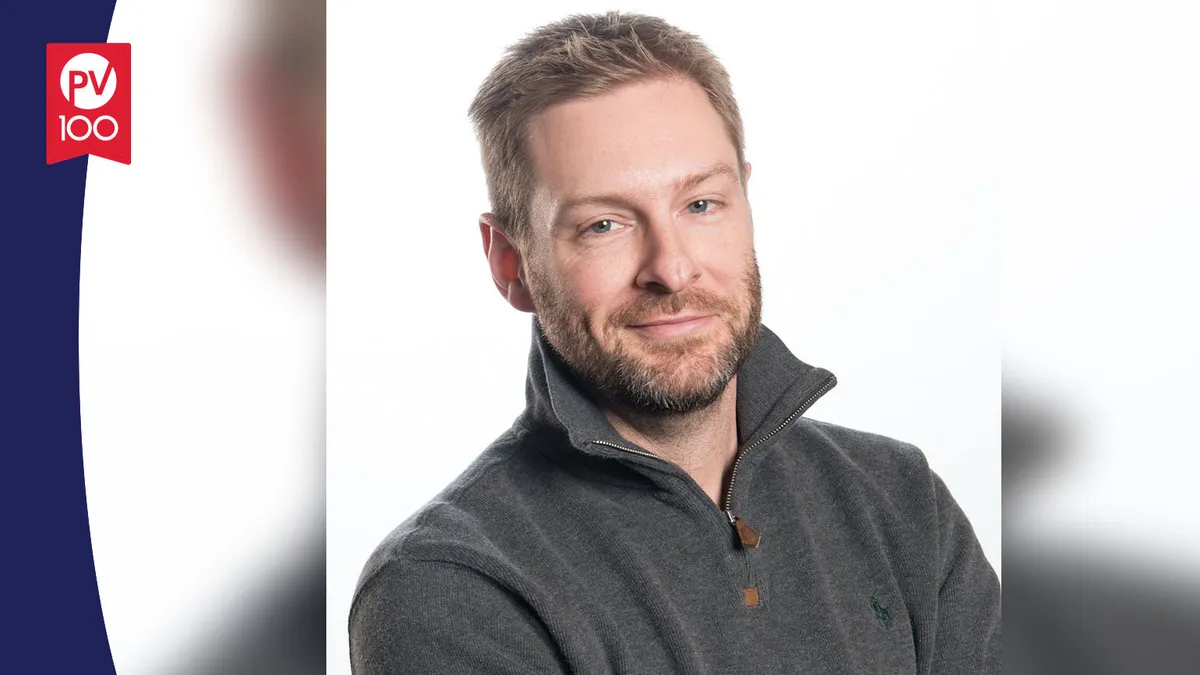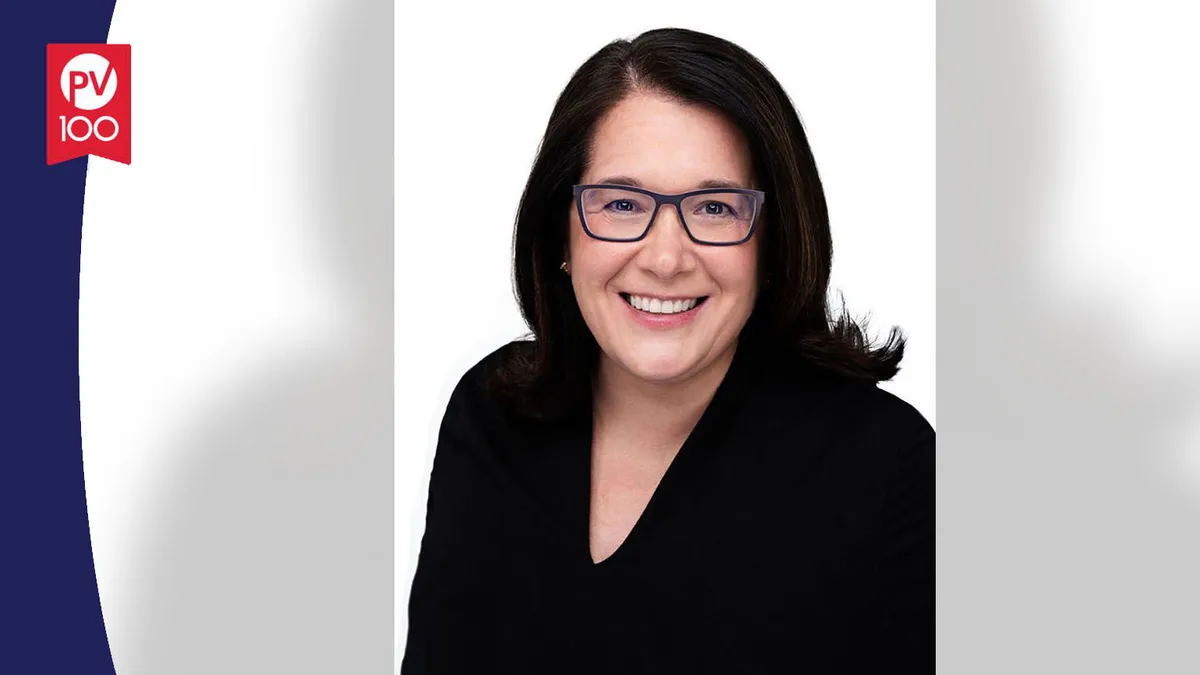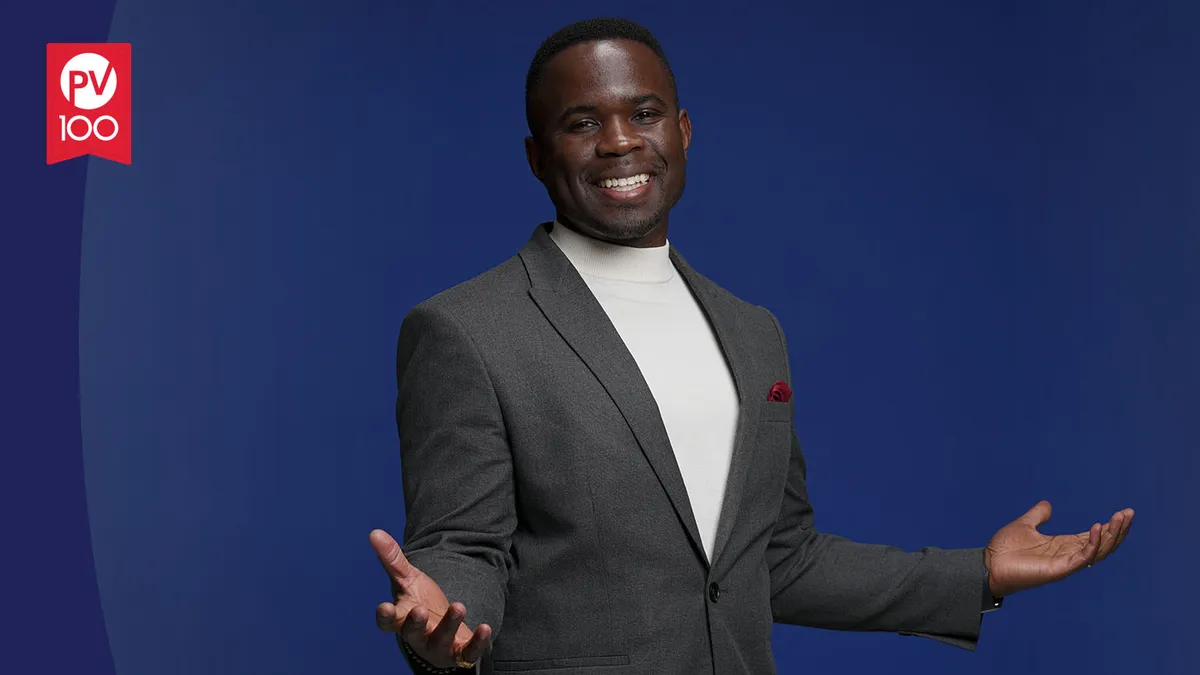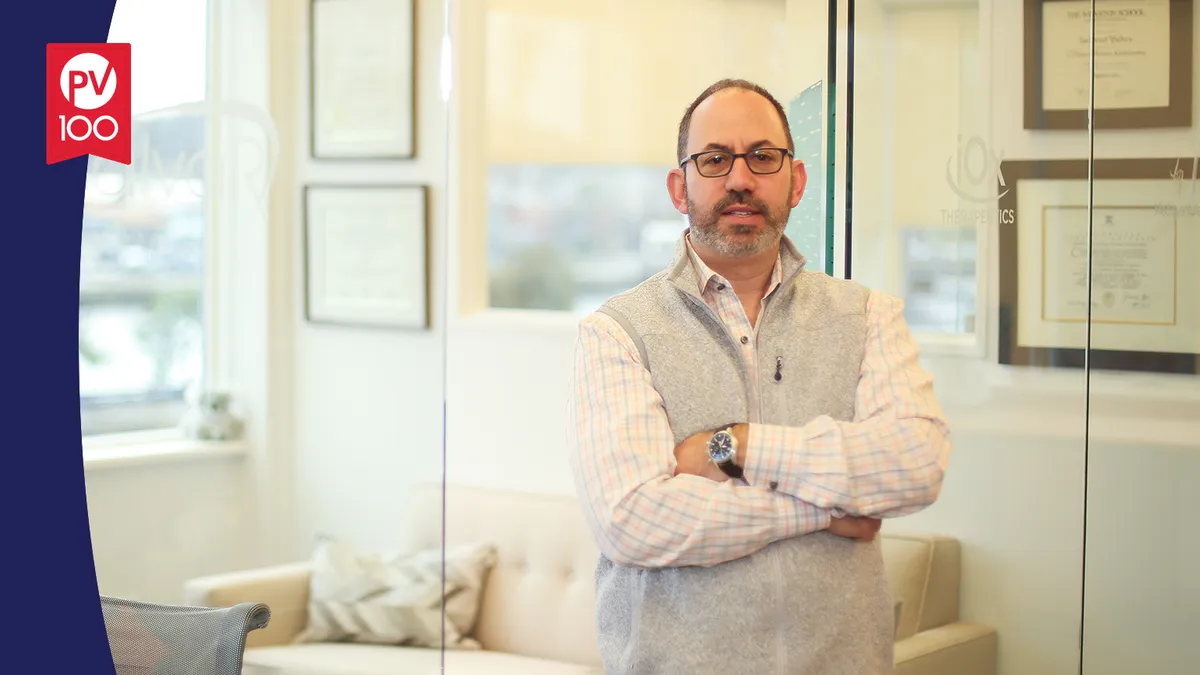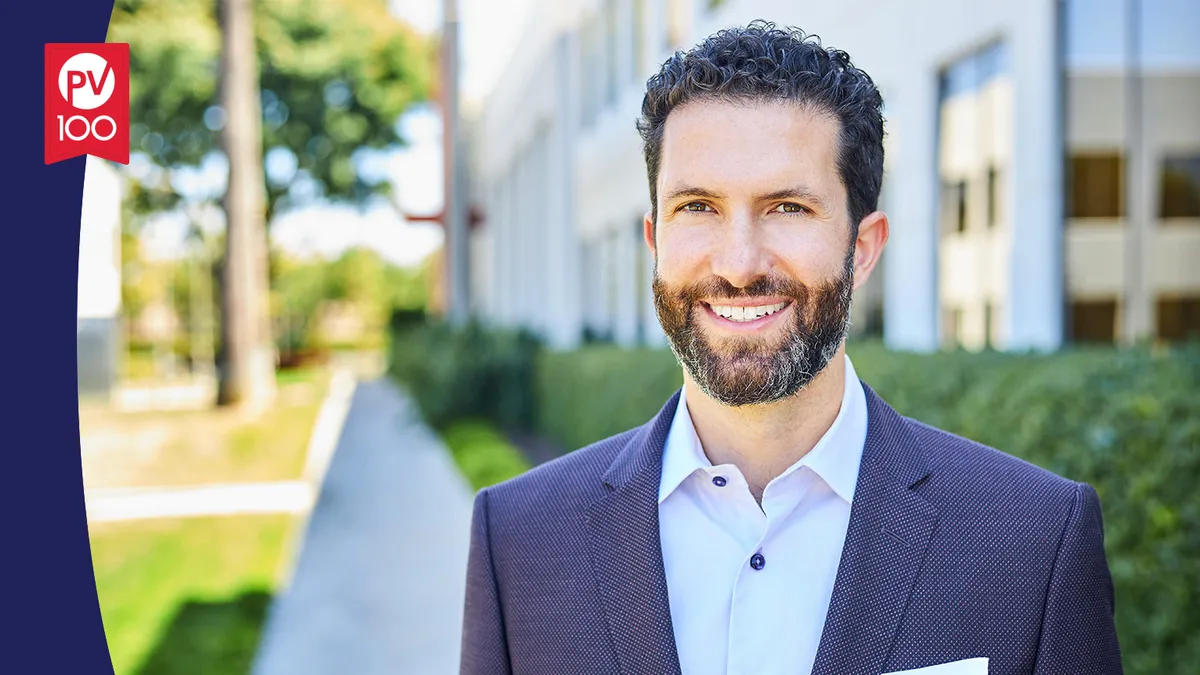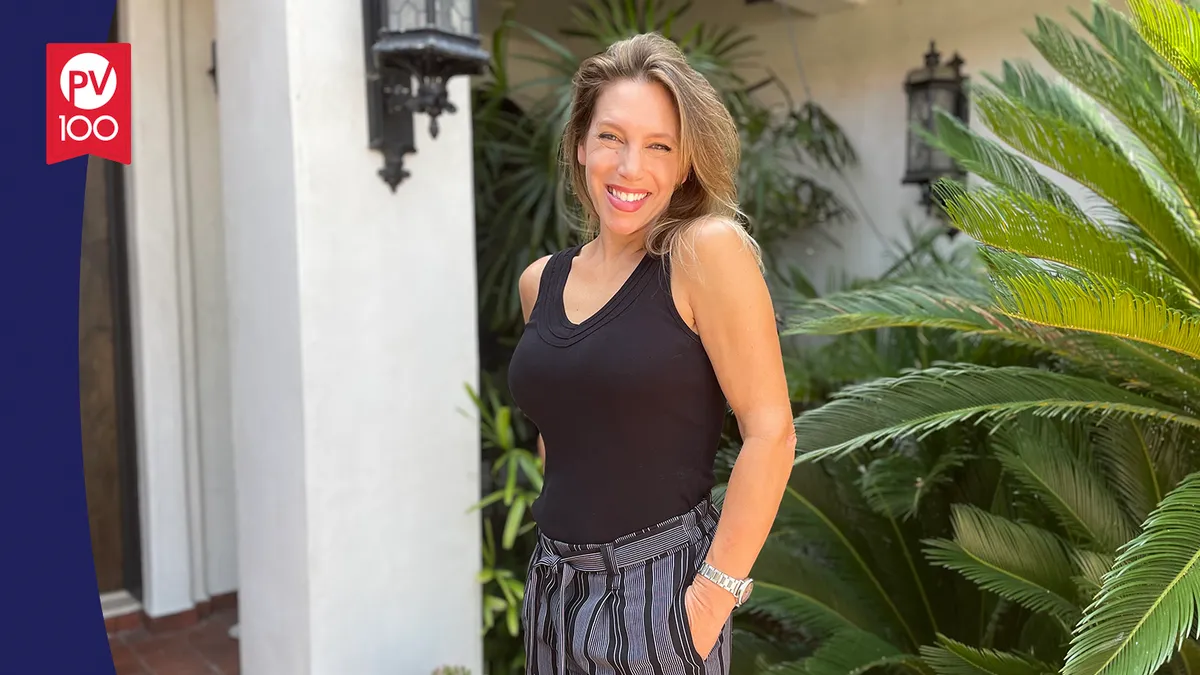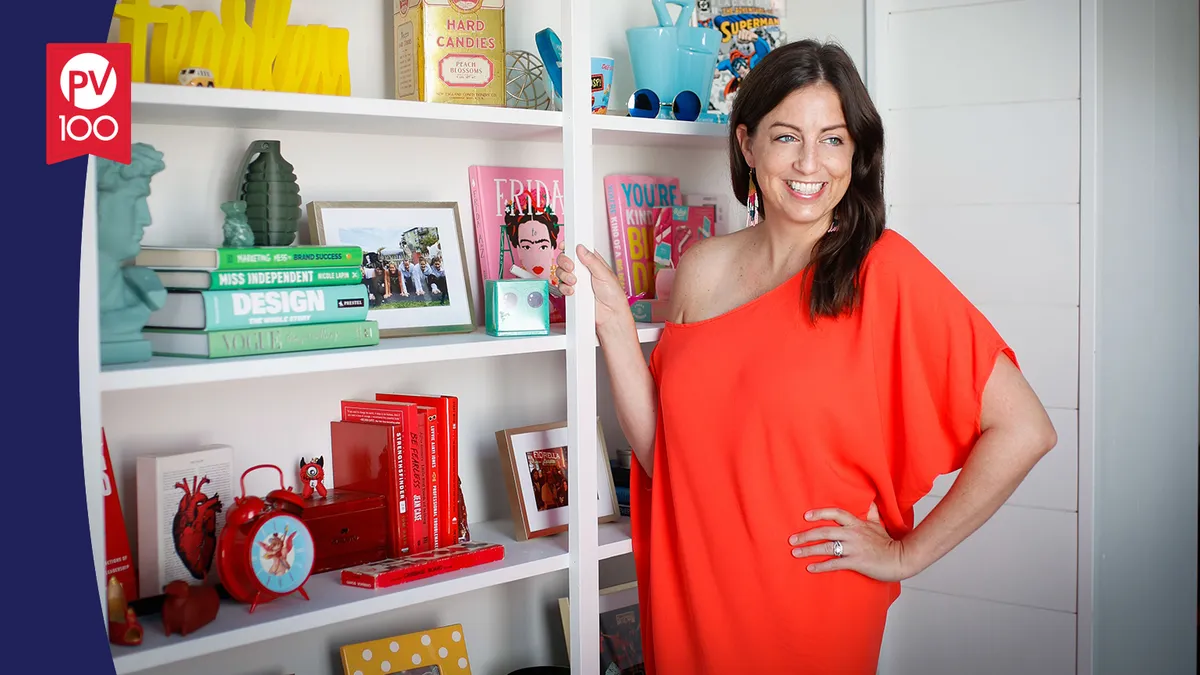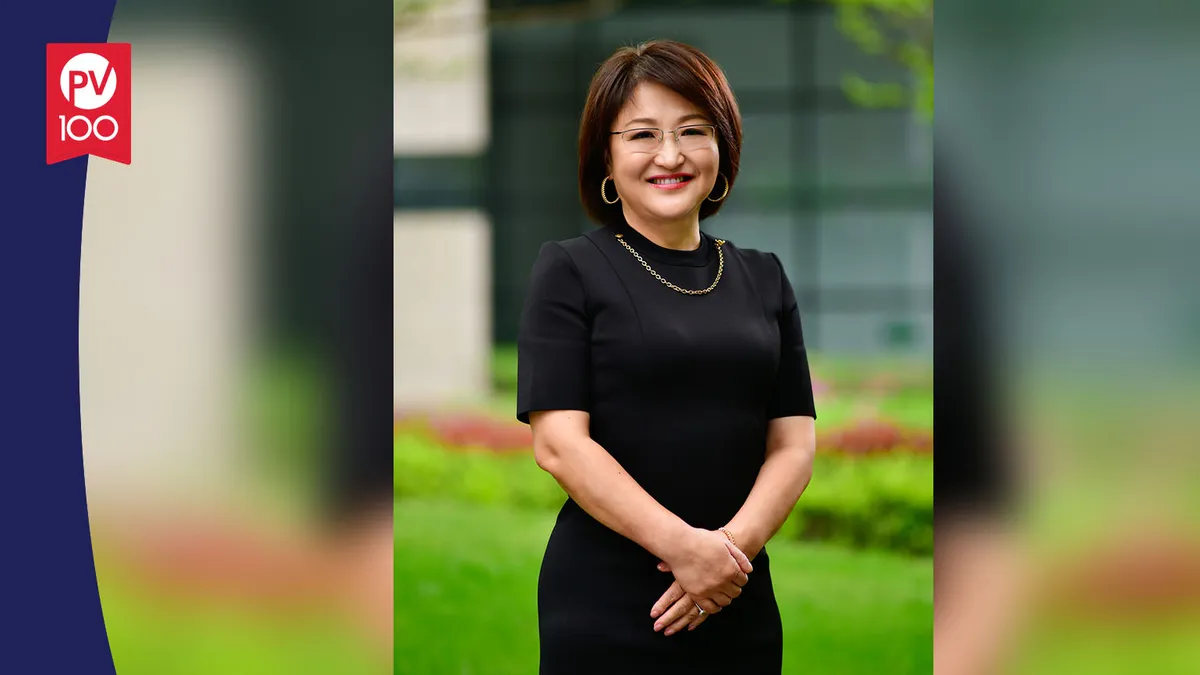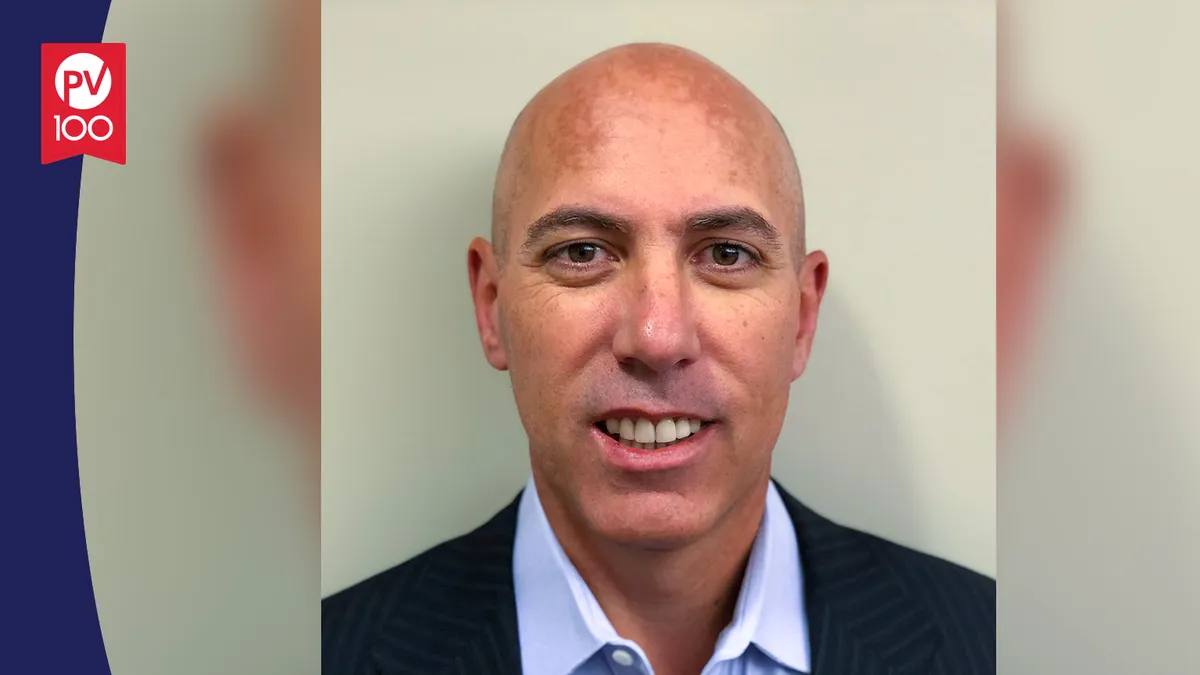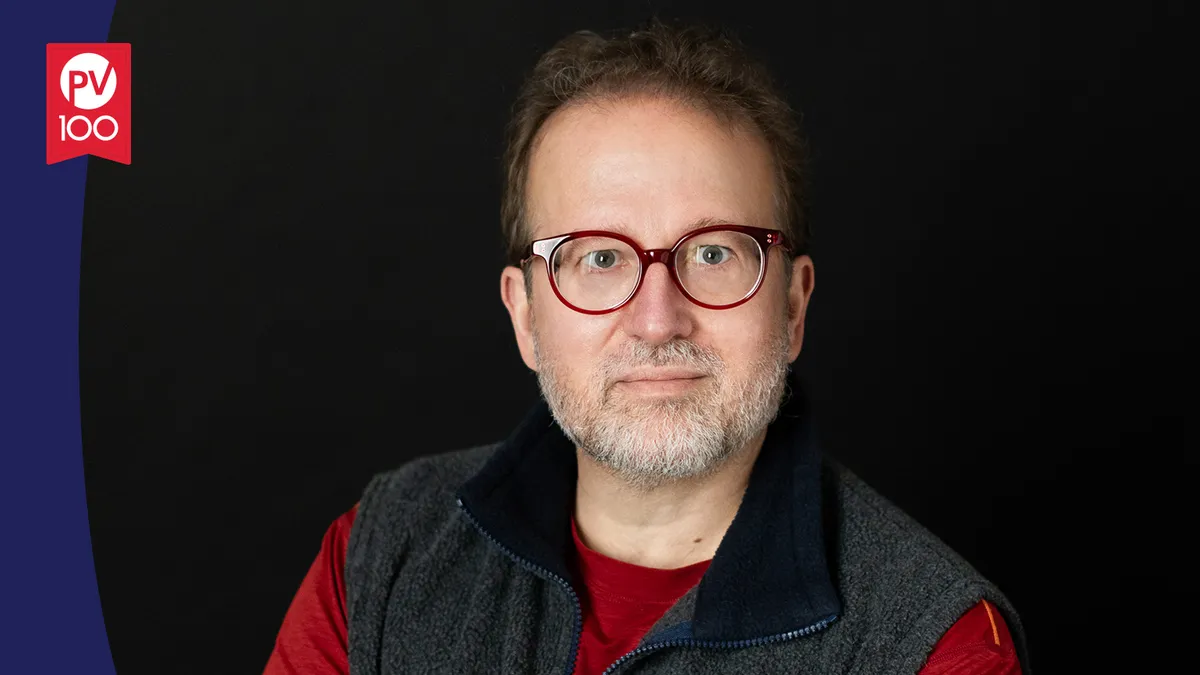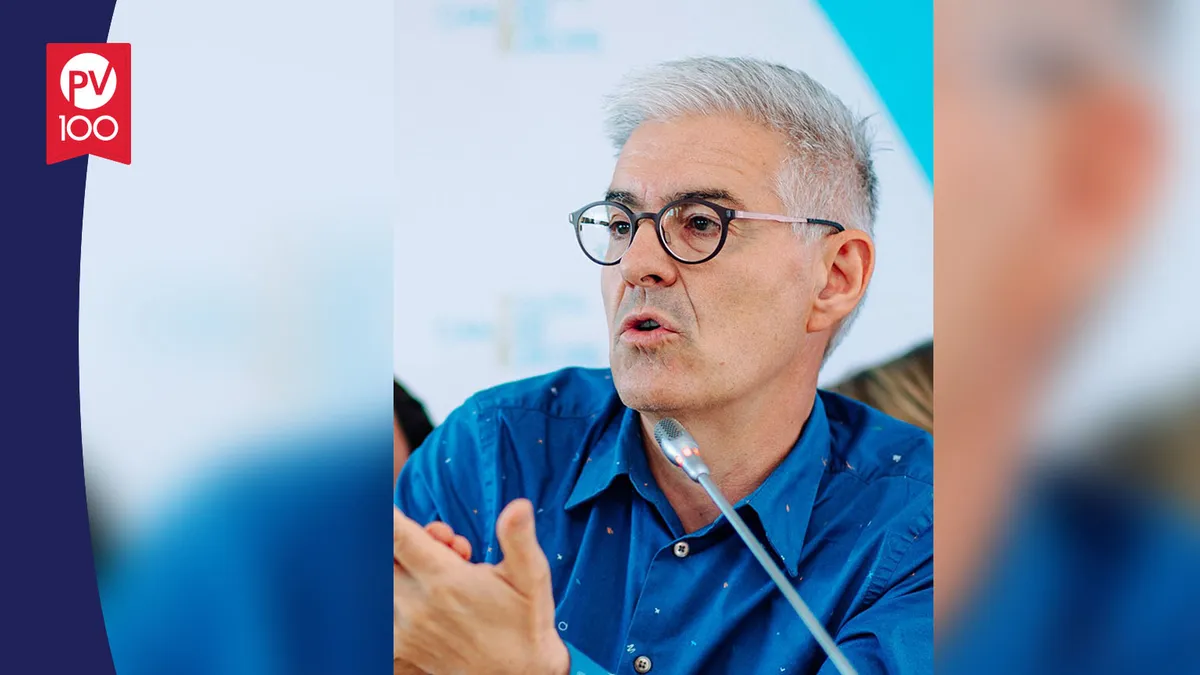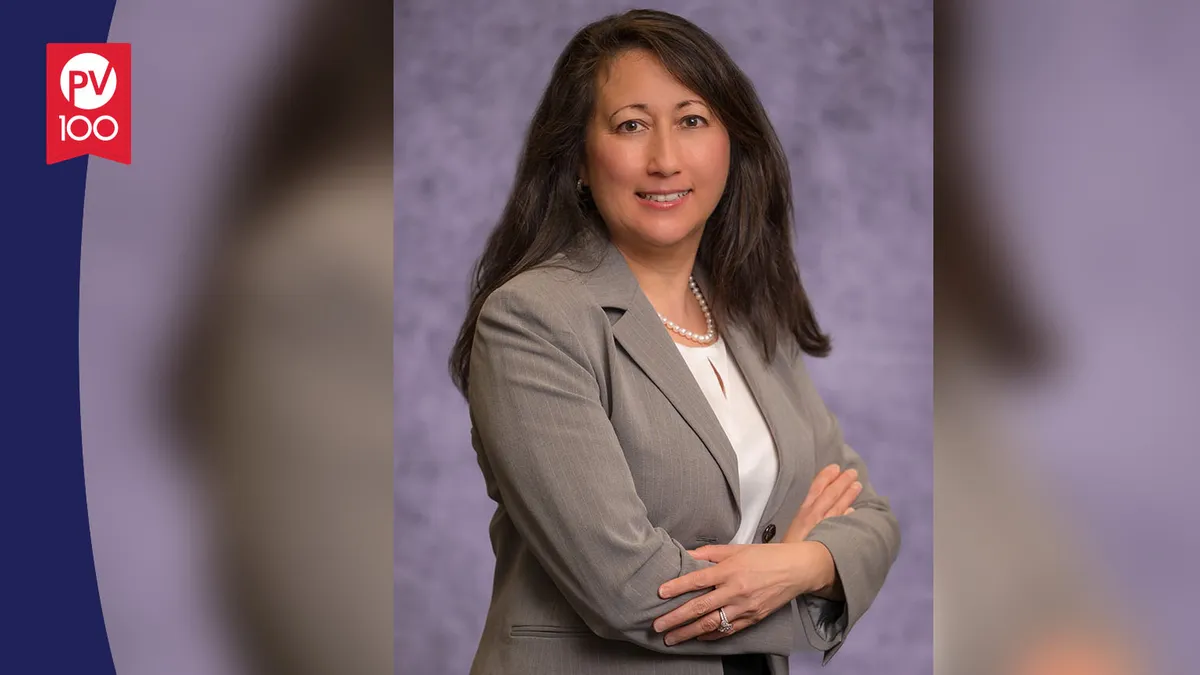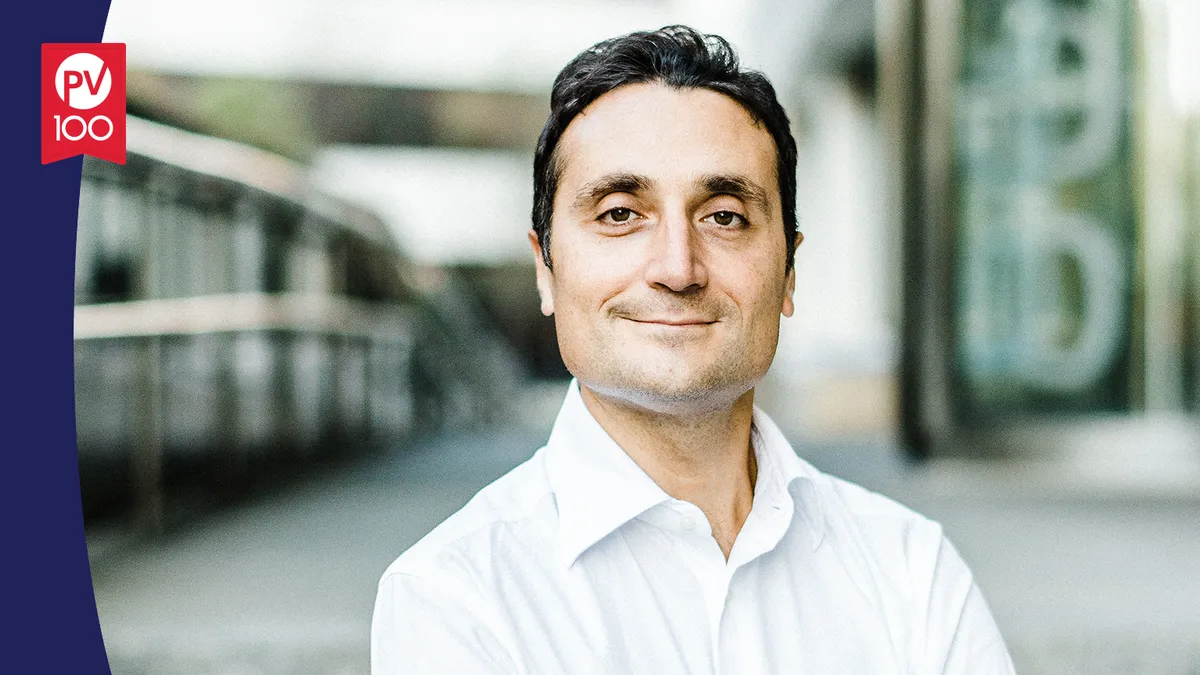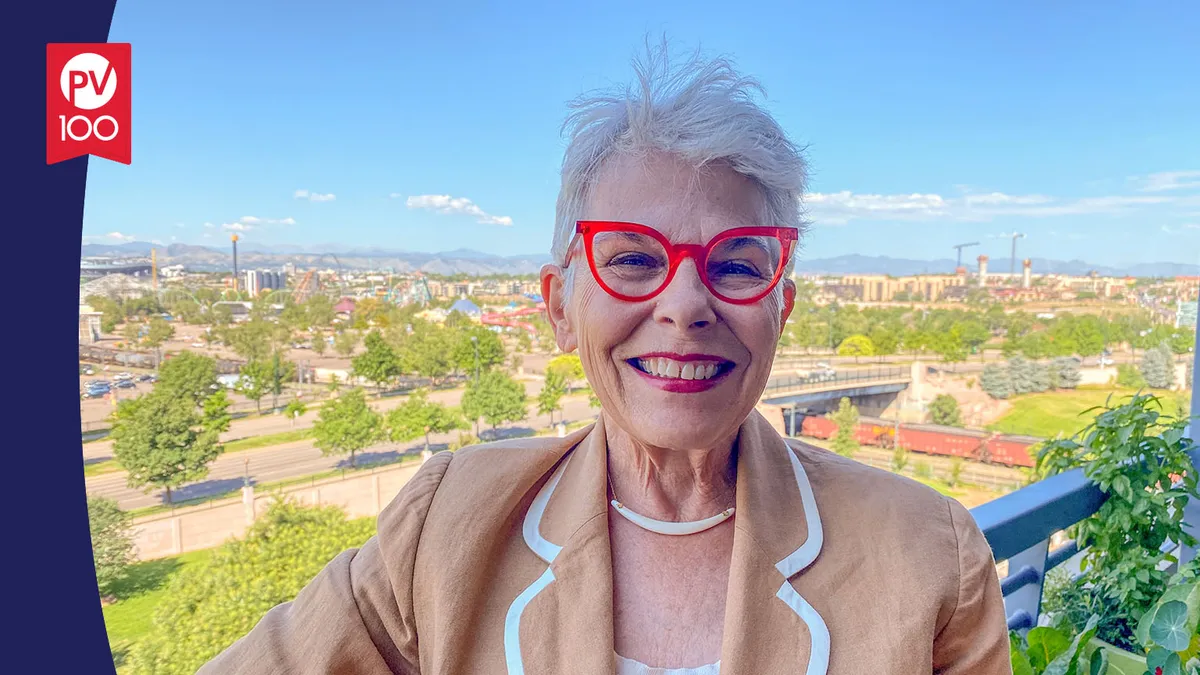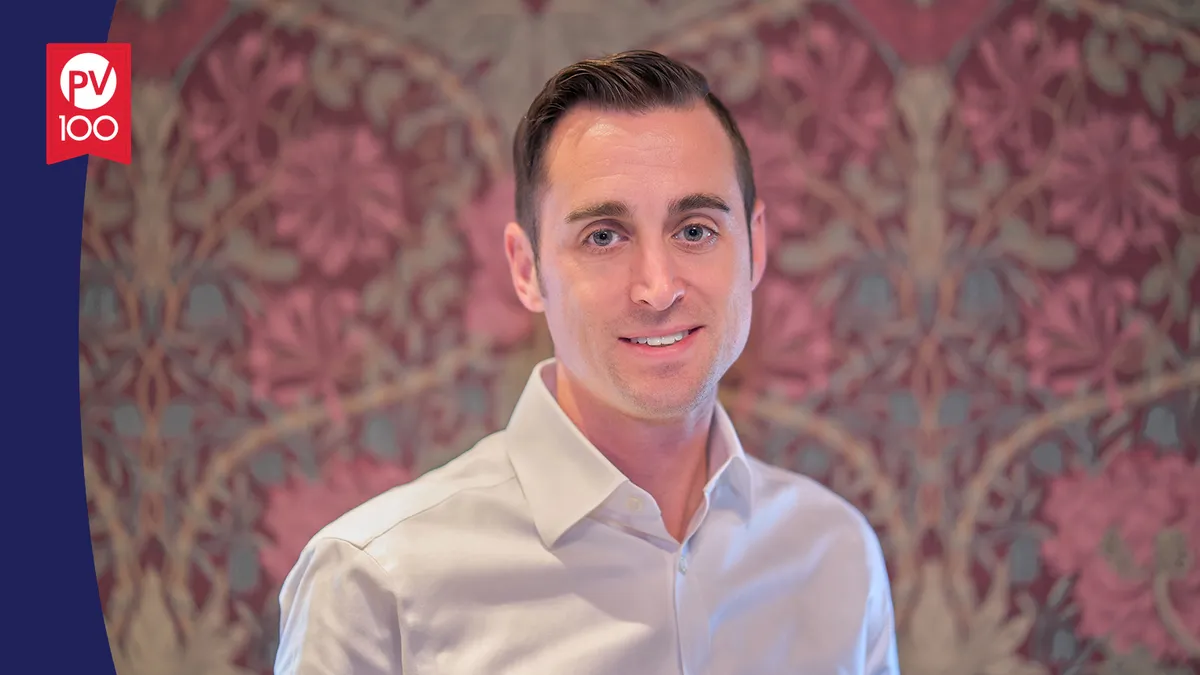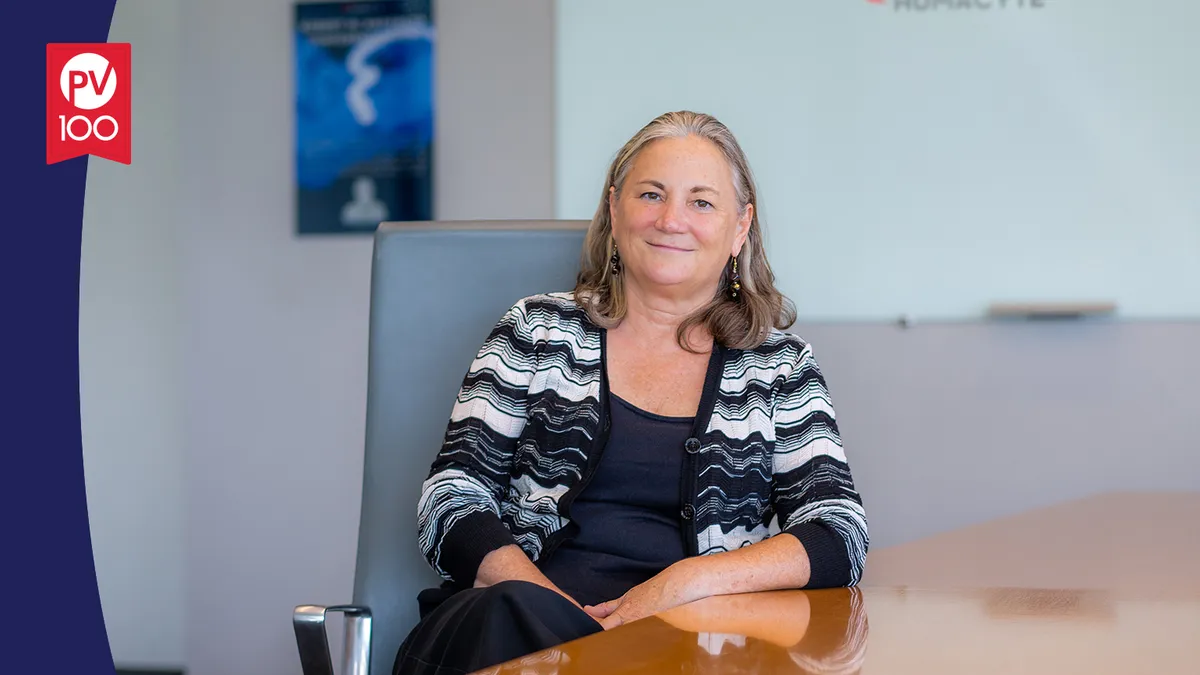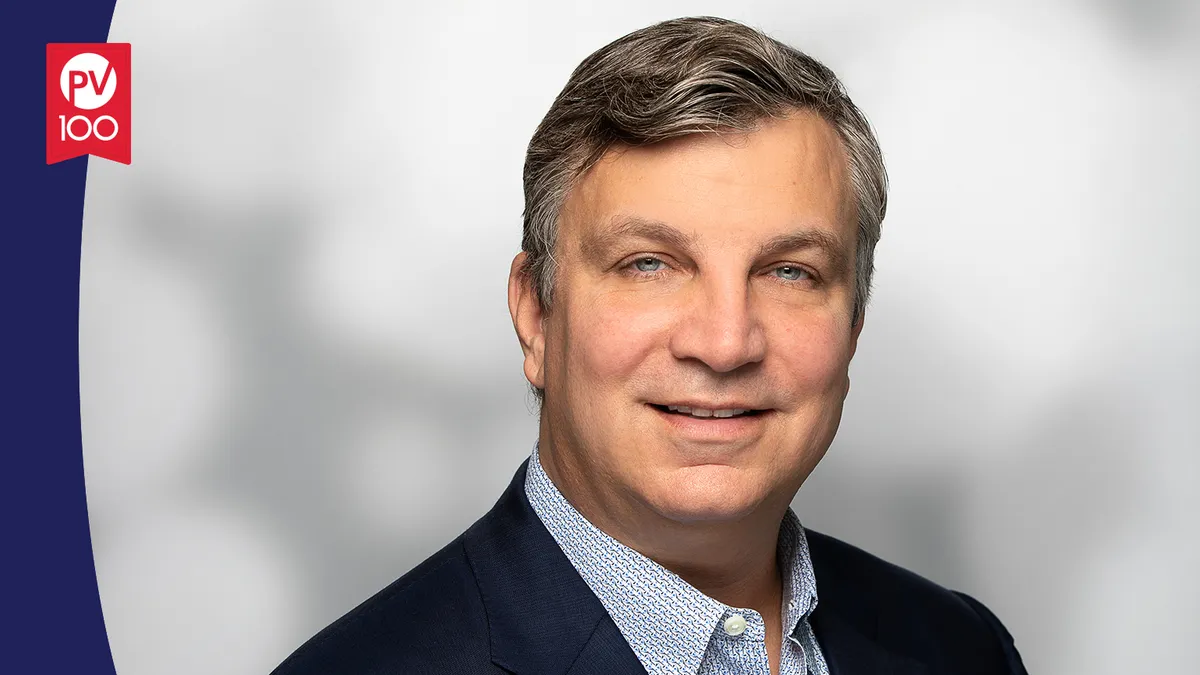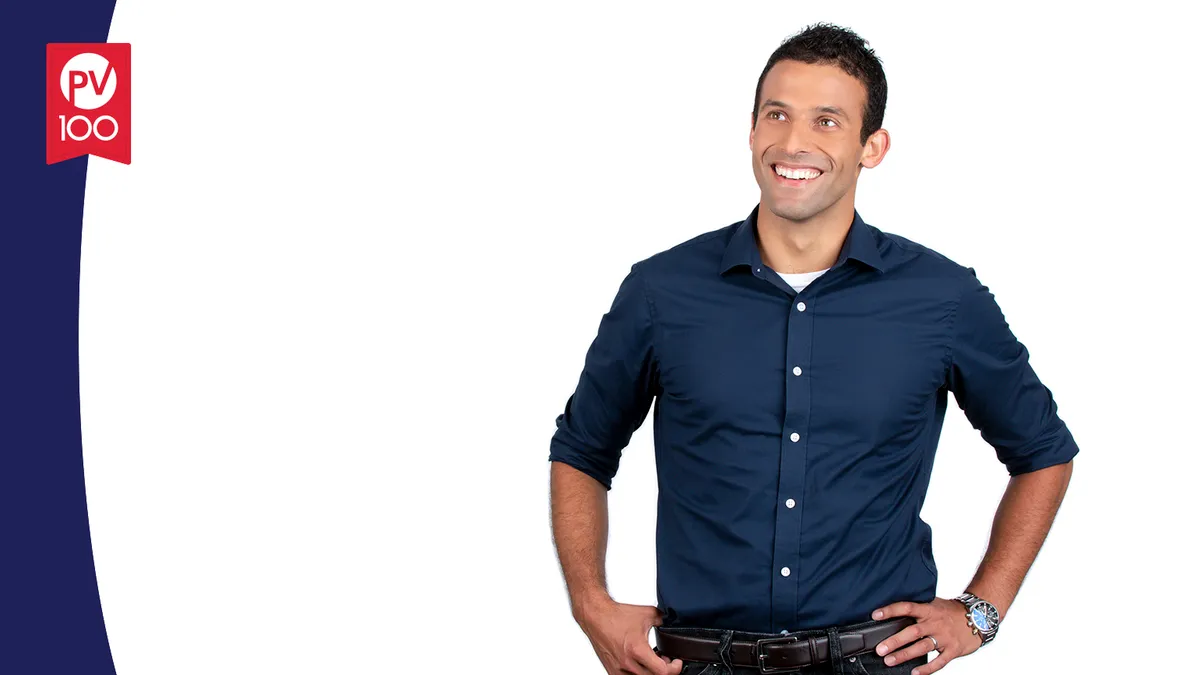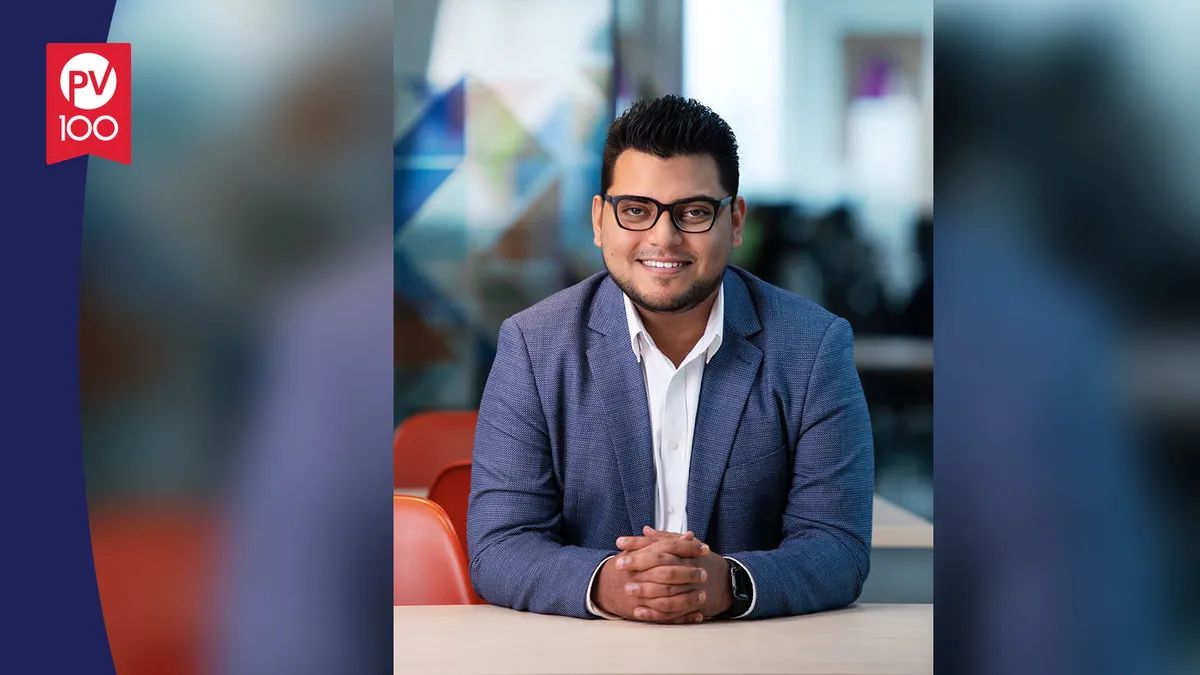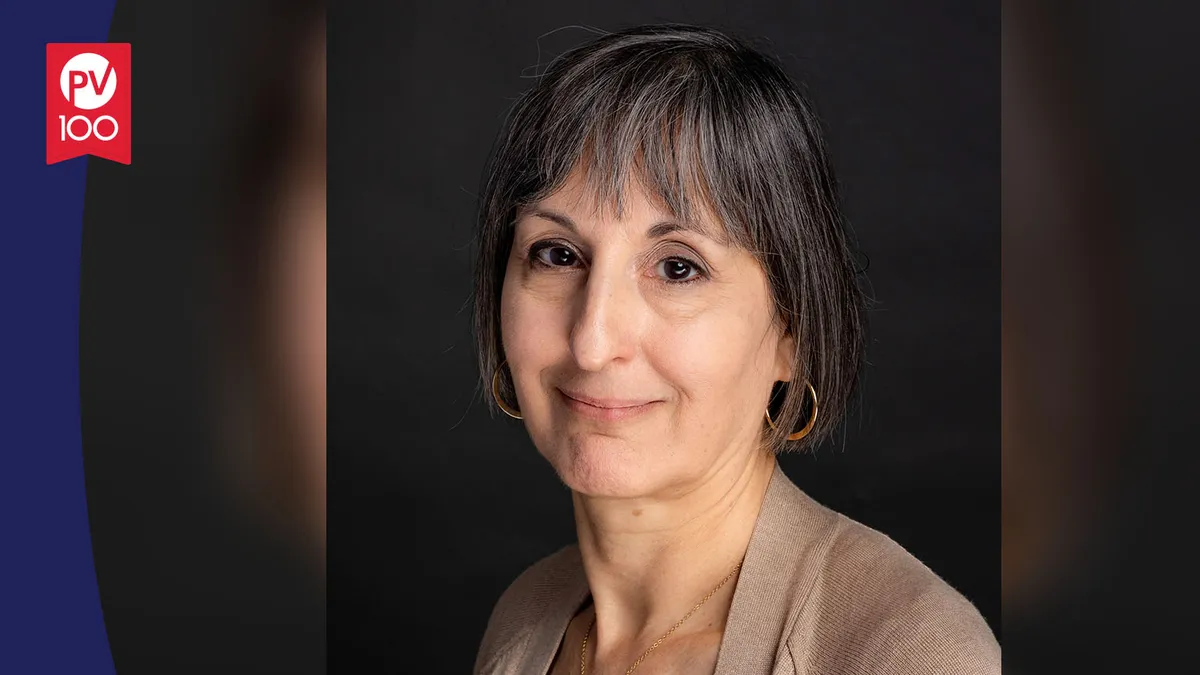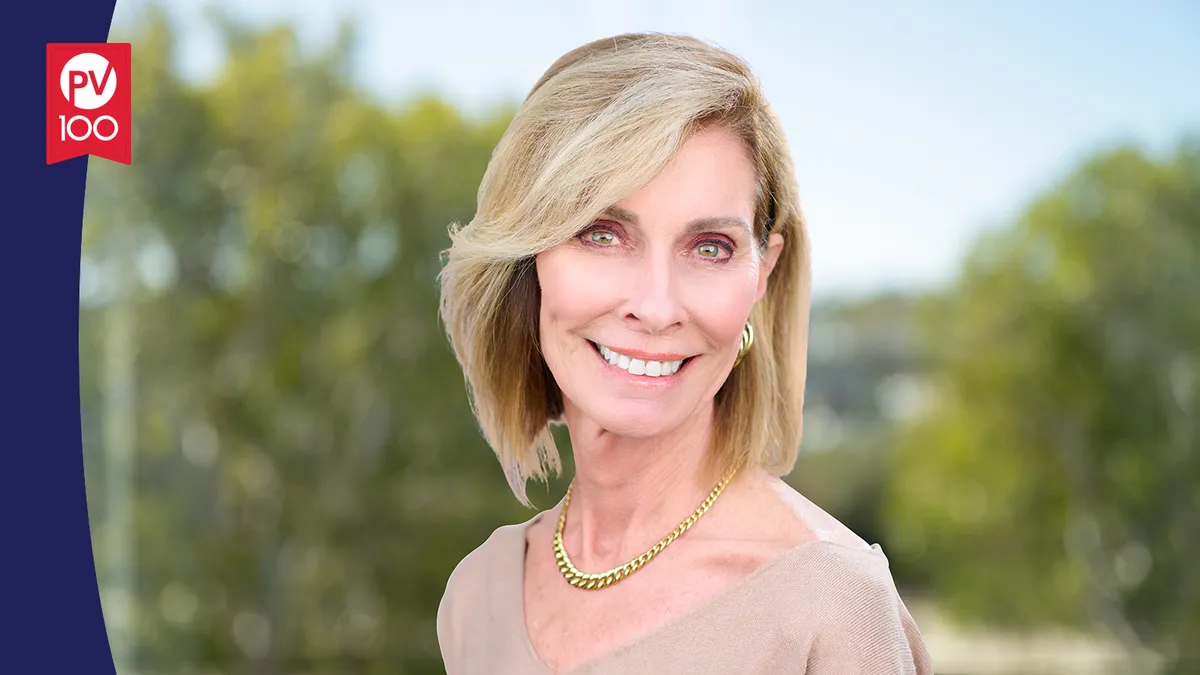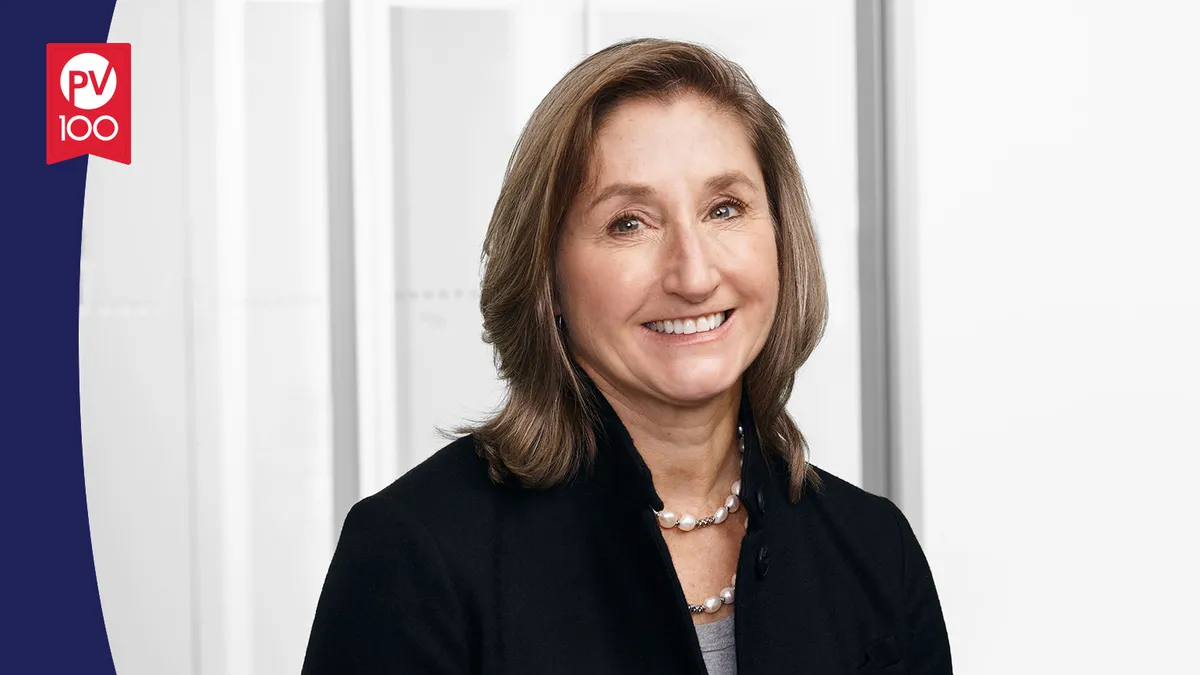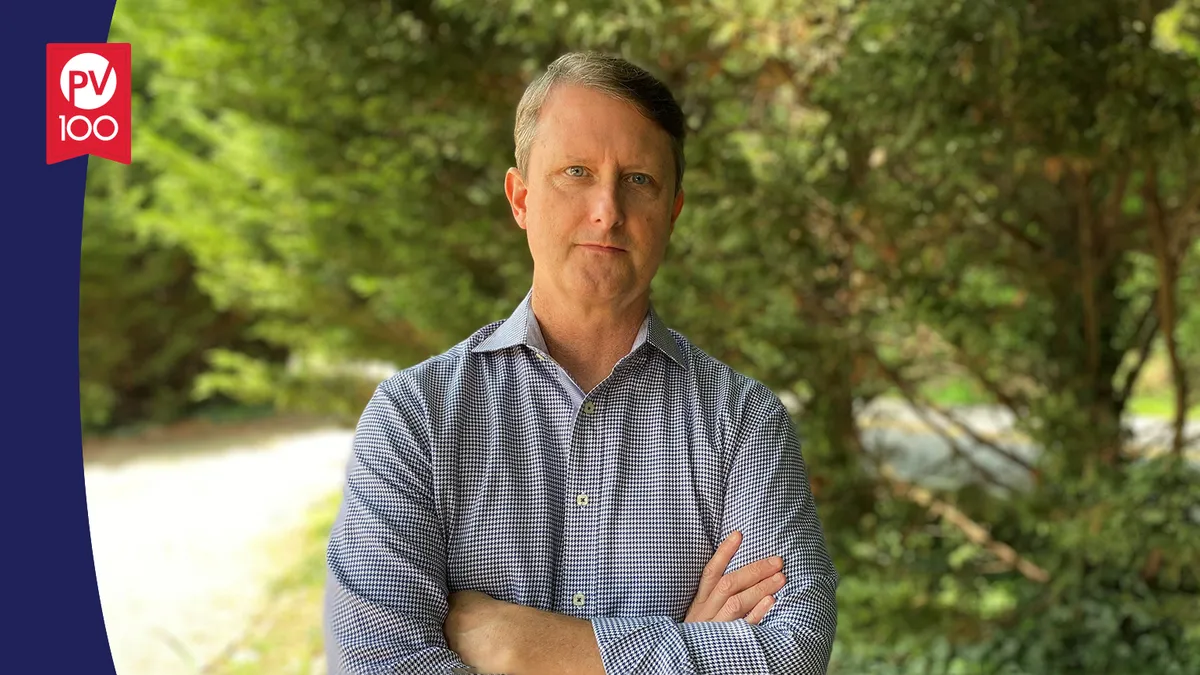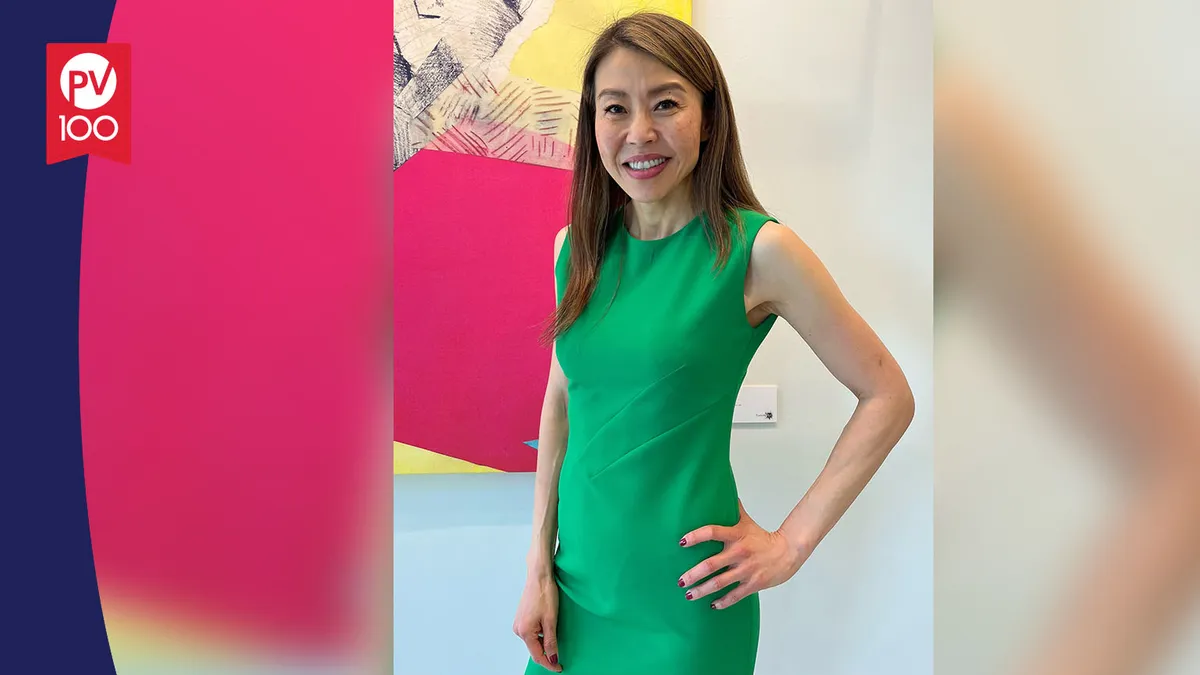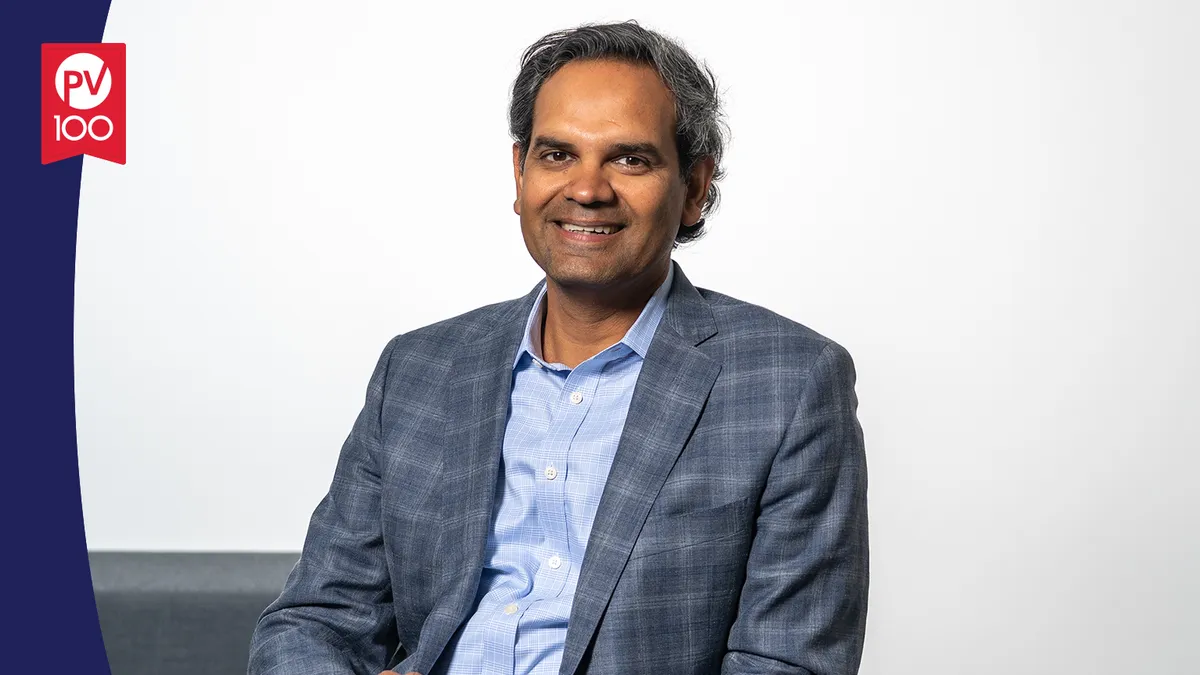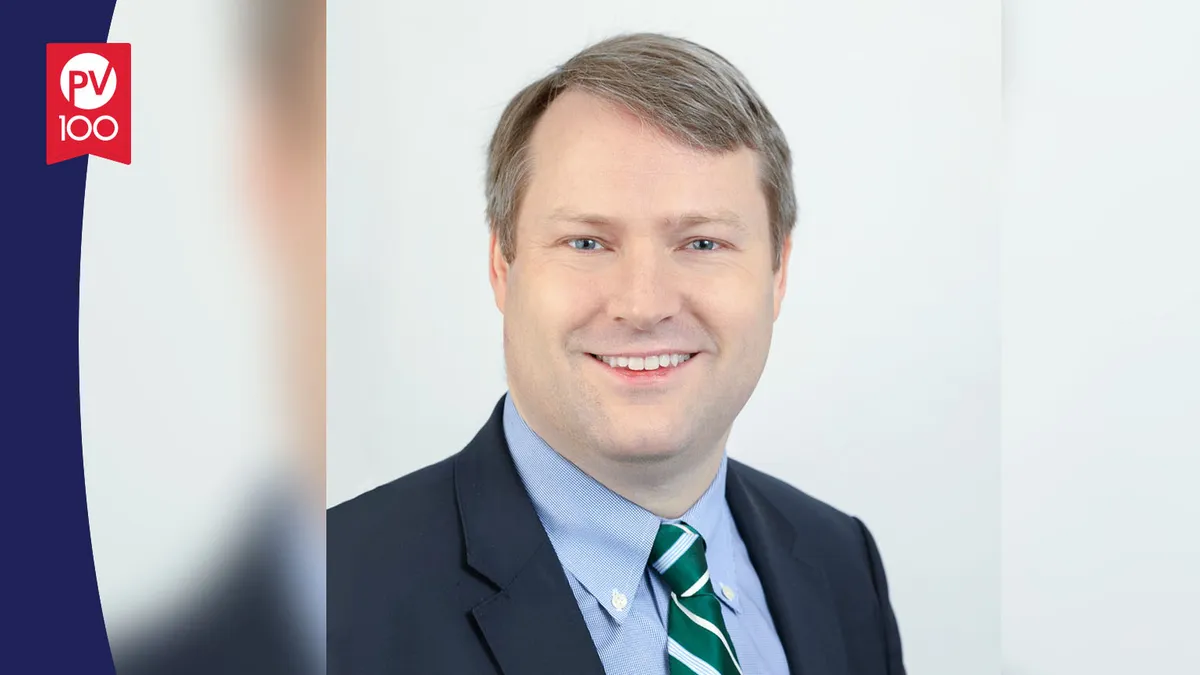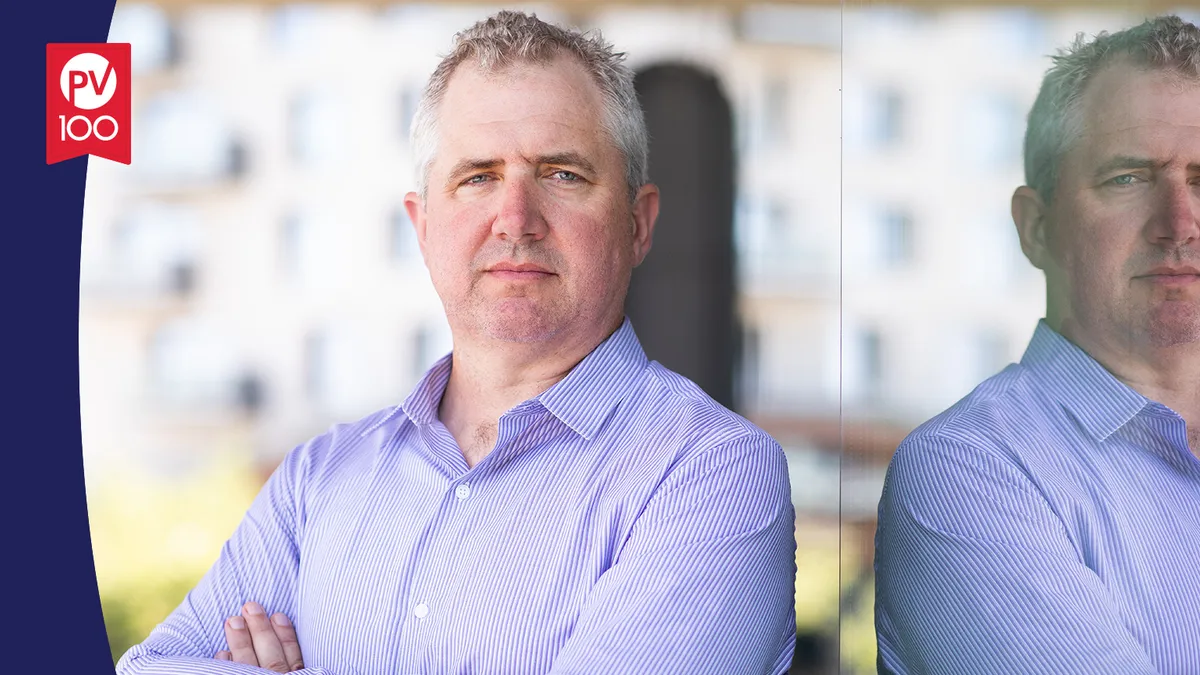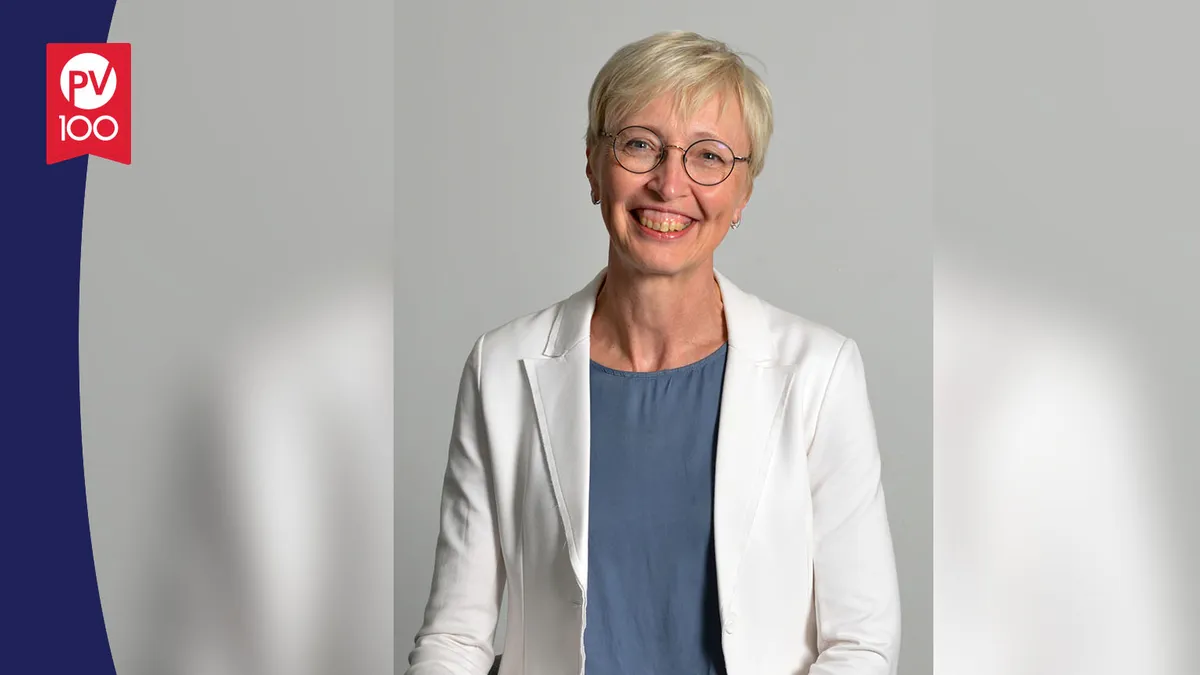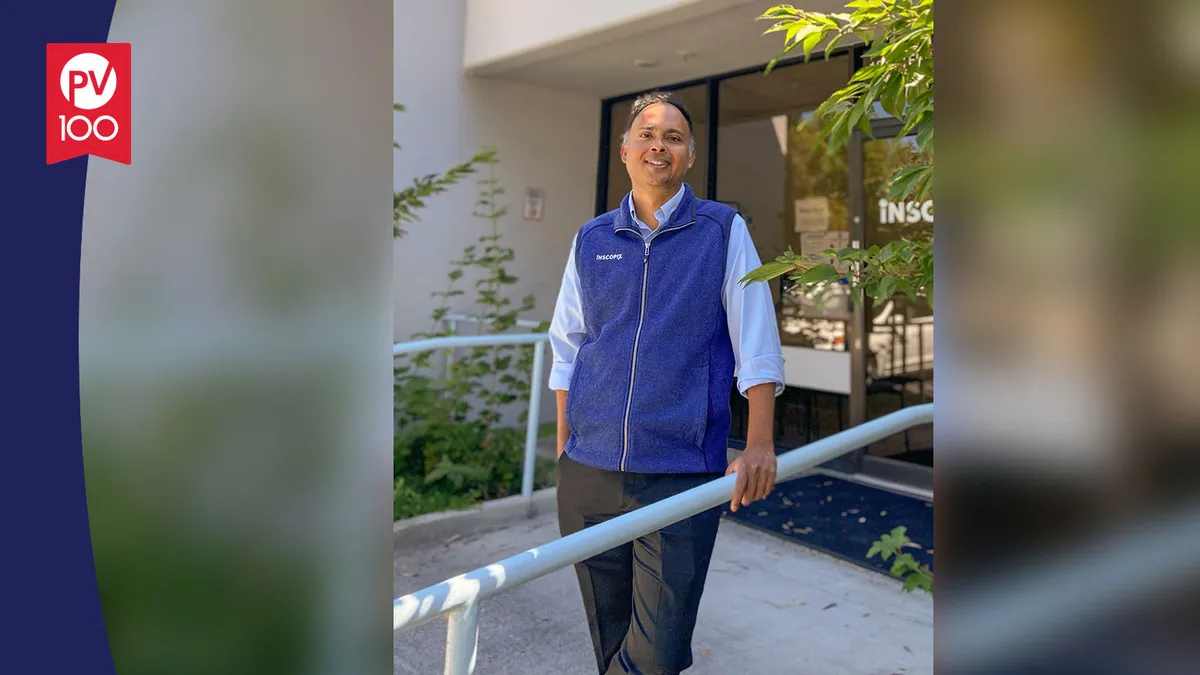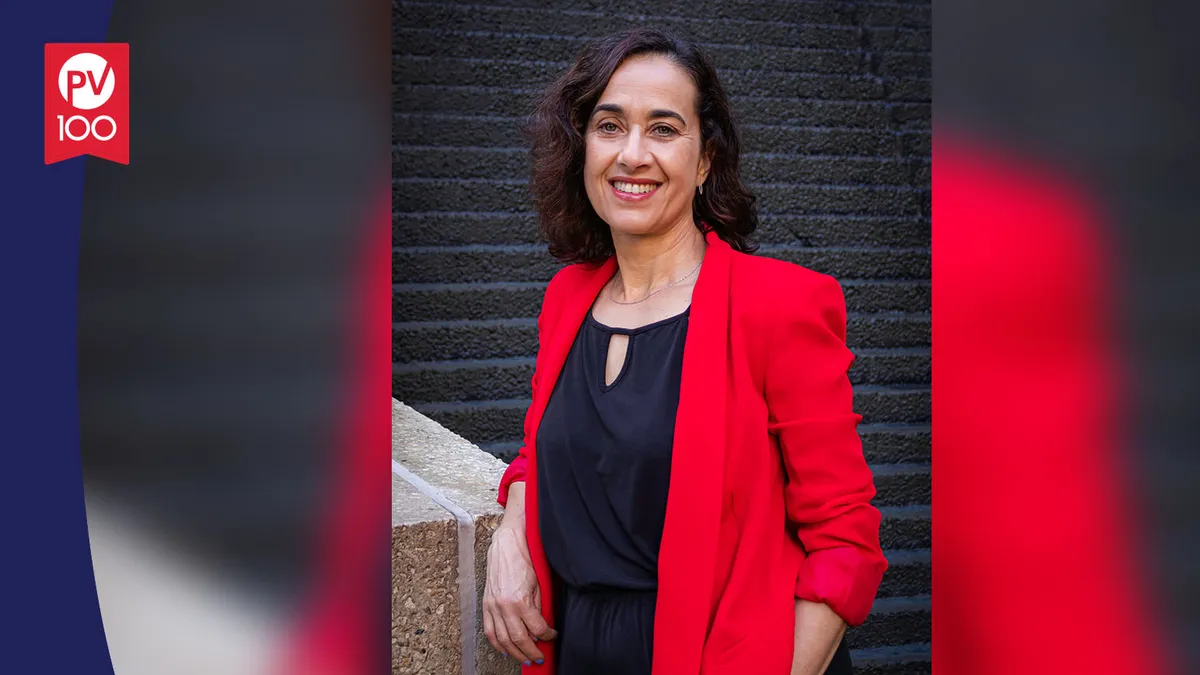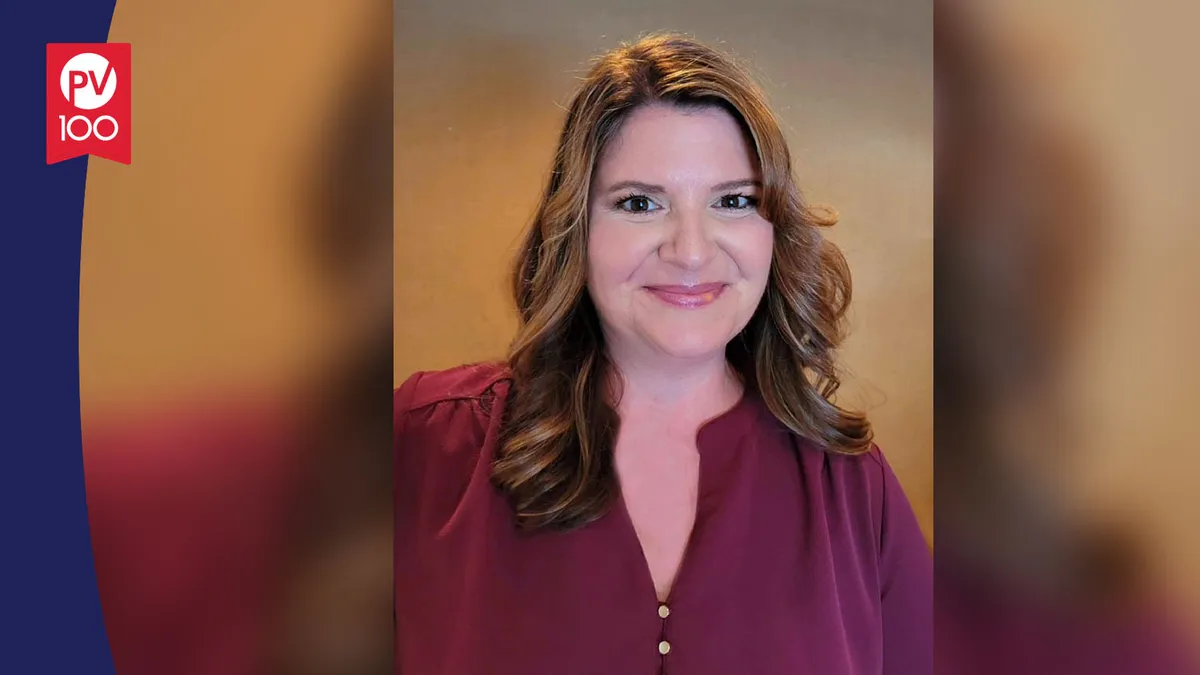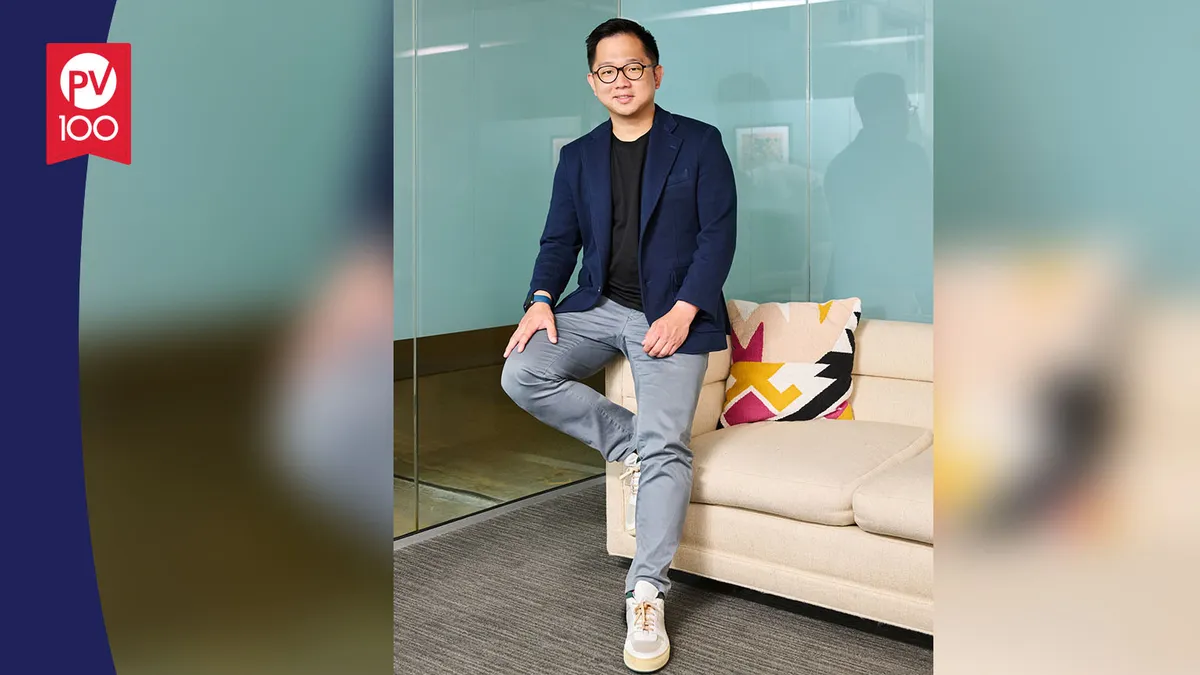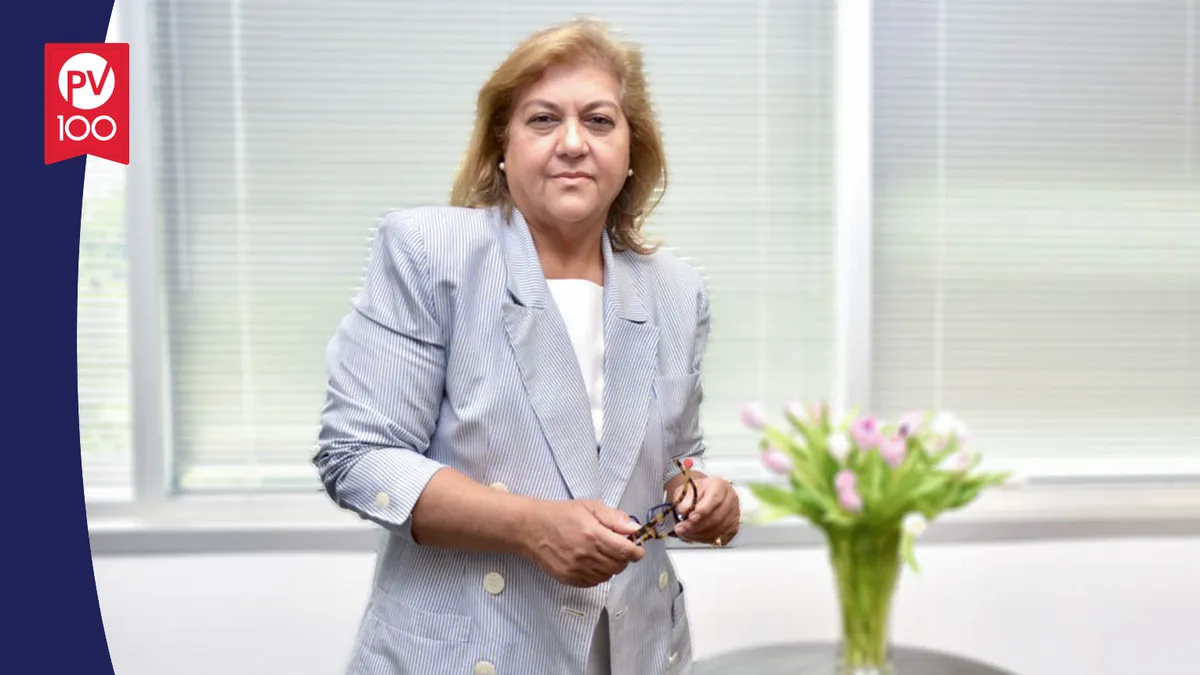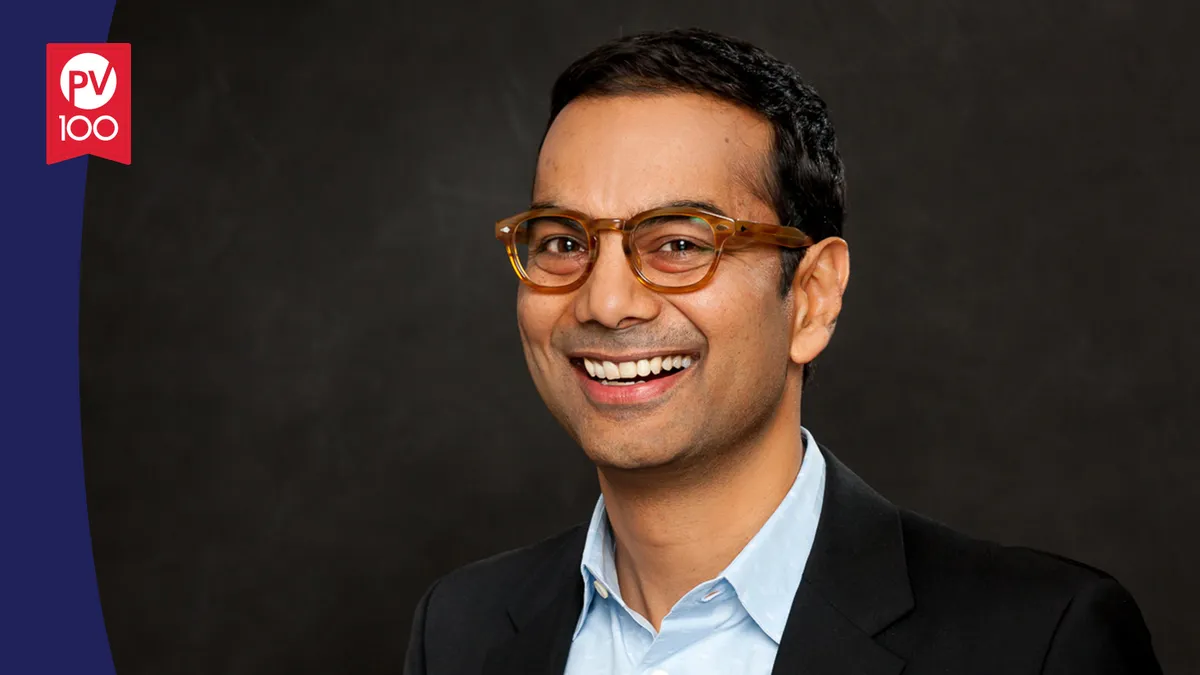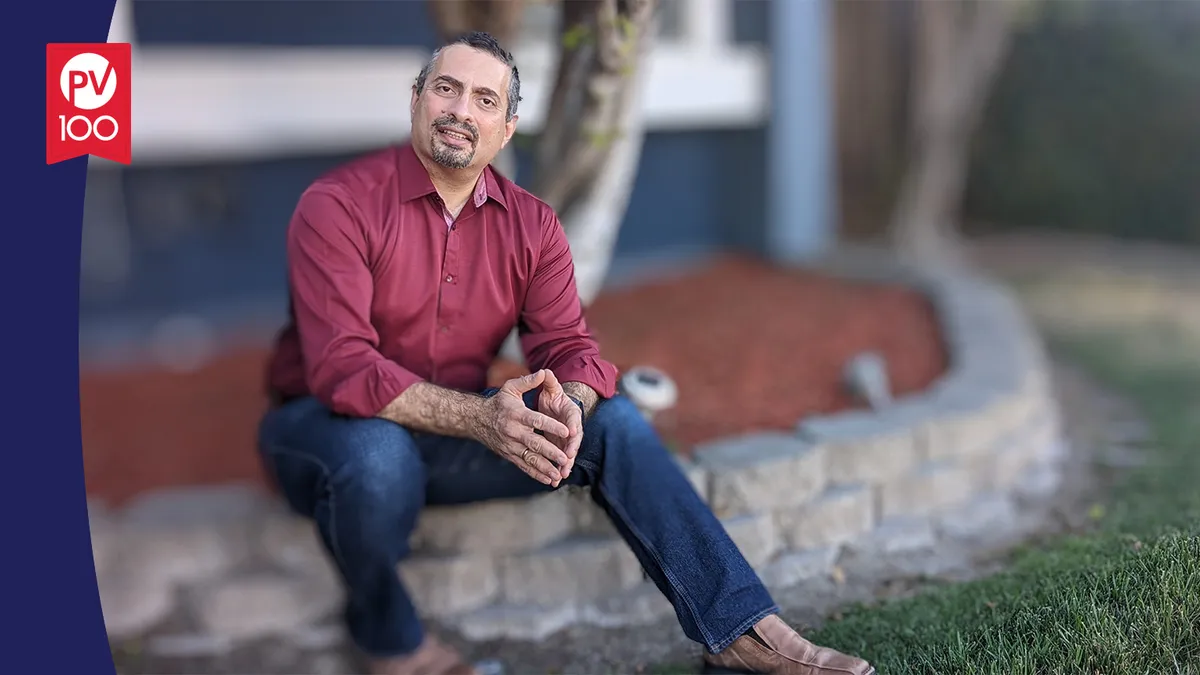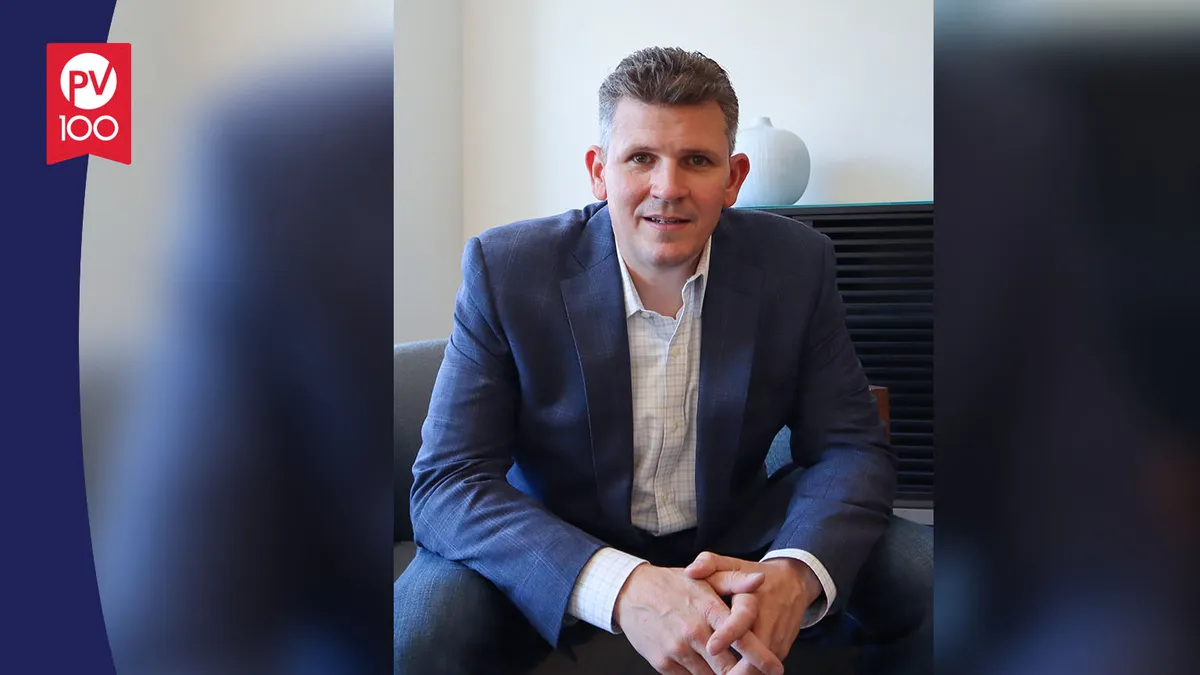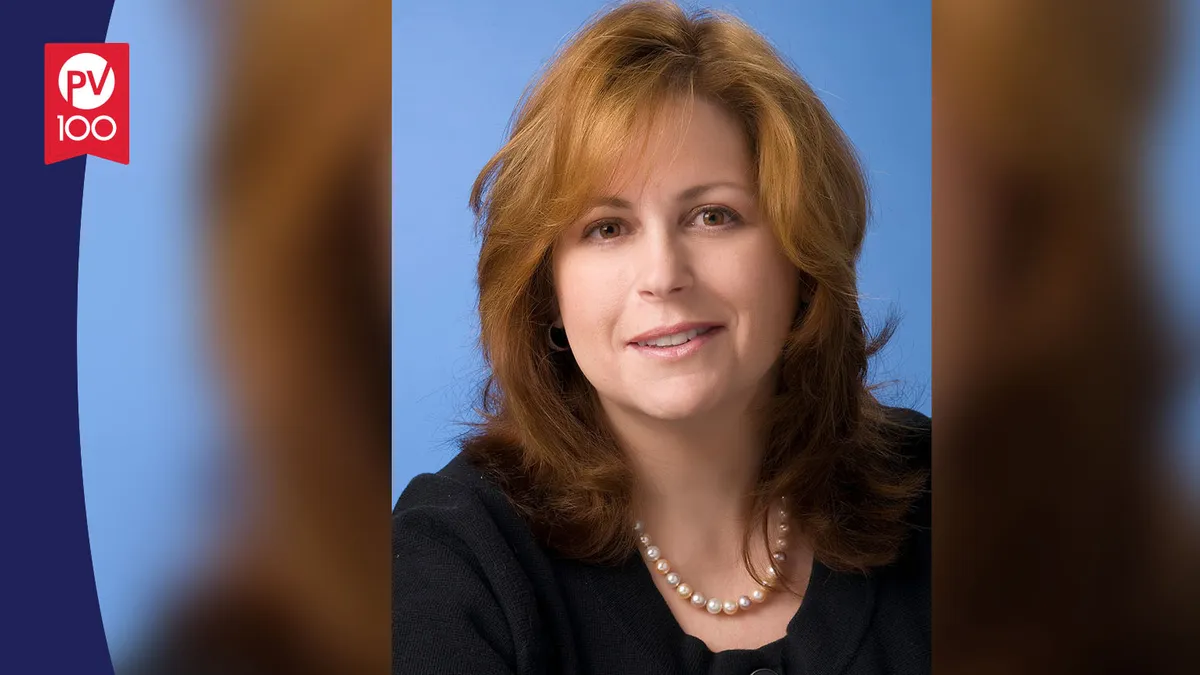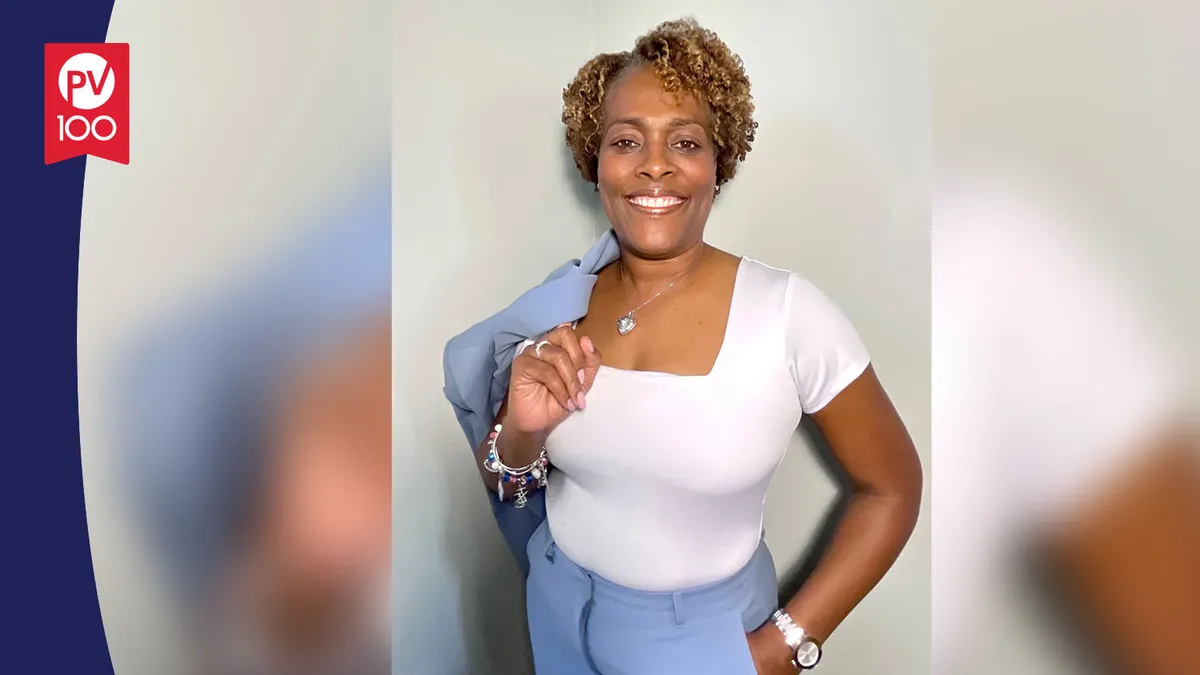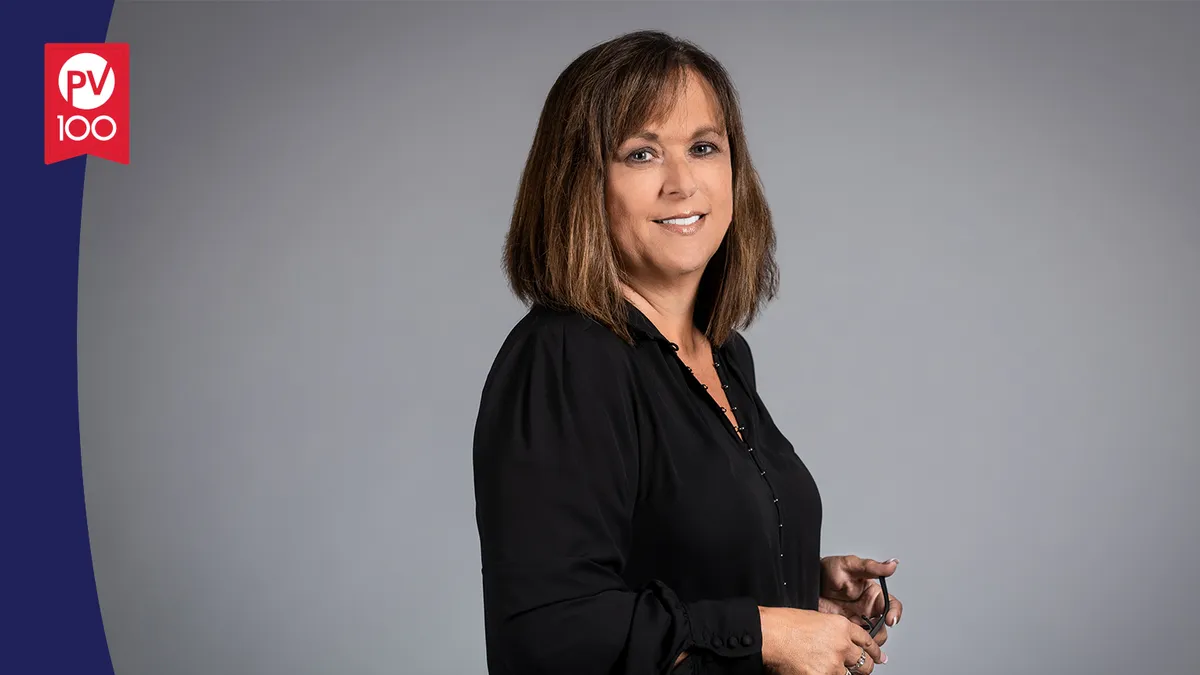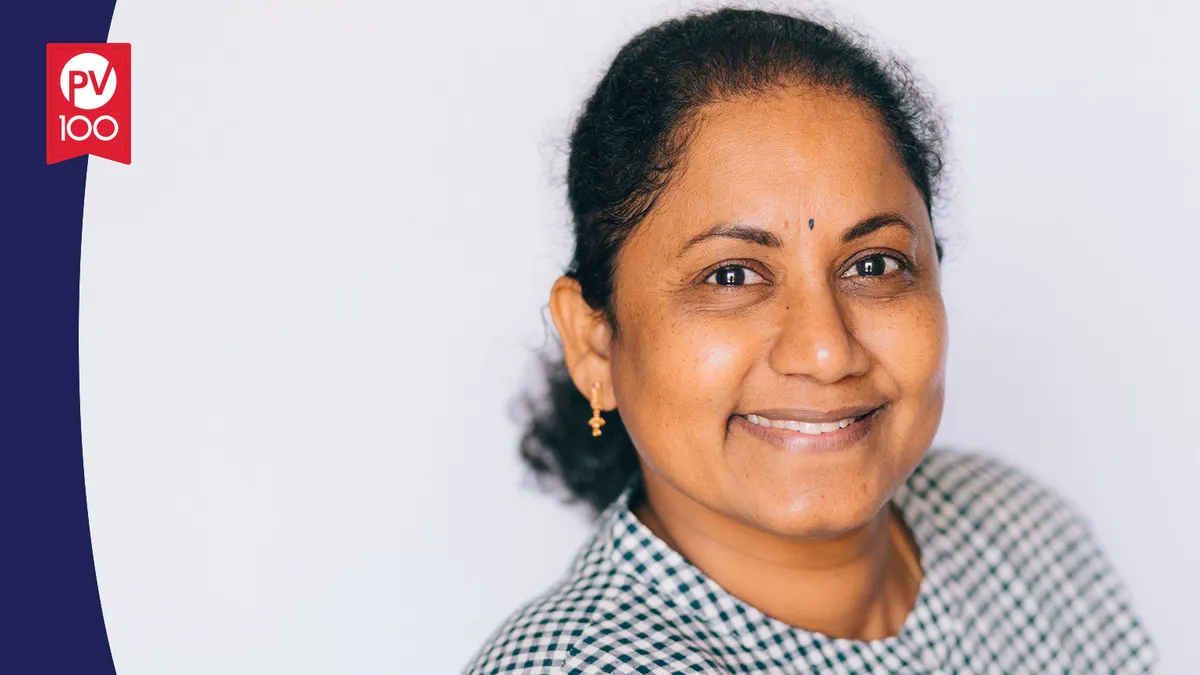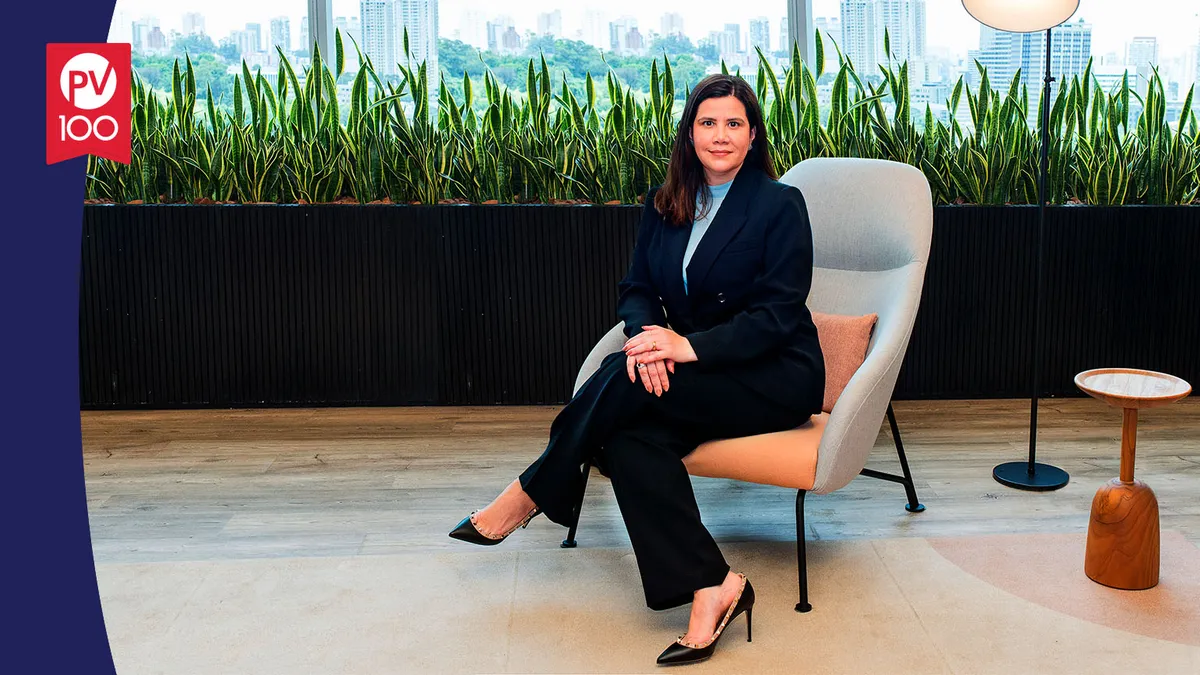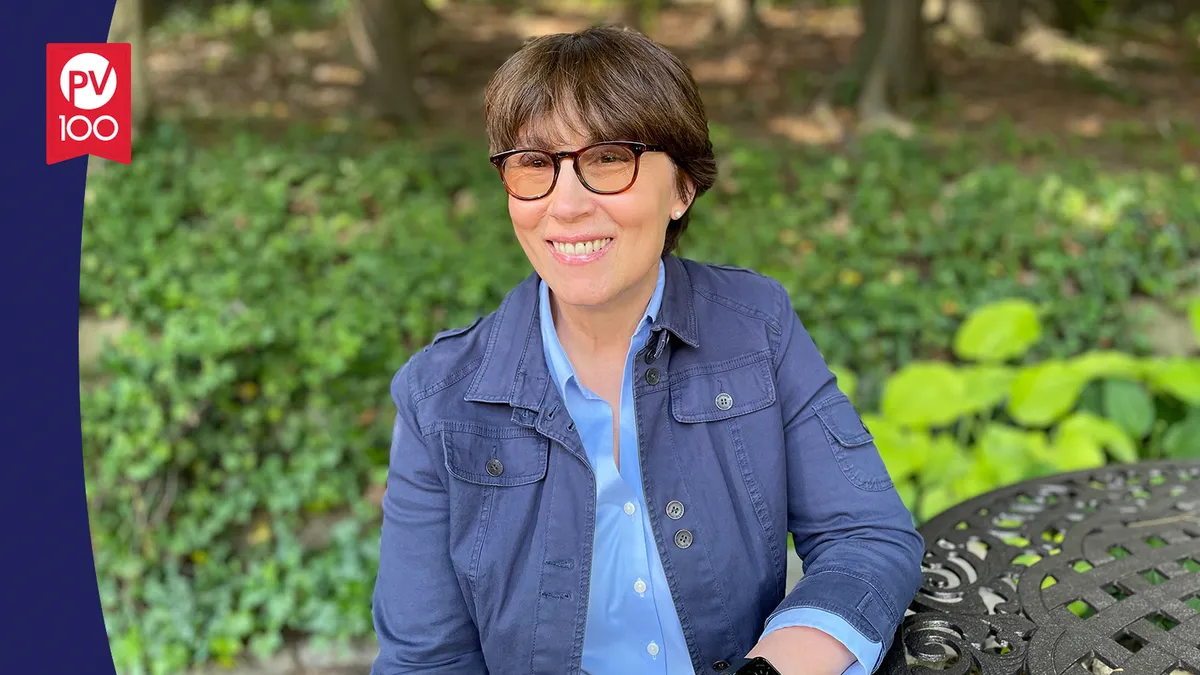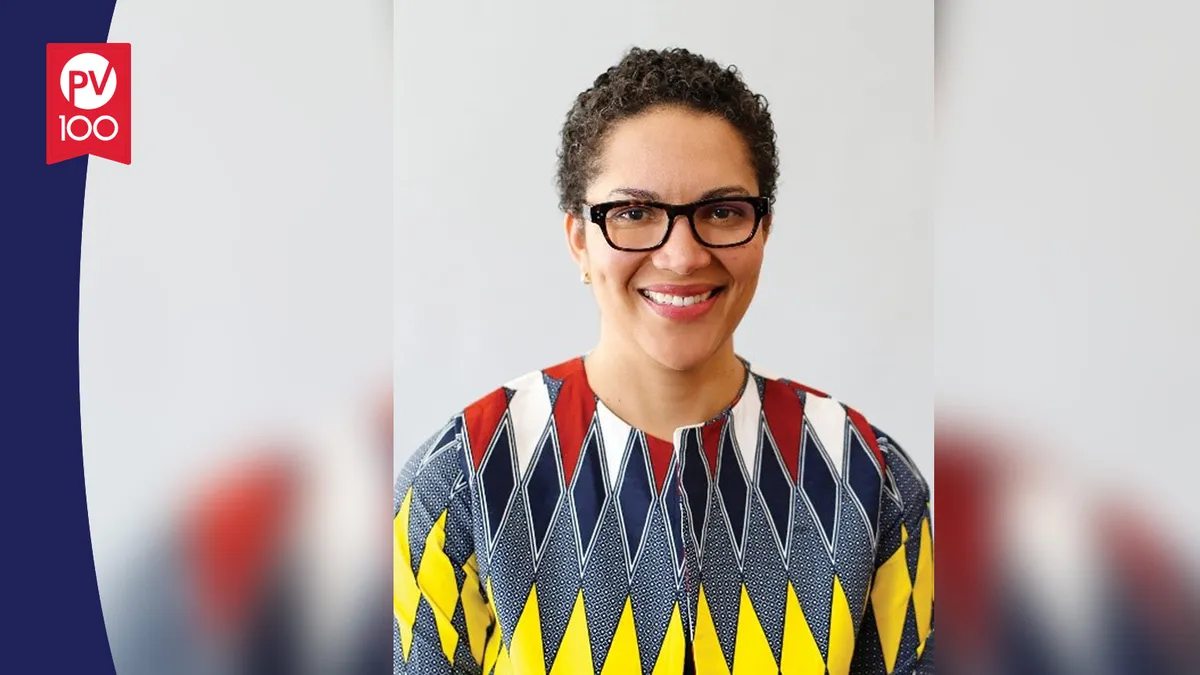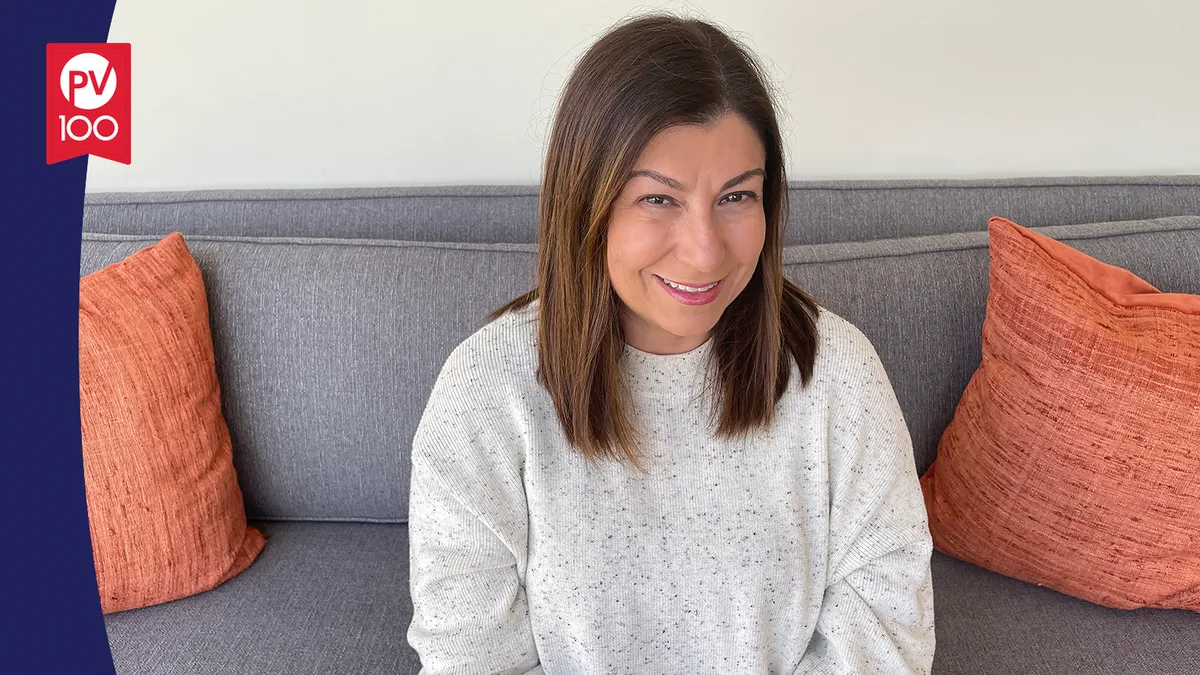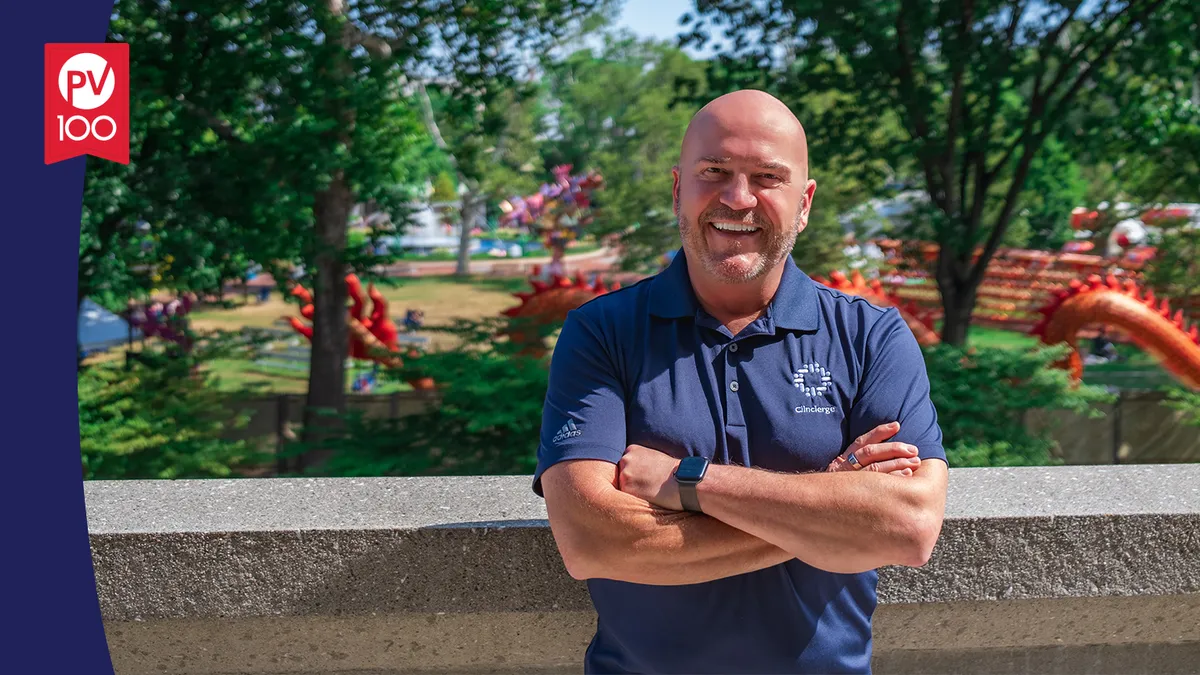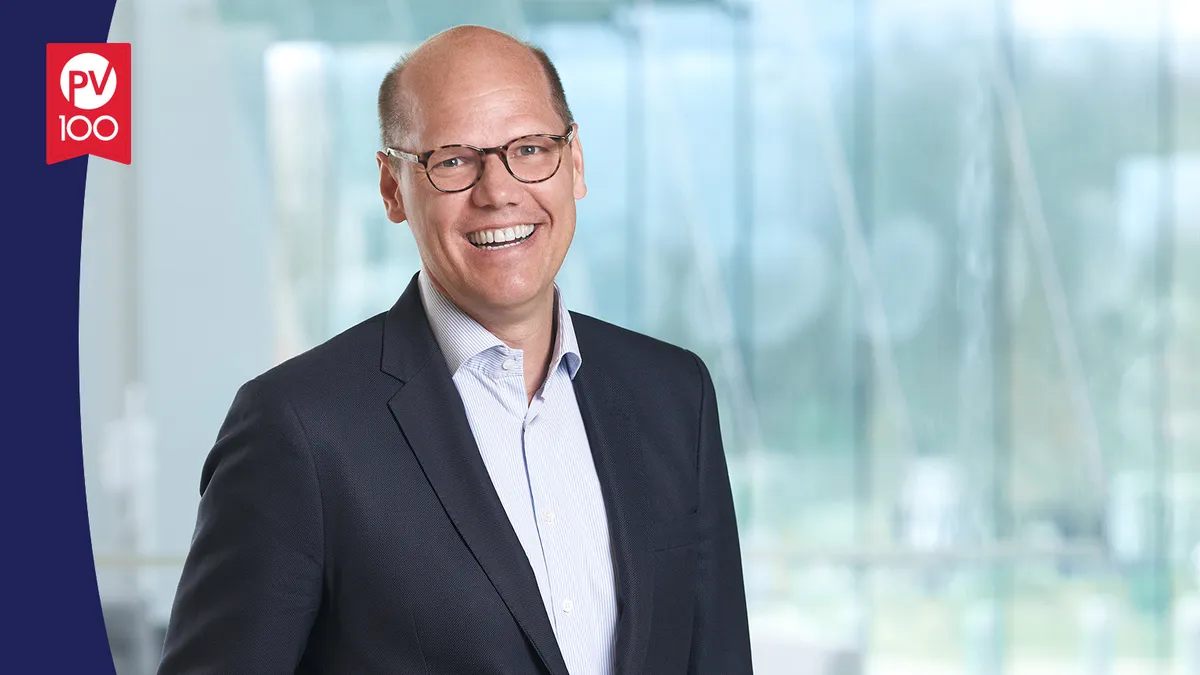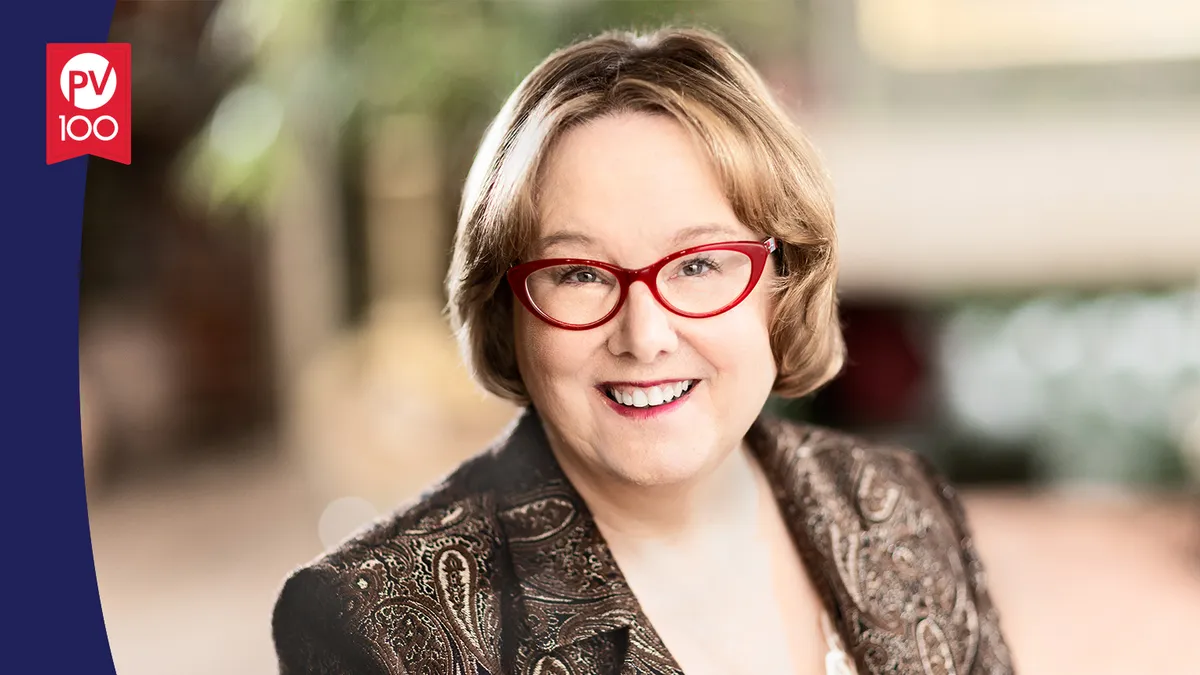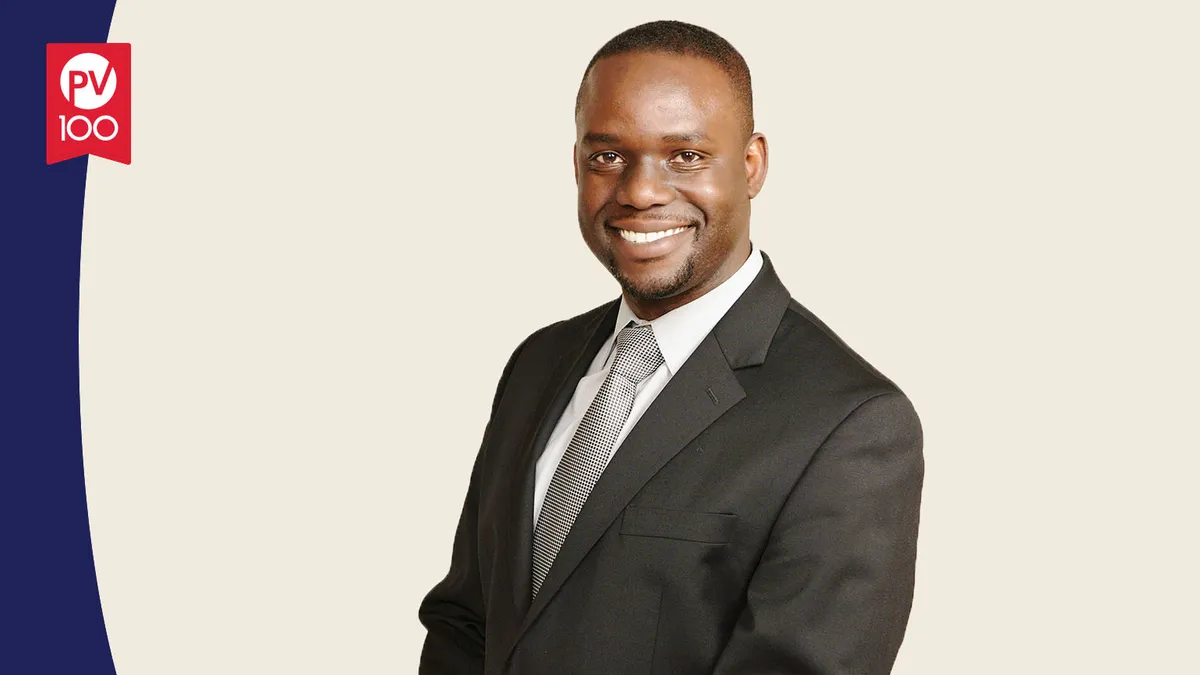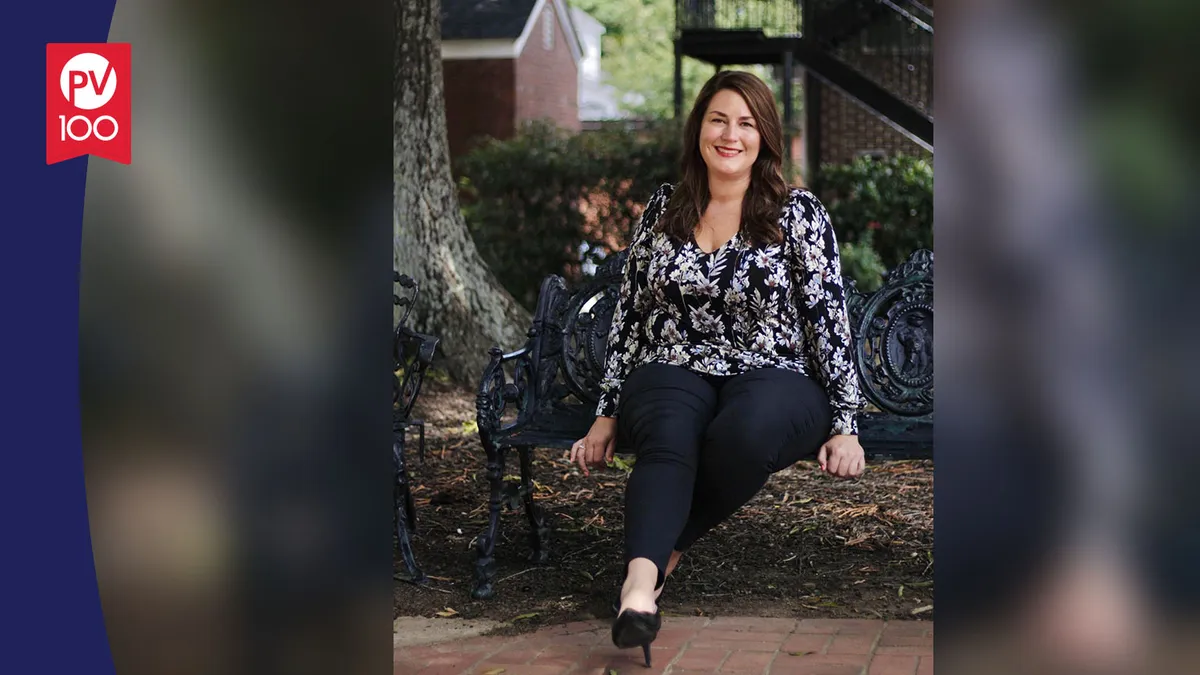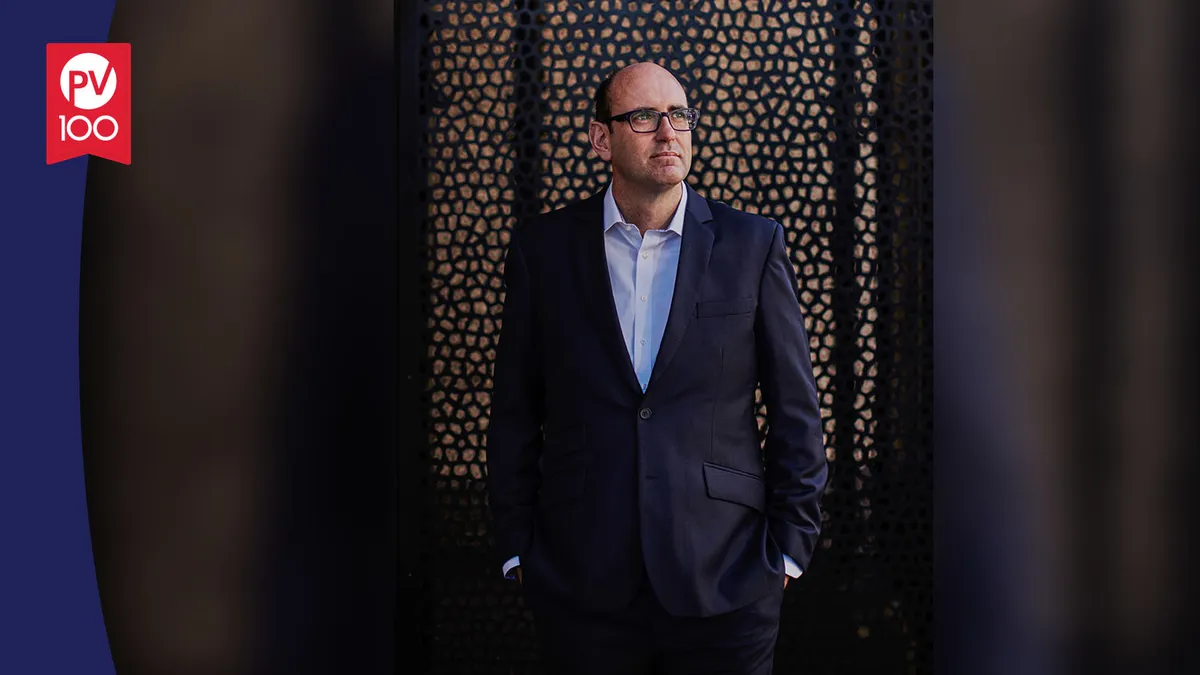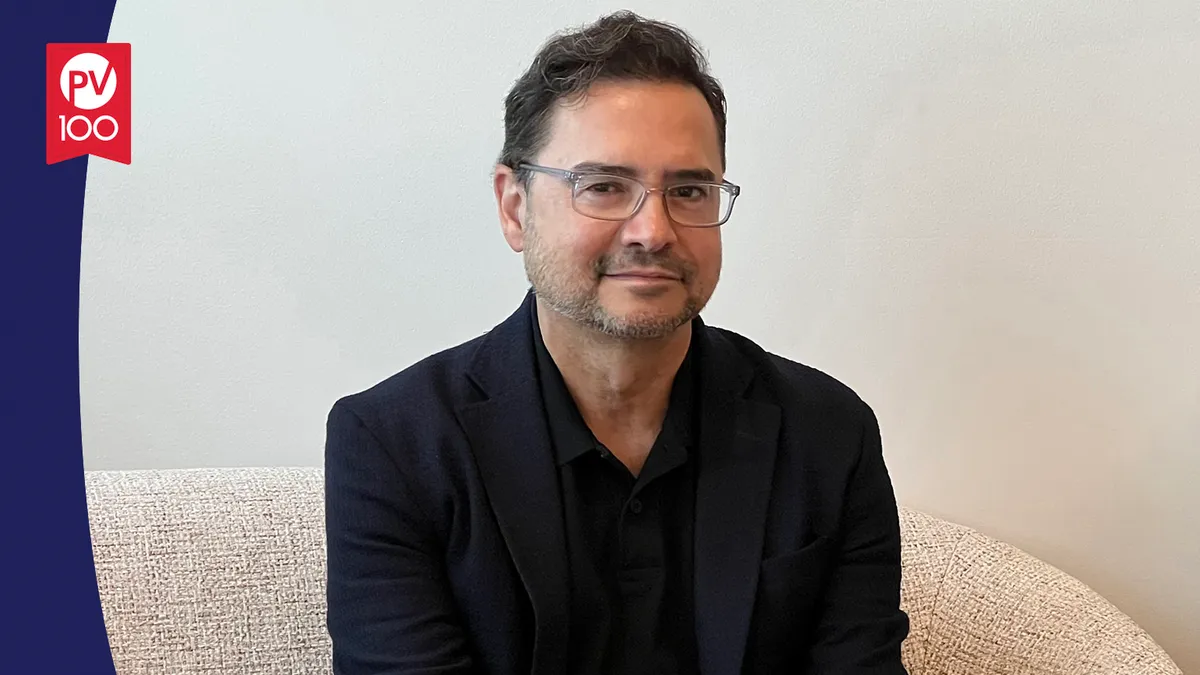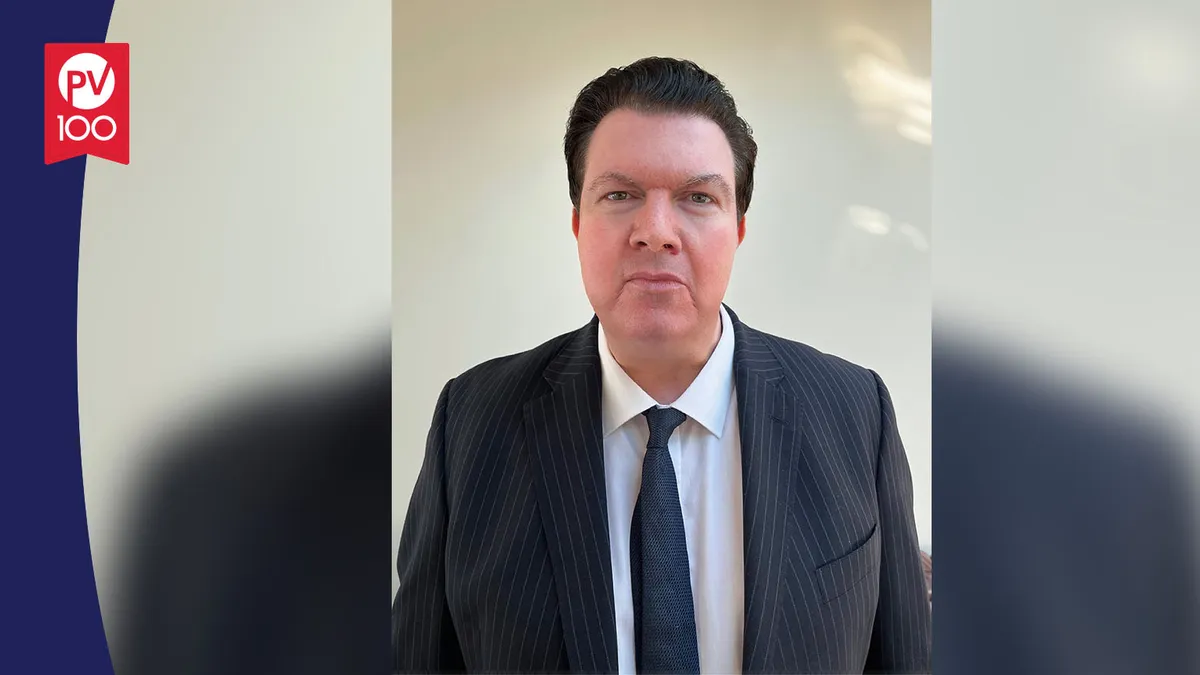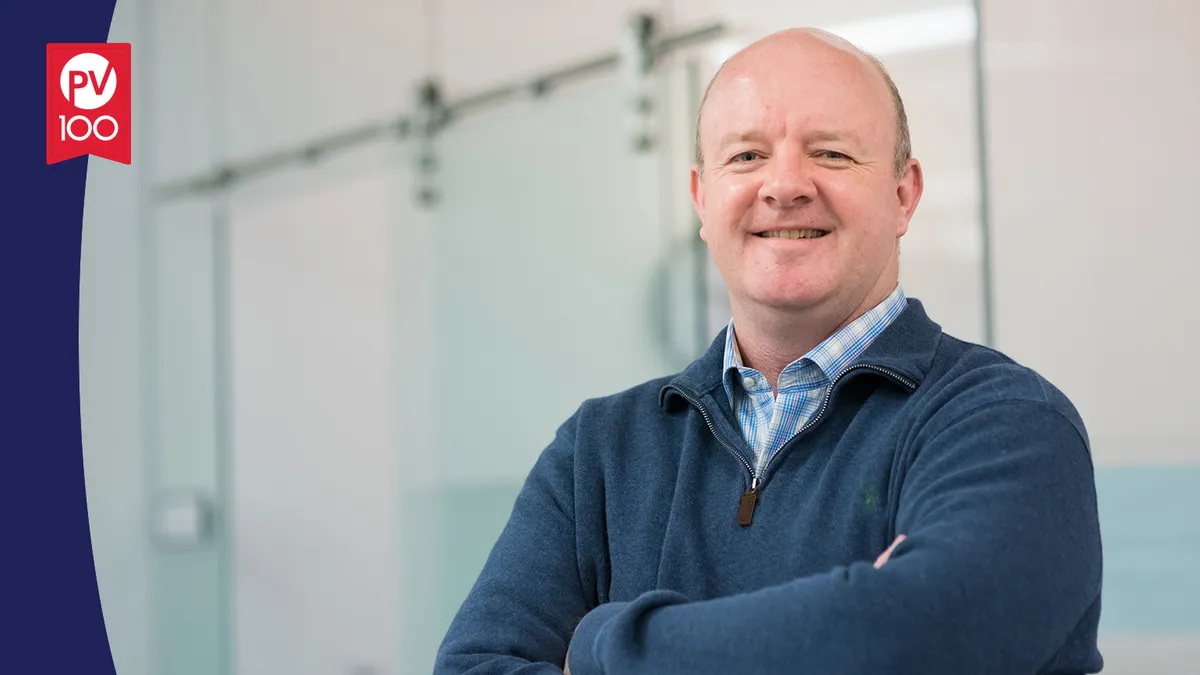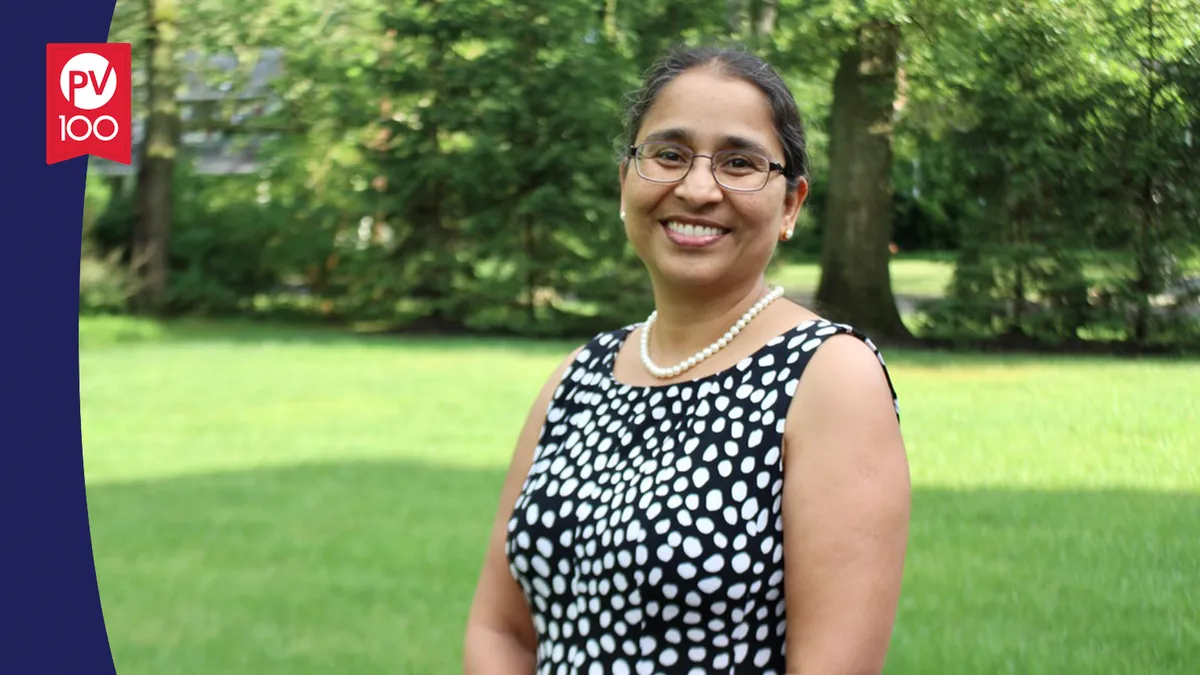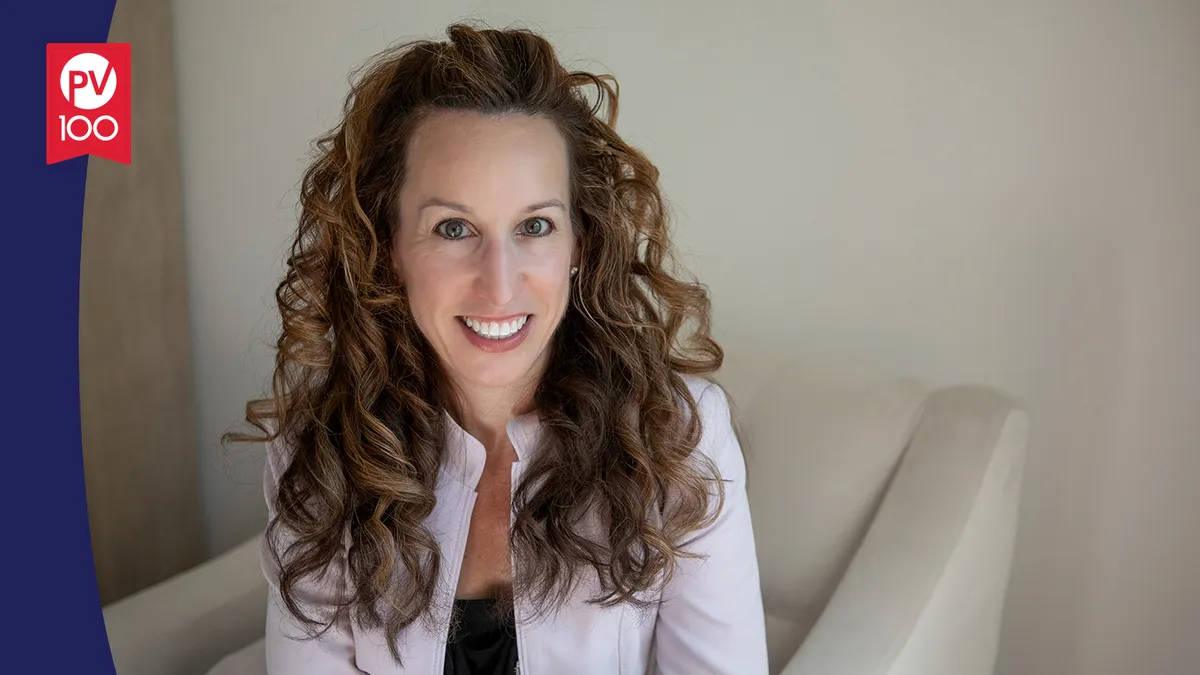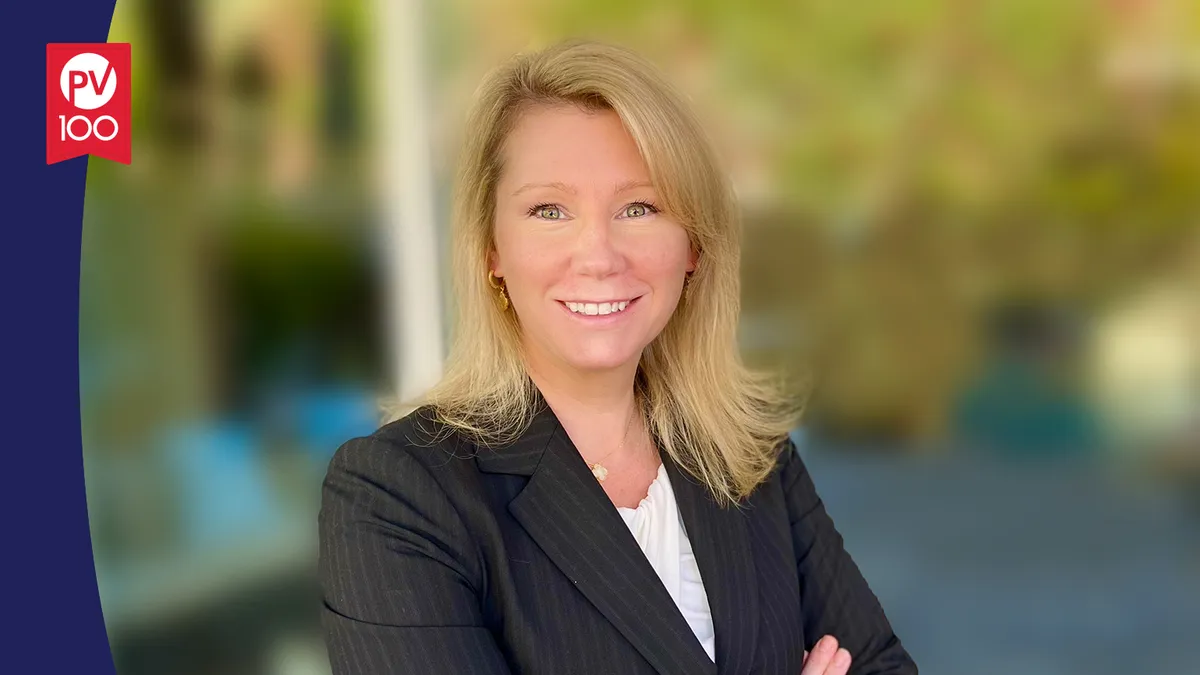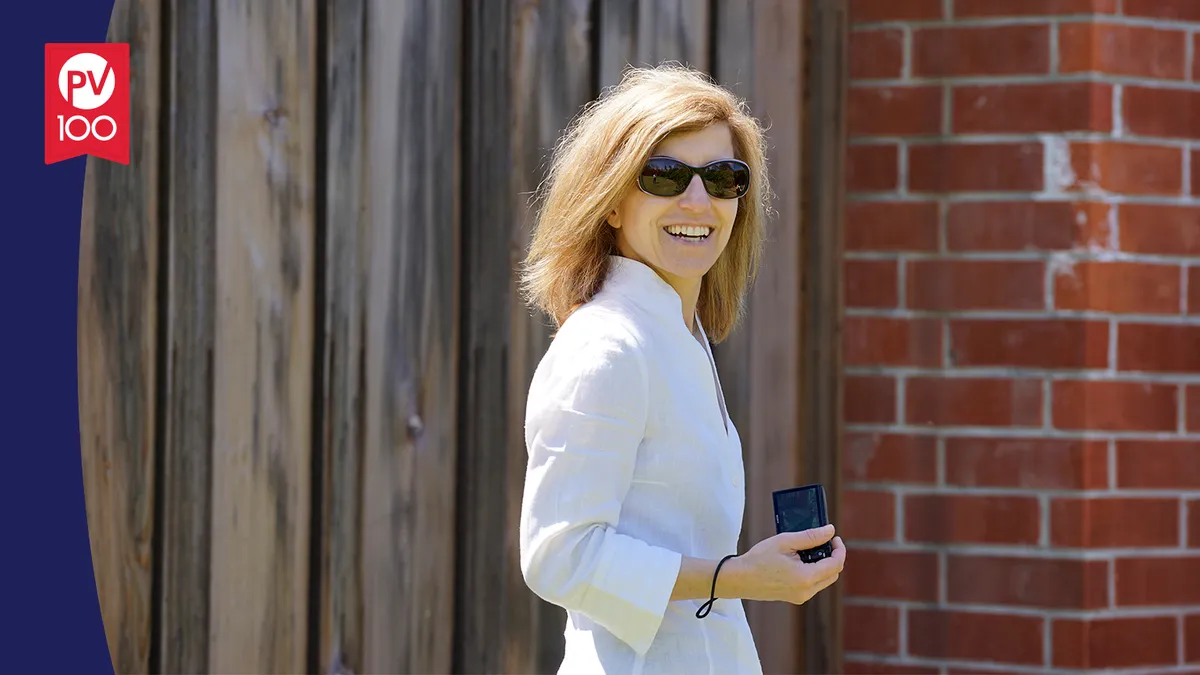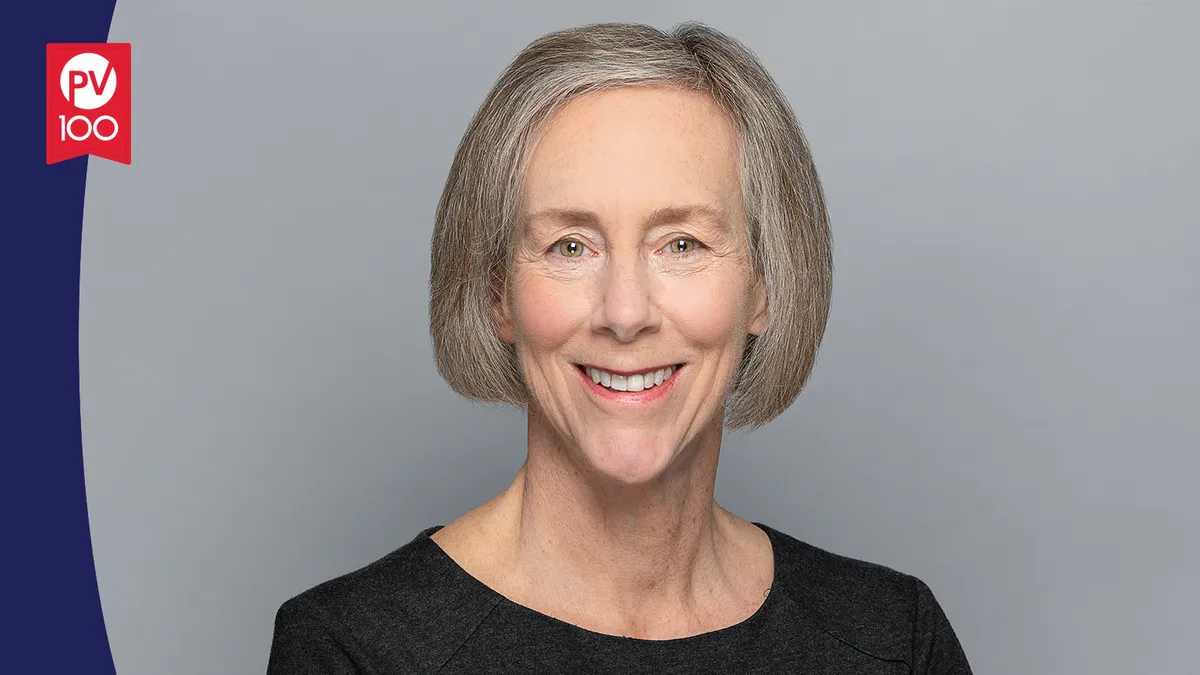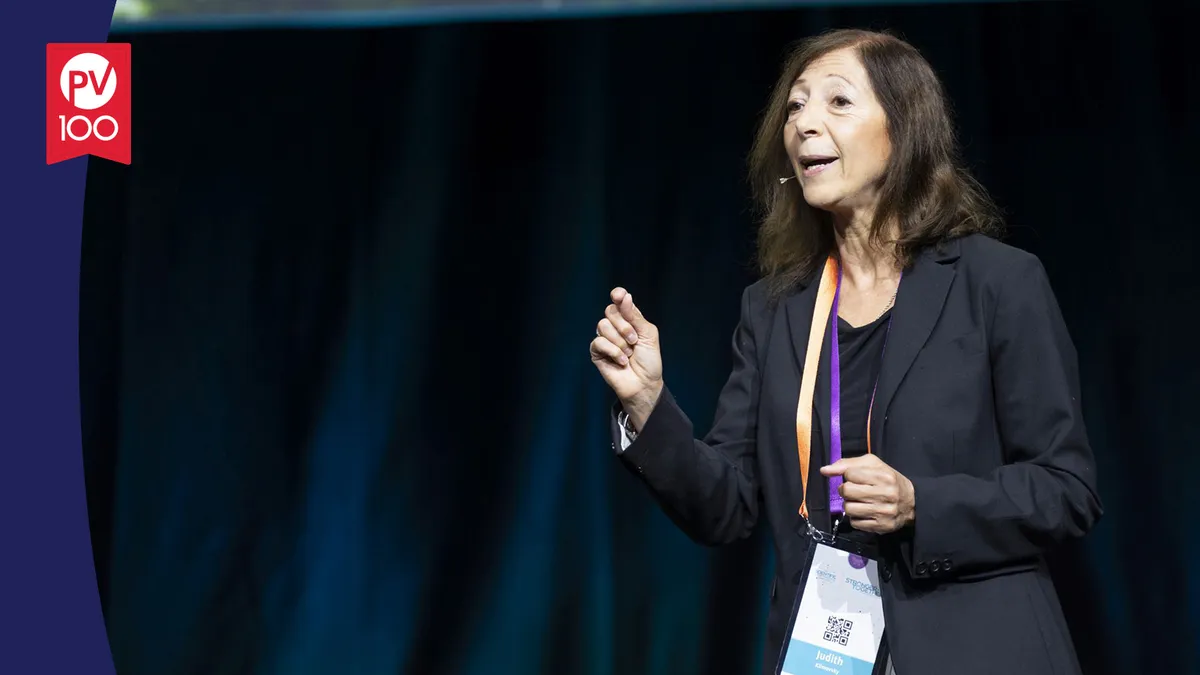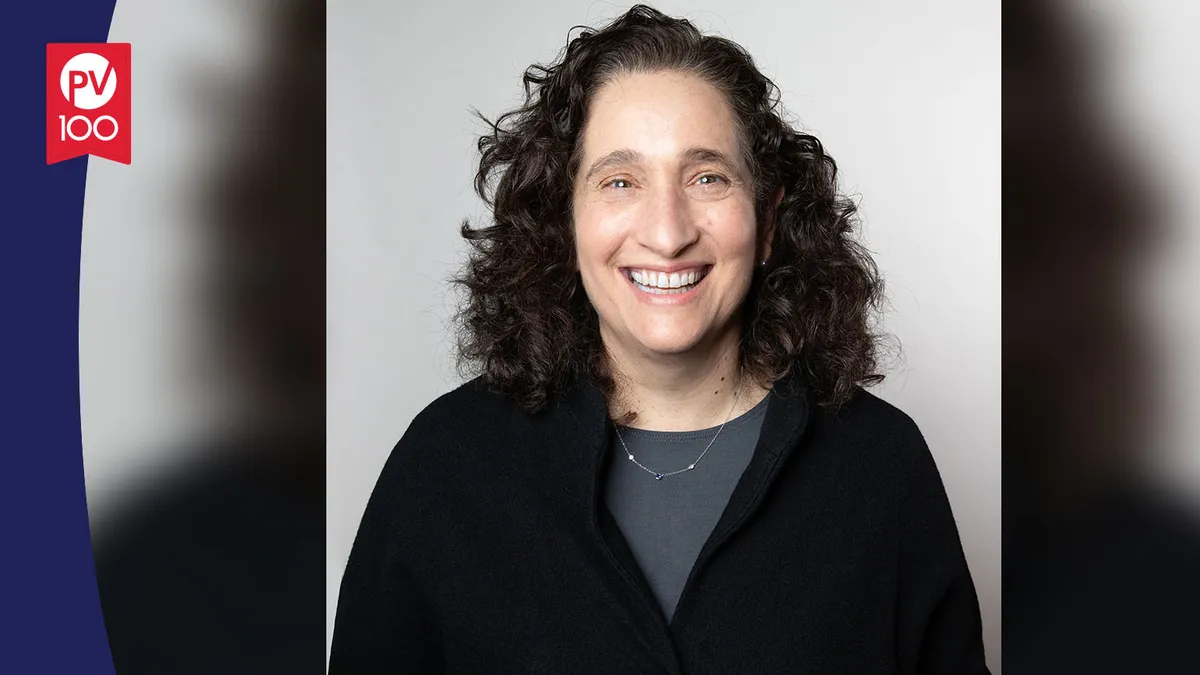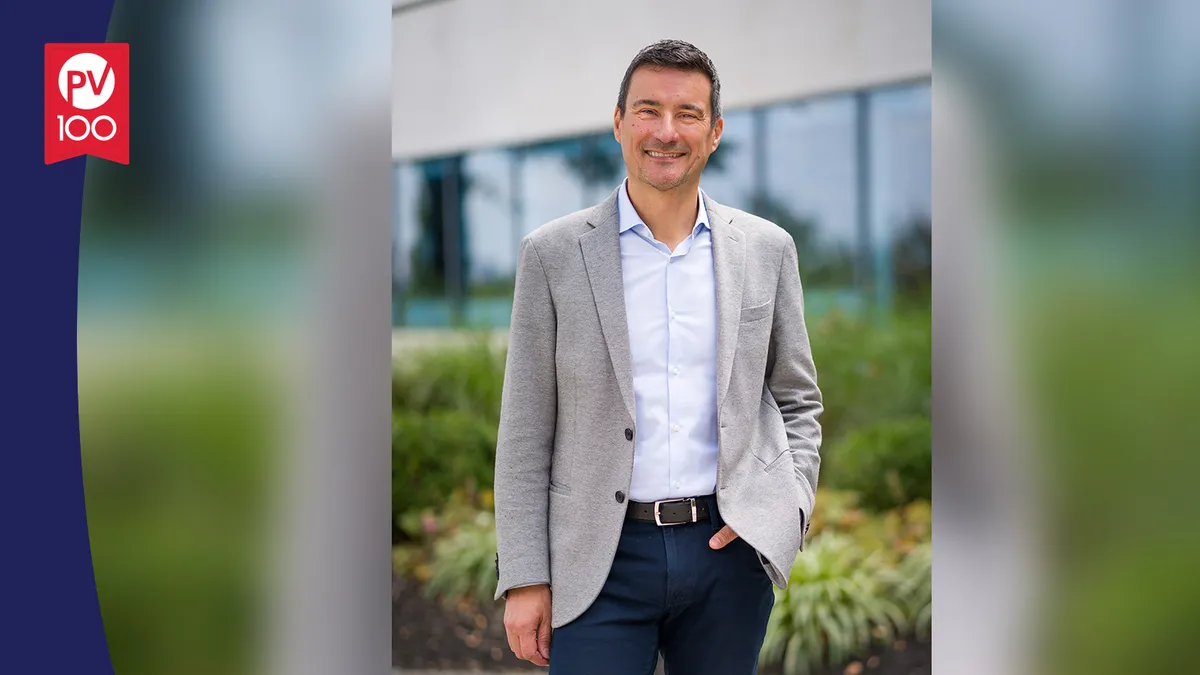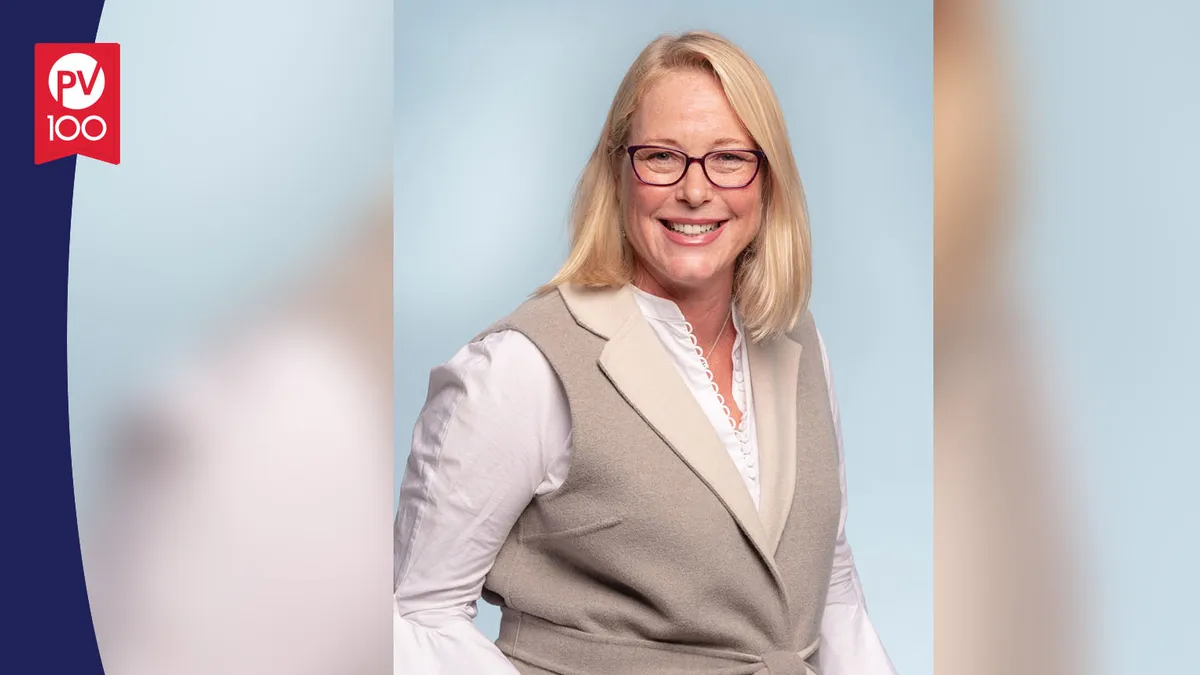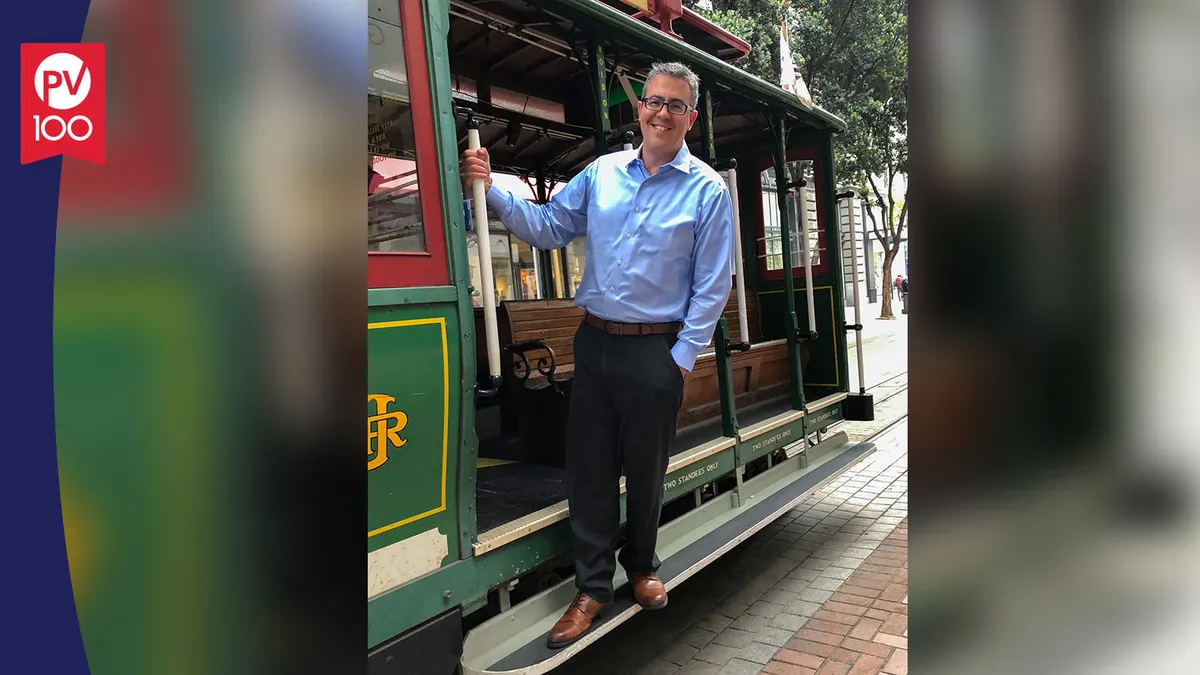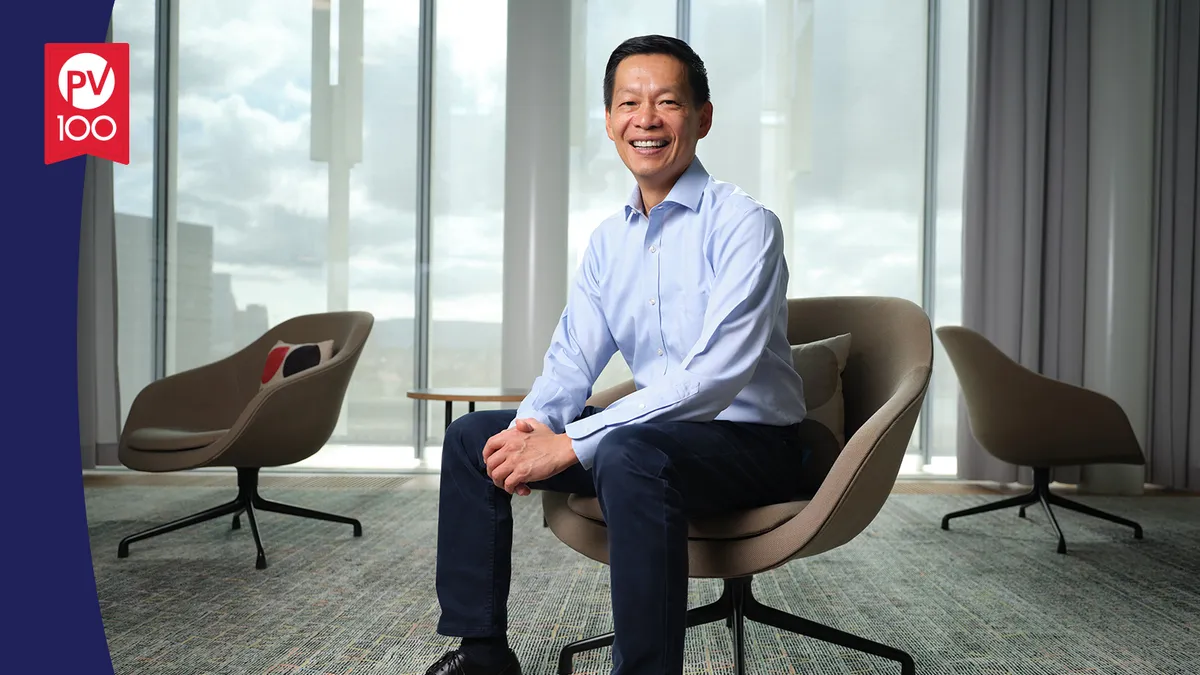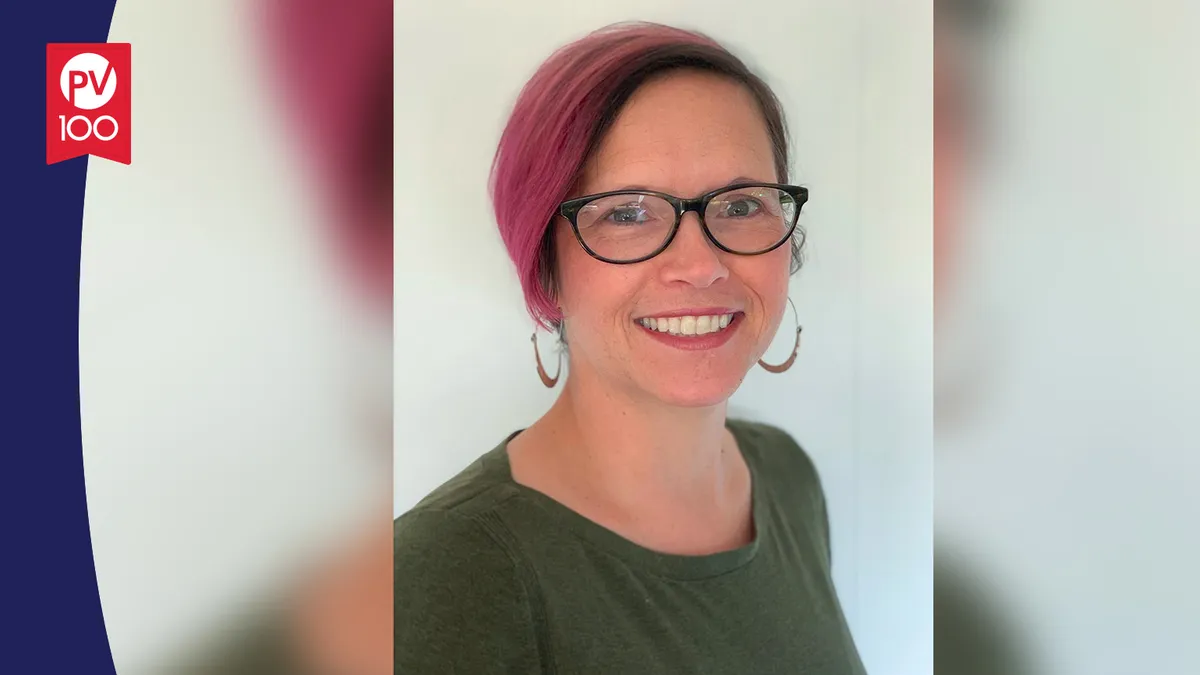Editor’s note: This story is part of our 2022 PharmaVoice 100 feature.
When the road is flat and without challenge, strength is rarely tested — it’s when the path gets bumpy and the terrain difficult that the strength to persevere shines through. For Takeda Pharmaceutical’s Julie Kim, that strength lies in her ability to bring people together.
Kim came to Takeda through the acquisition of Shire in 2019, bringing with her years of experience in manufacturing and commercializing plasma-derived therapies, the need for which has continued to grow globally to treat rare and complex diseases. Kim revived Takeda’s plasma business from the bottom up, led the development of a long-term strategy and secured significant investment for future growth; in short, she revitalized a business that serves a critical patient need.
Plasma was in high demand in the early days of the COVID-19 pandemic as a potential antibody therapy when Kim, now the company’s president of U.S. business unit and U.S. country head, saw an opportunity for Takeda — and its key competitors in plasma-derived therapies — to set their competitiveness aside and work toward the greater good. Thus began the CoVIg-19 Plasma Alliance, a group of plasma manufacturers who joined forces to develop a treatment for COVID-19.
“While the treatment itself was ultimately not successful, the collaboration enabled progress to be made more quickly and remains a model of how industry can set aside differences and work together for the good of patients,” a nominator says.
During the pandemic, every industry has had to step back and rethink what the workplace of the future could look like, balancing remote work with in-person collaboration. For Kim, it’s the same forces that brought people together in the first place that will be key in that transition.
“I’m comforted by the fact that we’re all in this together, working to crack the code,” Kim says. “That creates a wonderful opportunity to learn from each other and do some experimentation as we try to figure out the right mix.”
And this means building teams with diverse and complementary knowledge, “regardless of title, experience, ethnicity or gender,” her nominator says.
“As a child of immigrants herself, [Kim] often shares that she felt she had to work extra hard to understand her peers’ viewpoints because they were so different from her own,” her nominator says. “She has translated that into the business world by being a superb listener, always showing a willingness to hear from a variety of perspectives.”
“My leadership style is to engender trust, foster curiosity and provide caring support in order to unleash the potential of an individual, team or organization.”
Julie Kim
President, U.S. business unit and U.S. country head,Takeda Pharmaceutical
Here, Kim discusses what drives her as a healthcare leader and what she would tell leaders of the future.
PharmaVoice: What is the single most important area of focus in healthcare?
Julie Kim: One area that is gaining momentum and is a critical focus for us, as well as for the entire industry, is health equity. We know this is a very complex and complicated topic because there are deep injustices, traumas and barriers that cannot be fixed quickly. To even take a step towards making healthcare more equitable, we must take a community-based, holistic approach, and we must have the humility to ask the right questions and admit what we don’t know.
We must not assume the needs of any two communities are alike — there will be no one-size-fits-all solution. We must be inclusive not just in our leadership but in the partners we seek out to help us address these challenges. No one organization alone will solve these monumental challenges, but together, we can take a small step in the right direction towards better health and a brighter future. A good example of this is a recent partnership known as Equitable Breakthroughs in Medicine Development, between Yale School of Medicine, Morehouse School of Medicine and Vanderbilt University Medical Center, funded by a grant from PhRMA. This first-of-its-kind program aspires to build a network of local clinical trial sites that meet patients where they are while removing local barriers to participation for underserved and vulnerable communities. It’s more partnerships like this that will make meaningful progress.
What new leadership skill have you honed in the last two years that you will continue to bring forward?
Listening is a skill I’ve been honing my whole life, but over the last two years especially, I’ve had to refocus on this valuable skill to do it effectively in an entirely remote location. We are still working through truly remarkable times, and as we tackle business challenges that we’ve never faced before — whether launching a medicine in a ‘virtual’ way or establishing a hybrid office-and-remote working environment — I’ve found that my decision-making is better when I bring more voices to the table and when I take the time to hear varying perspectives. I try to really listen to the answers when I ask questions versus thinking about how I can respond to what is being said. I will definitely be carrying forward the new listening skills I honed during the pandemic.
How are you paying your success forward?
I am a strong believer that as a woman of color in the C-suite, I have a responsibility to support other up-and-coming leaders through both my words and actions. I know that when I ask an emerging leader for their perspective in a meeting or tap them to lead a project, that moment of sponsorship will stay with them and bolster their growth. As I’ve learned throughout my career, when I’ve normalized positive and productive activities and behaviors, and demonstrated inclusivity, it opens the door for others to thrive by bringing their authentic selves to work, and that benefits us all.
What’s the most meaningful item on your desk?
A Daruma doll that was given to me when I started my current role. A Daruma doll is a traditional Japanese doll, which in Japan has become a symbol of perseverance and luck. Typically, it comes with the eyes blank. You think of a wish, fill in one eye and when the wish comes true, you fill in the other eye. My wish has multiple components that include talent, culture, and diversity, equity and inclusion objectives, as well as financial performance.
What is your key piece of leadership advice?
My advice is twofold. First, embrace differences by listening and making space for new perspectives and ideas. Second, when given a choice, choose the more difficult option and accept the challenge. It will be uncomfortable, and you may make more mistakes, but you will learn more and be a better leader because of it.



